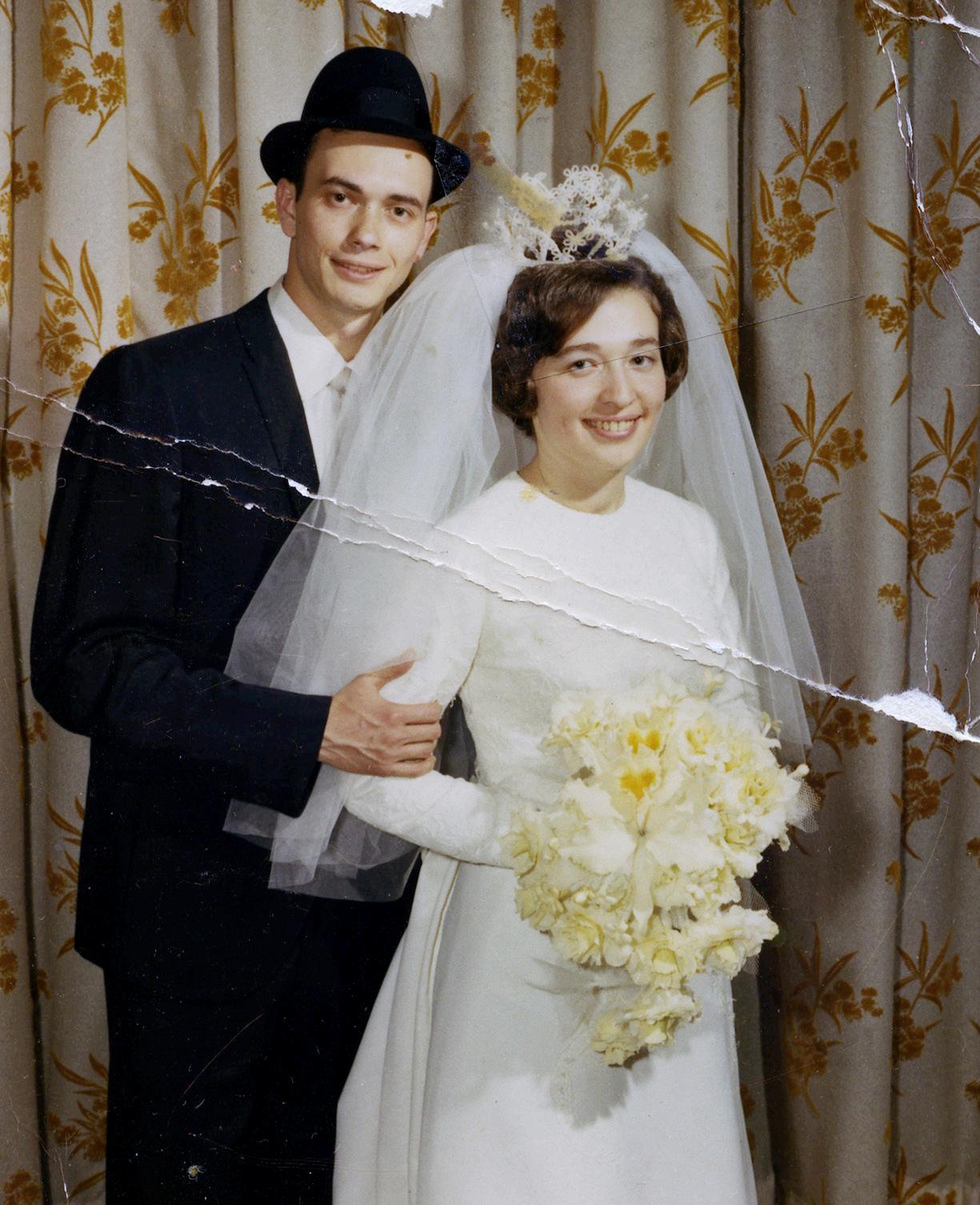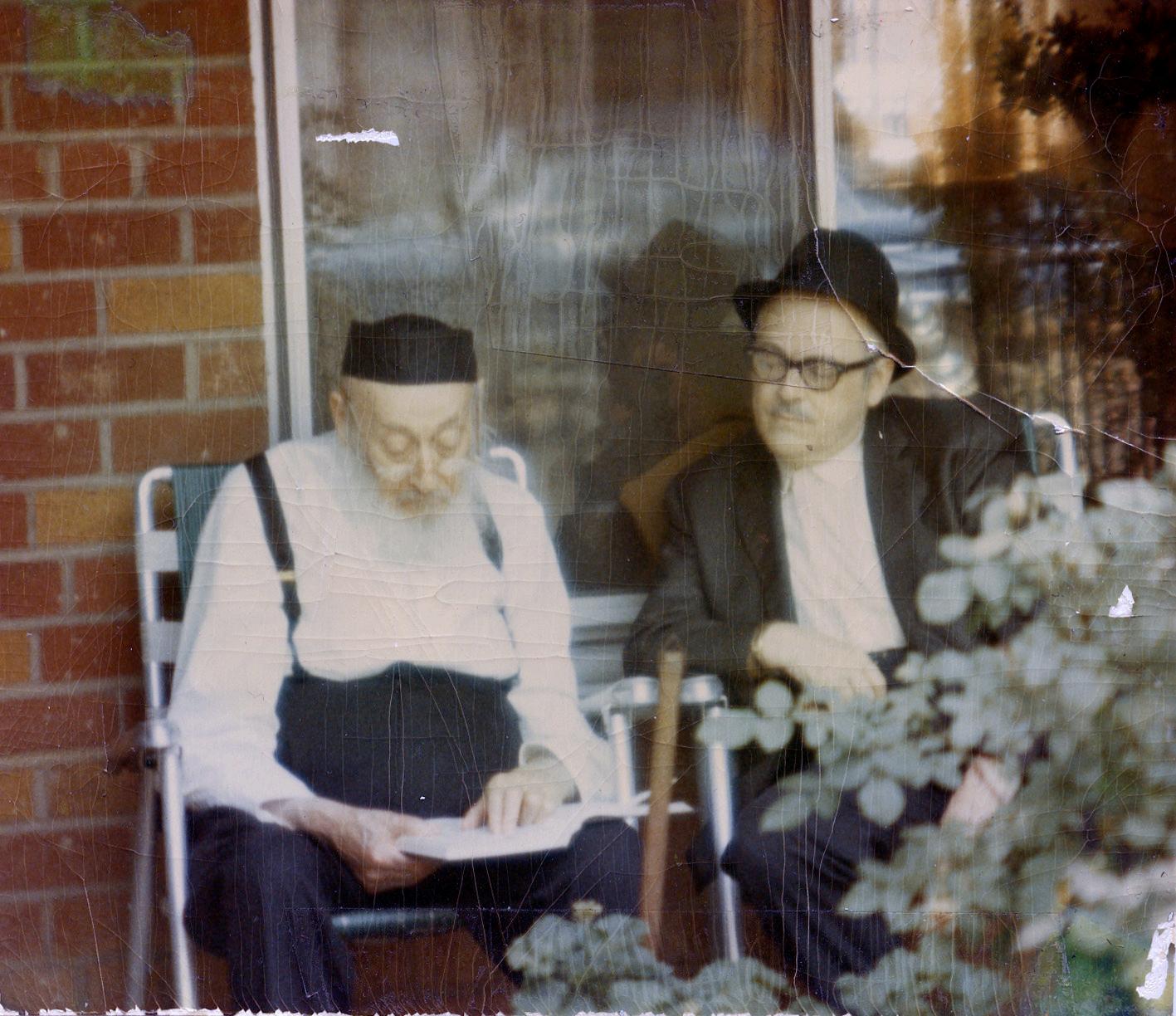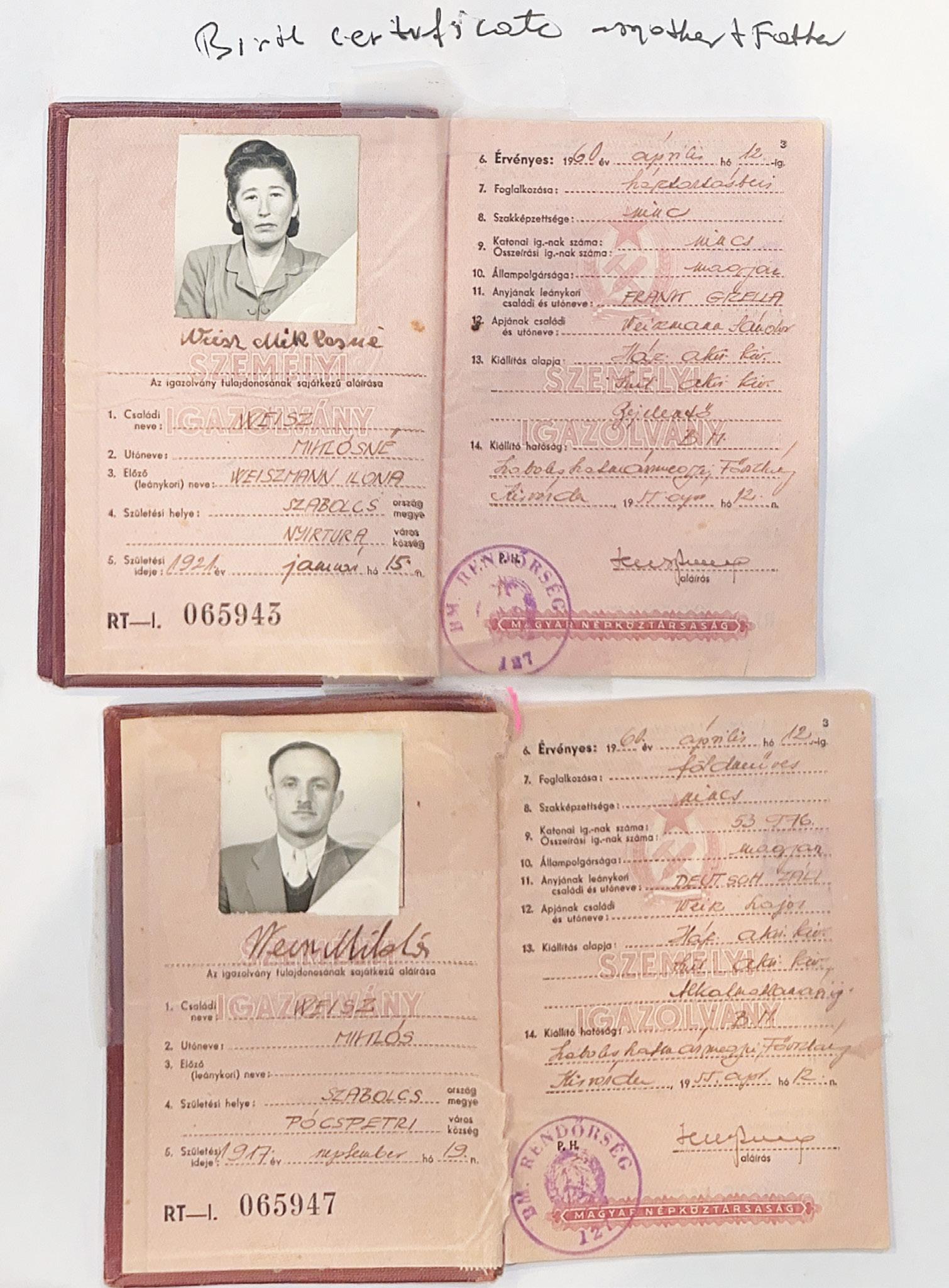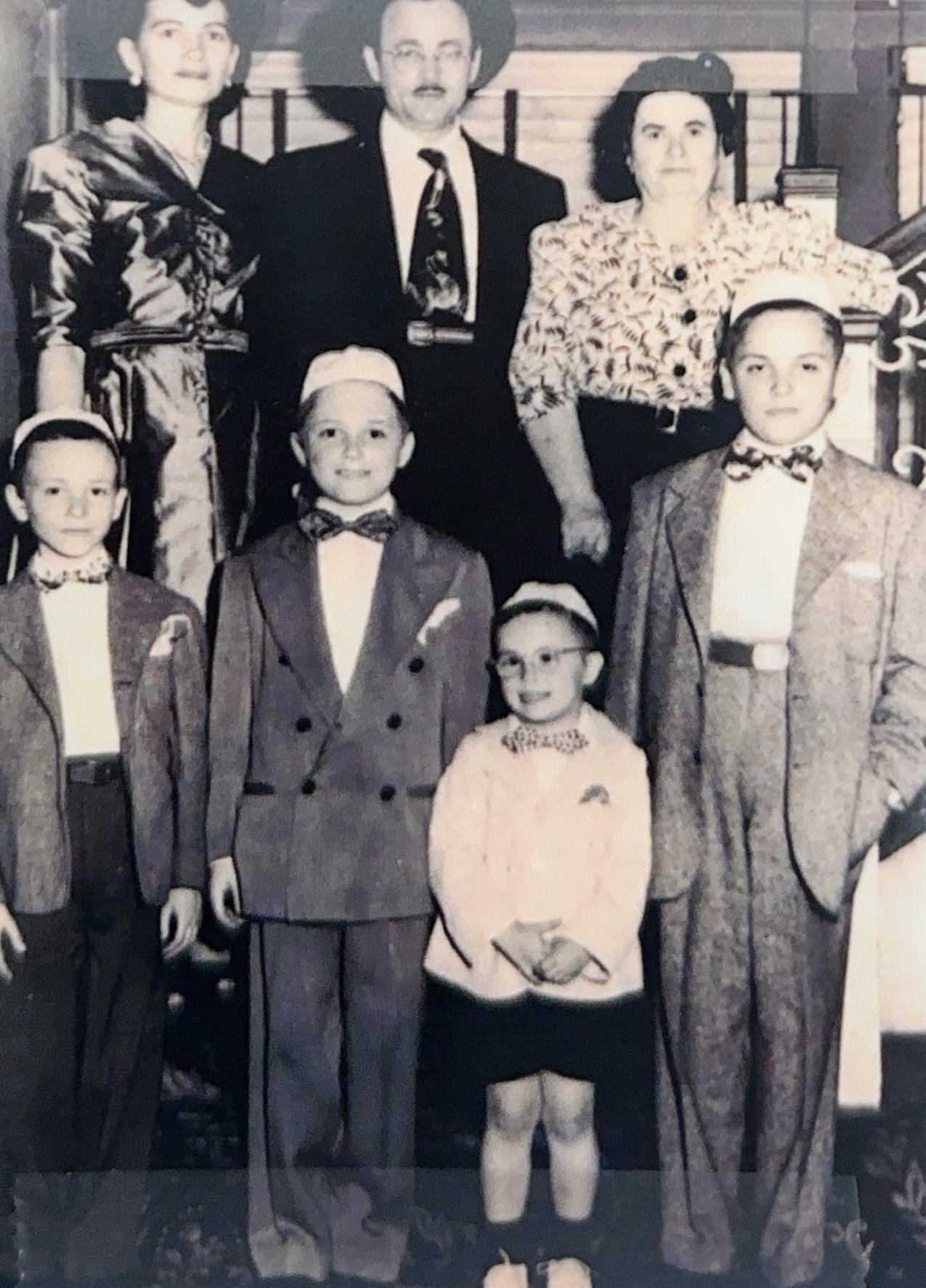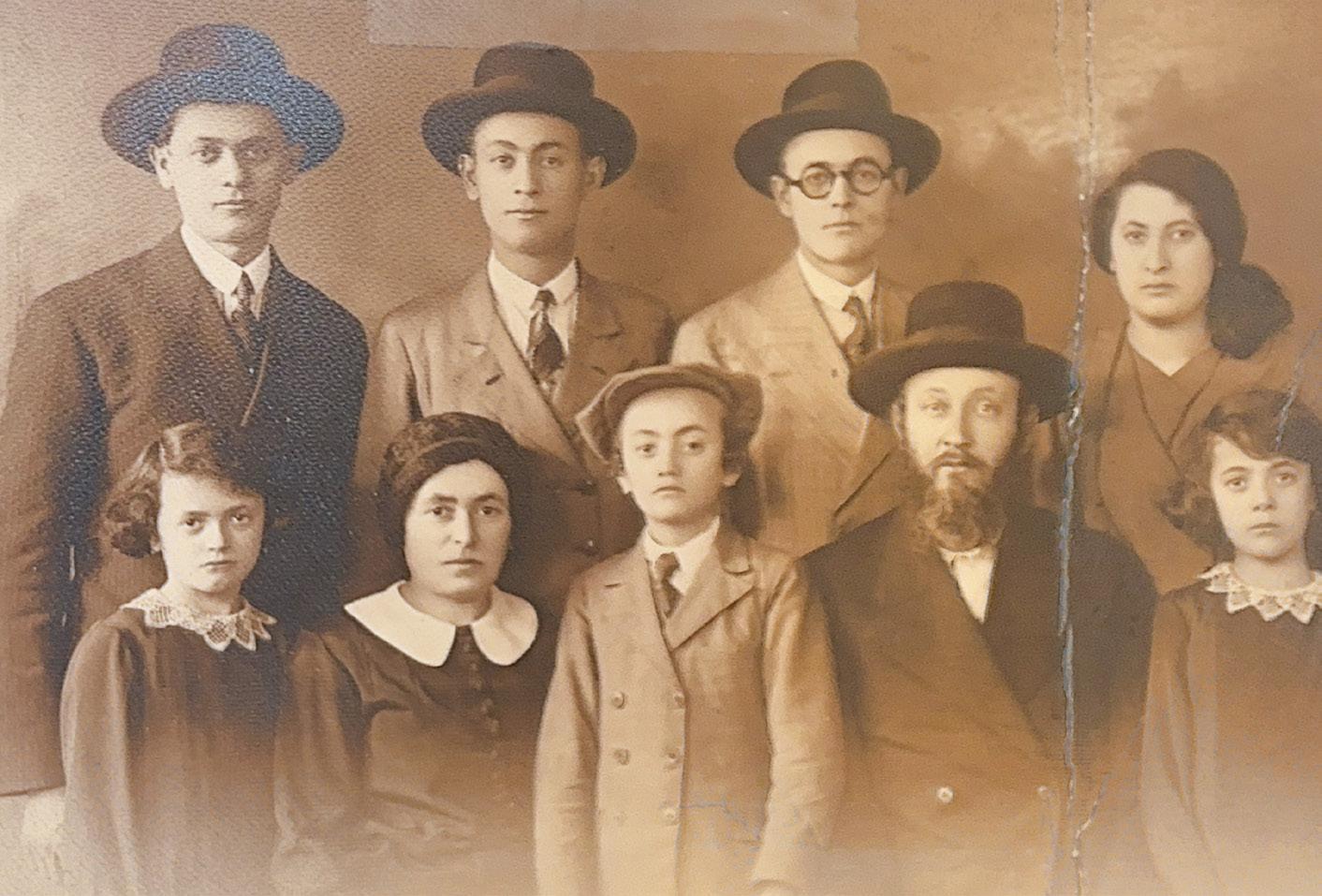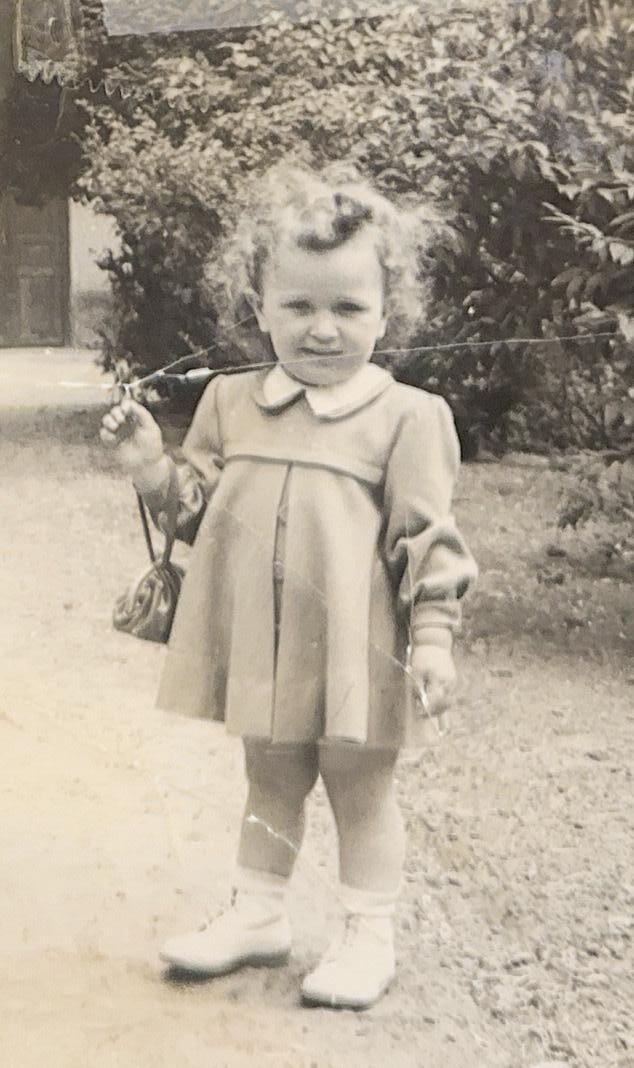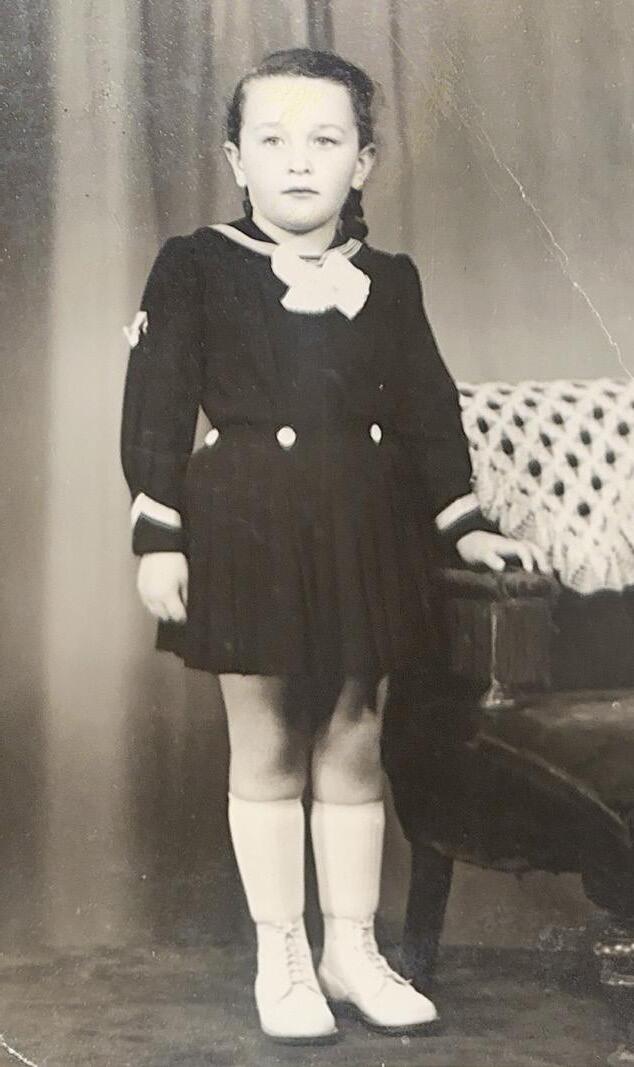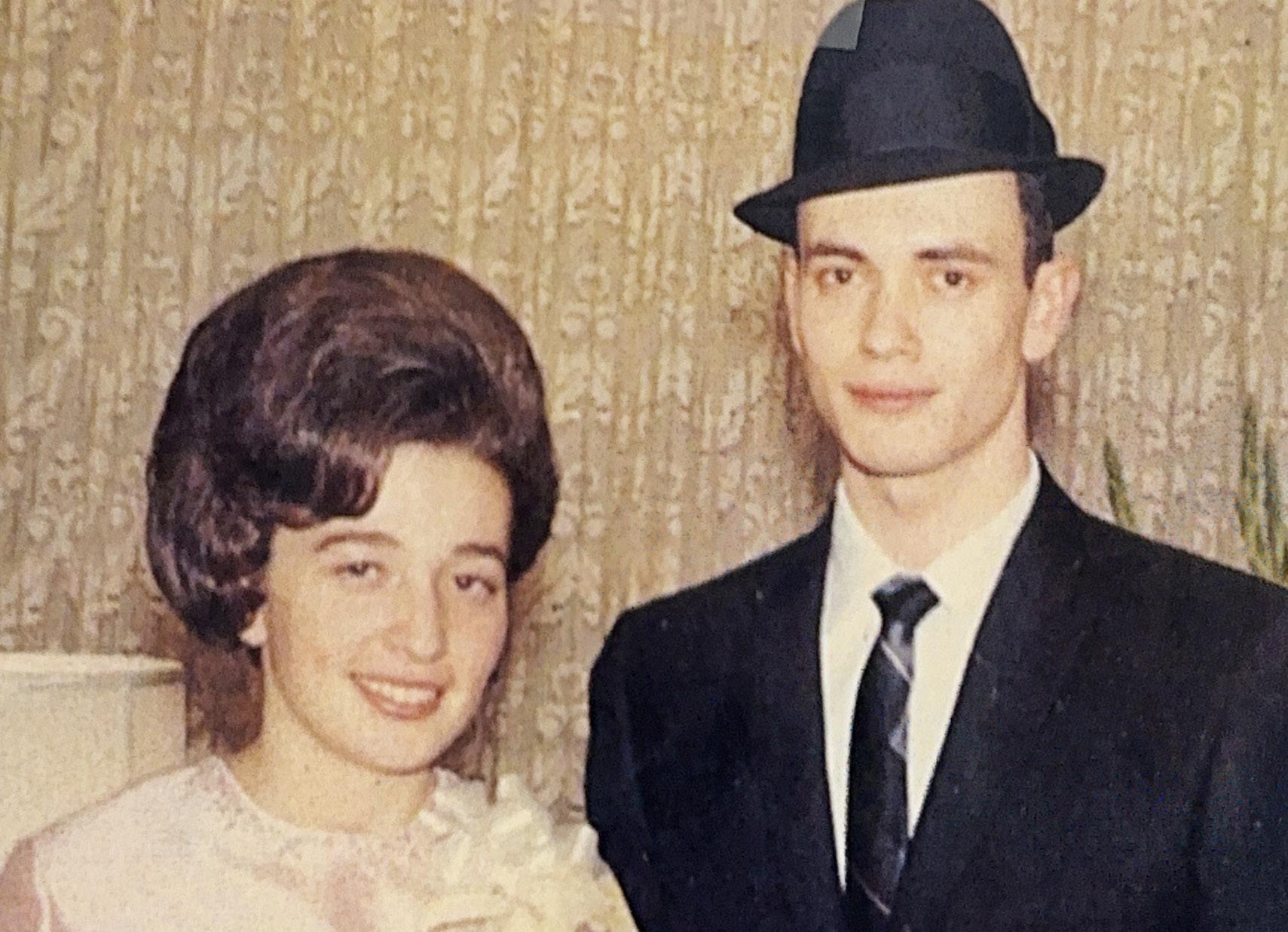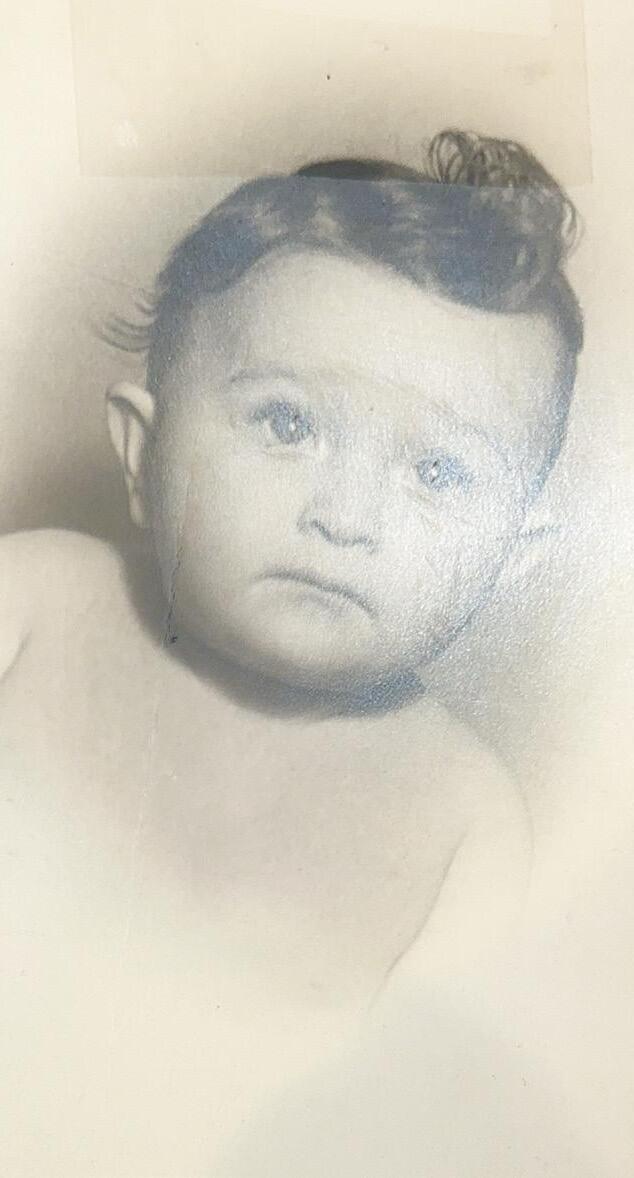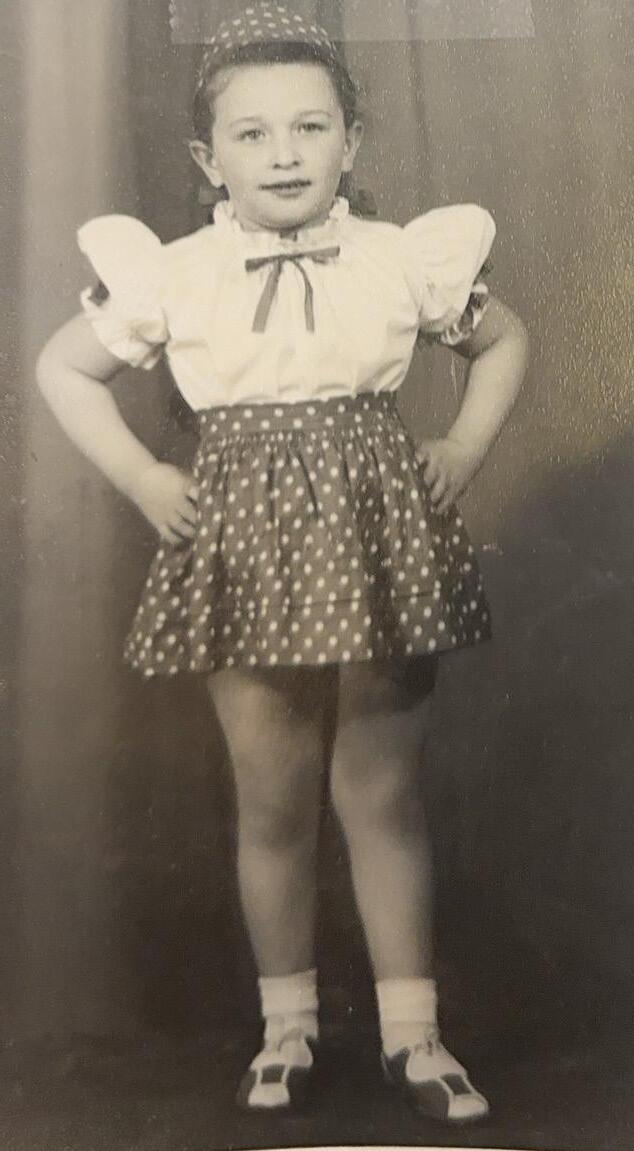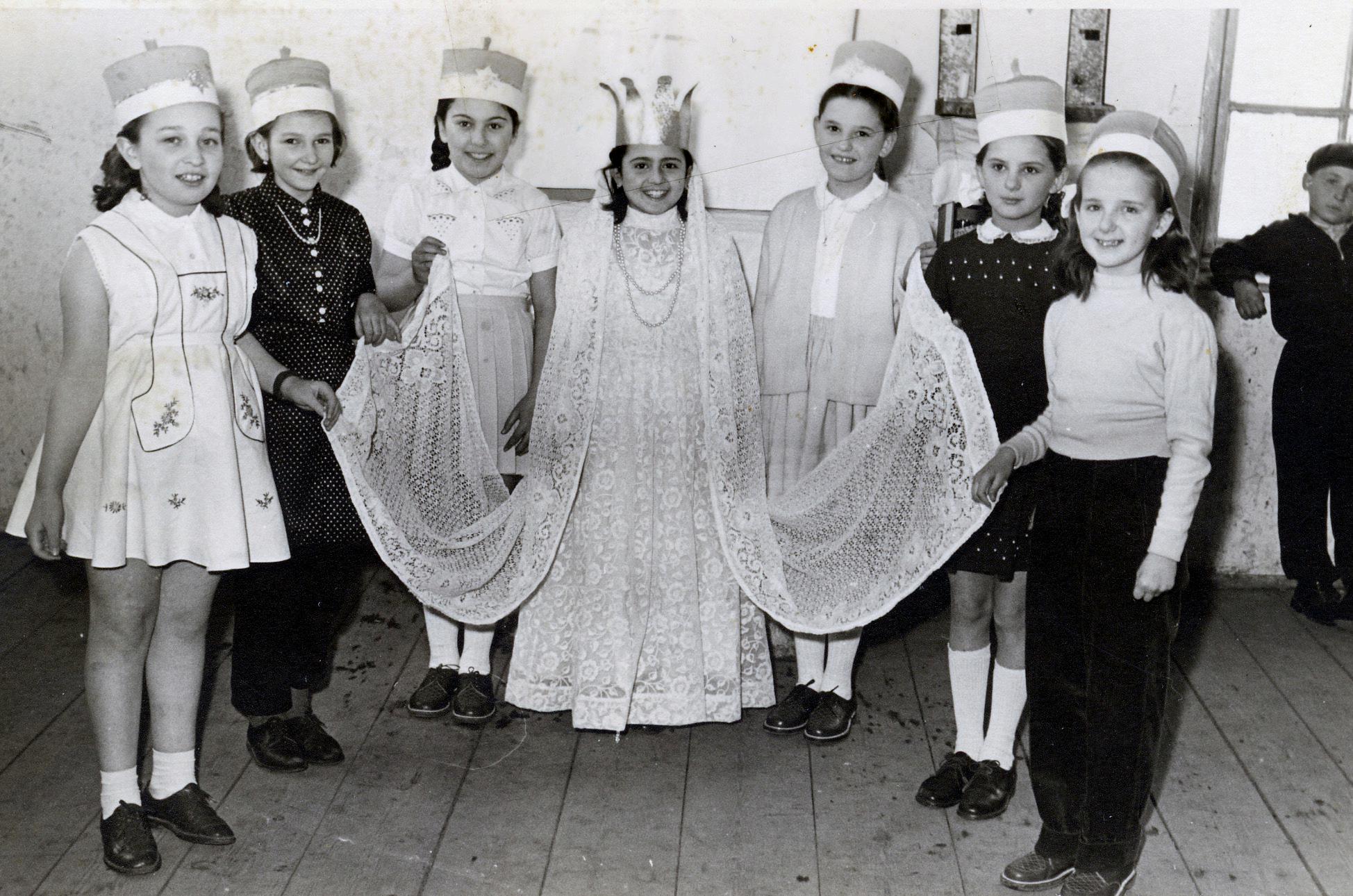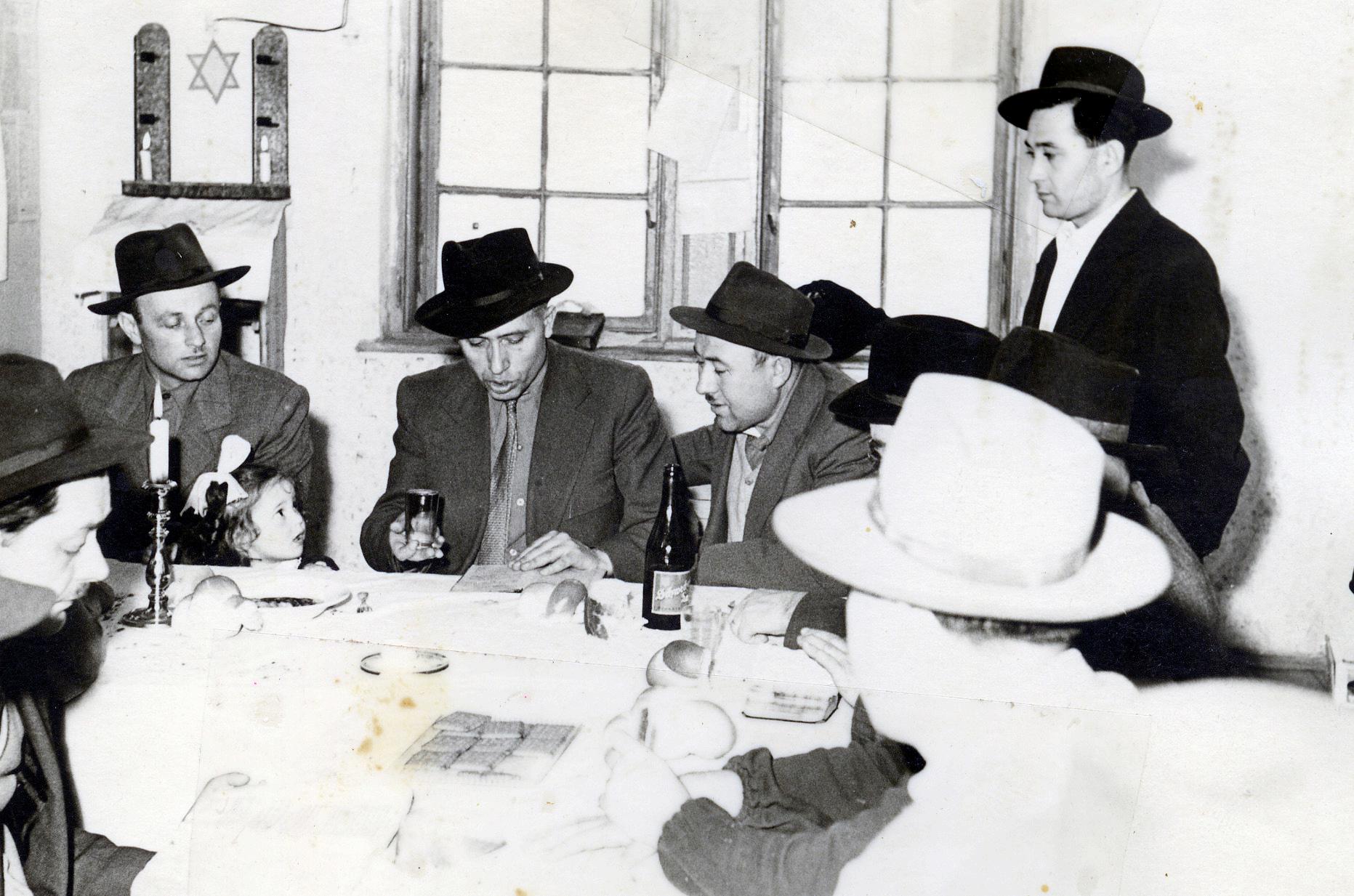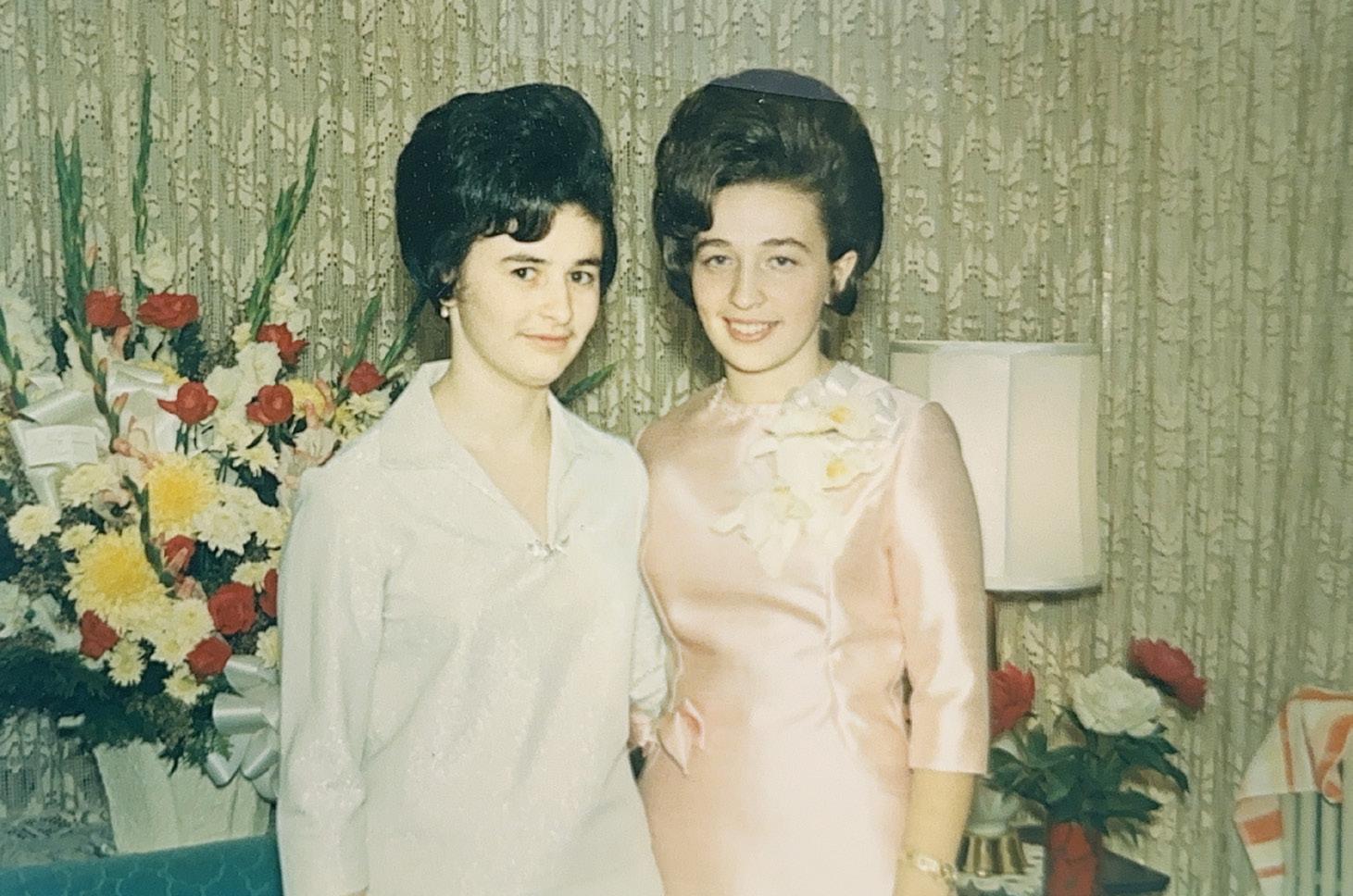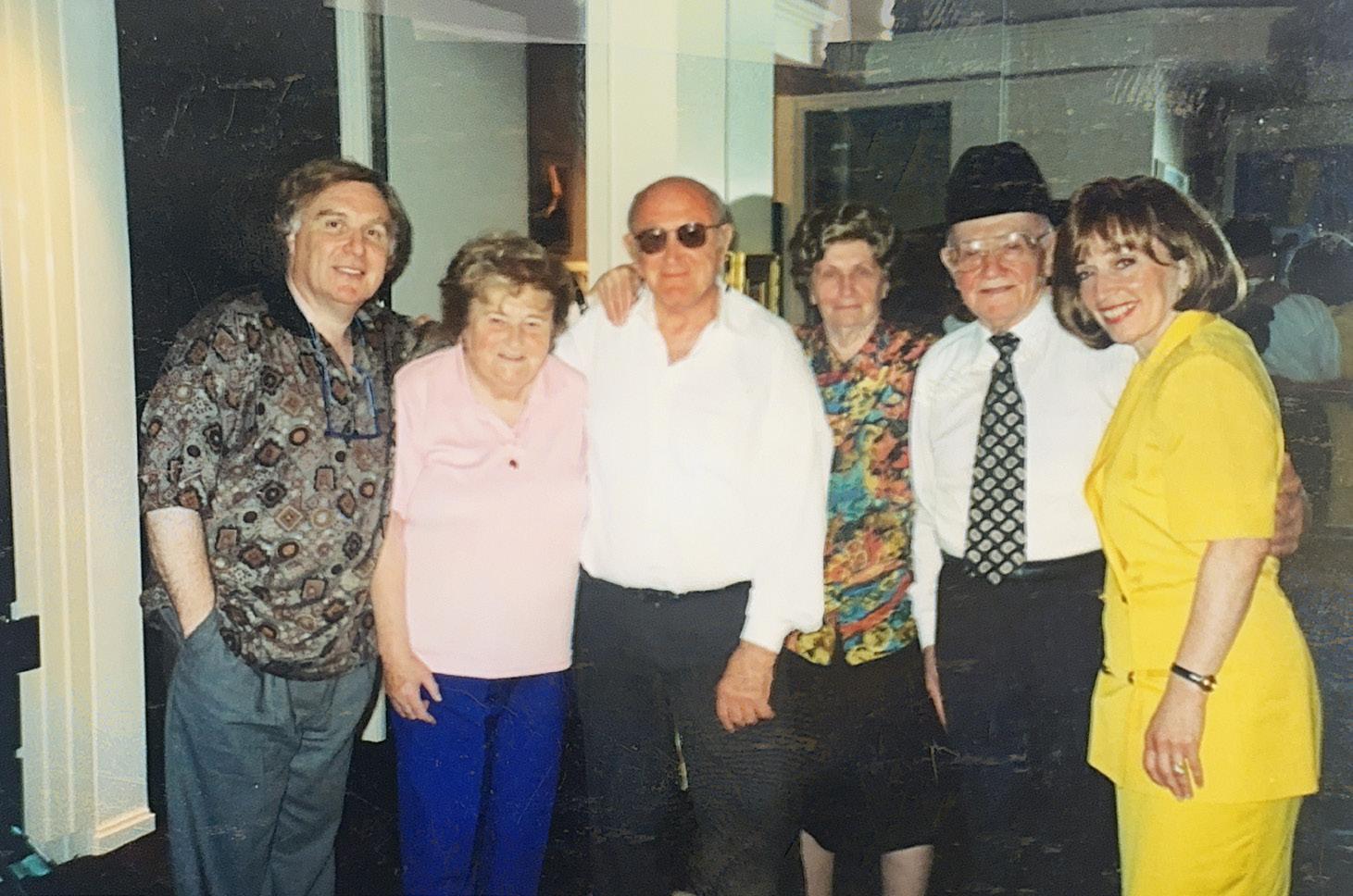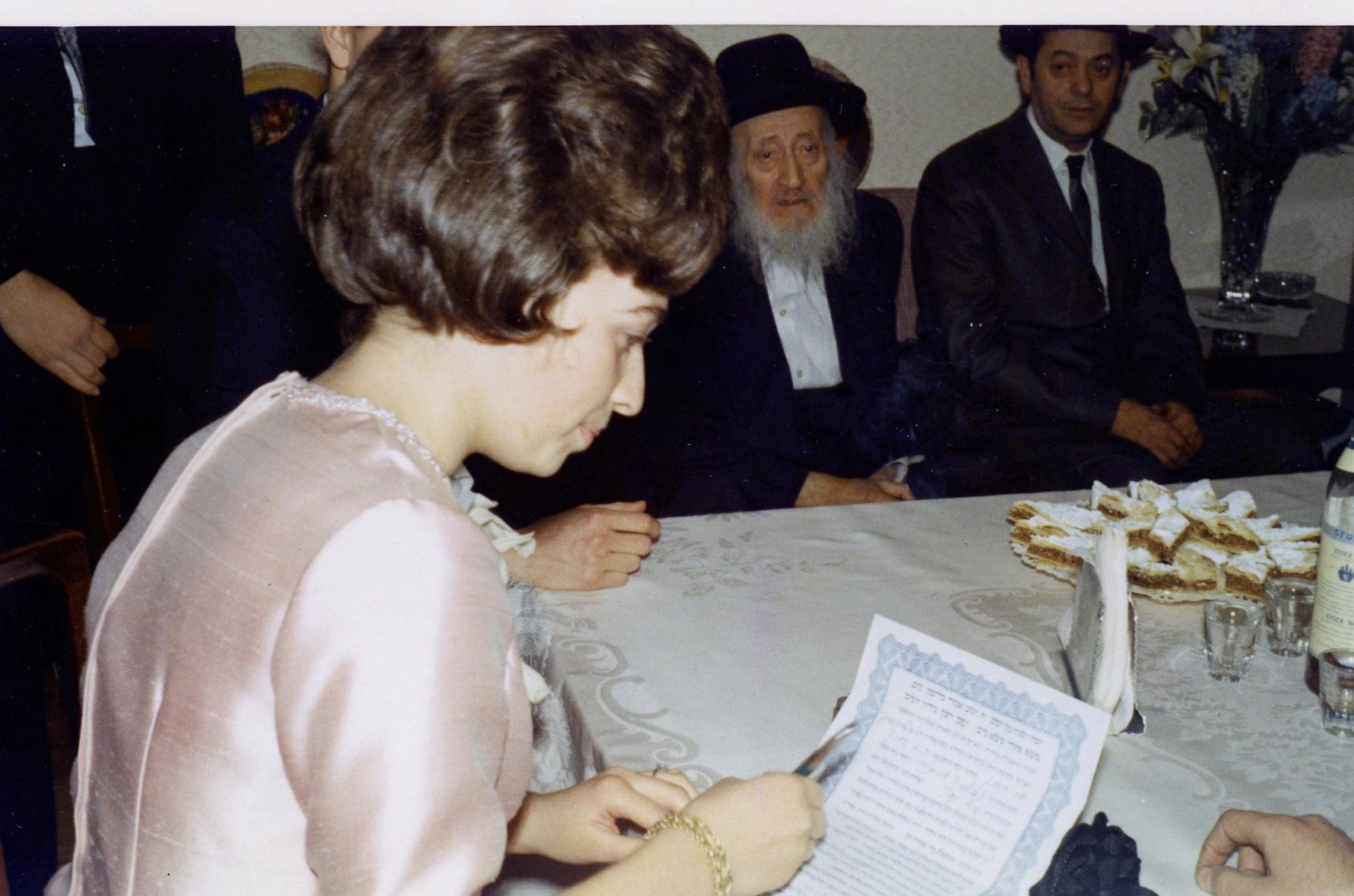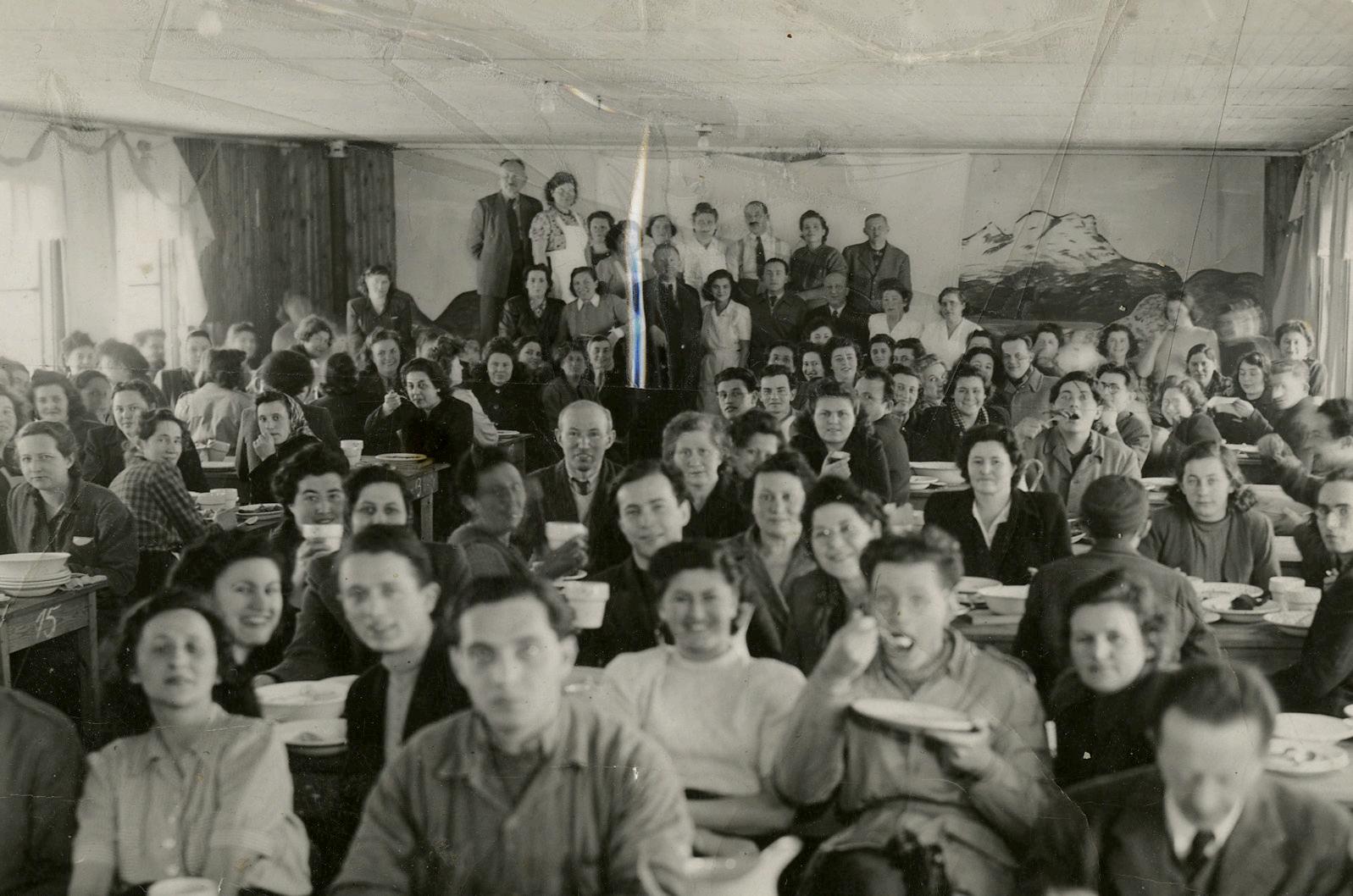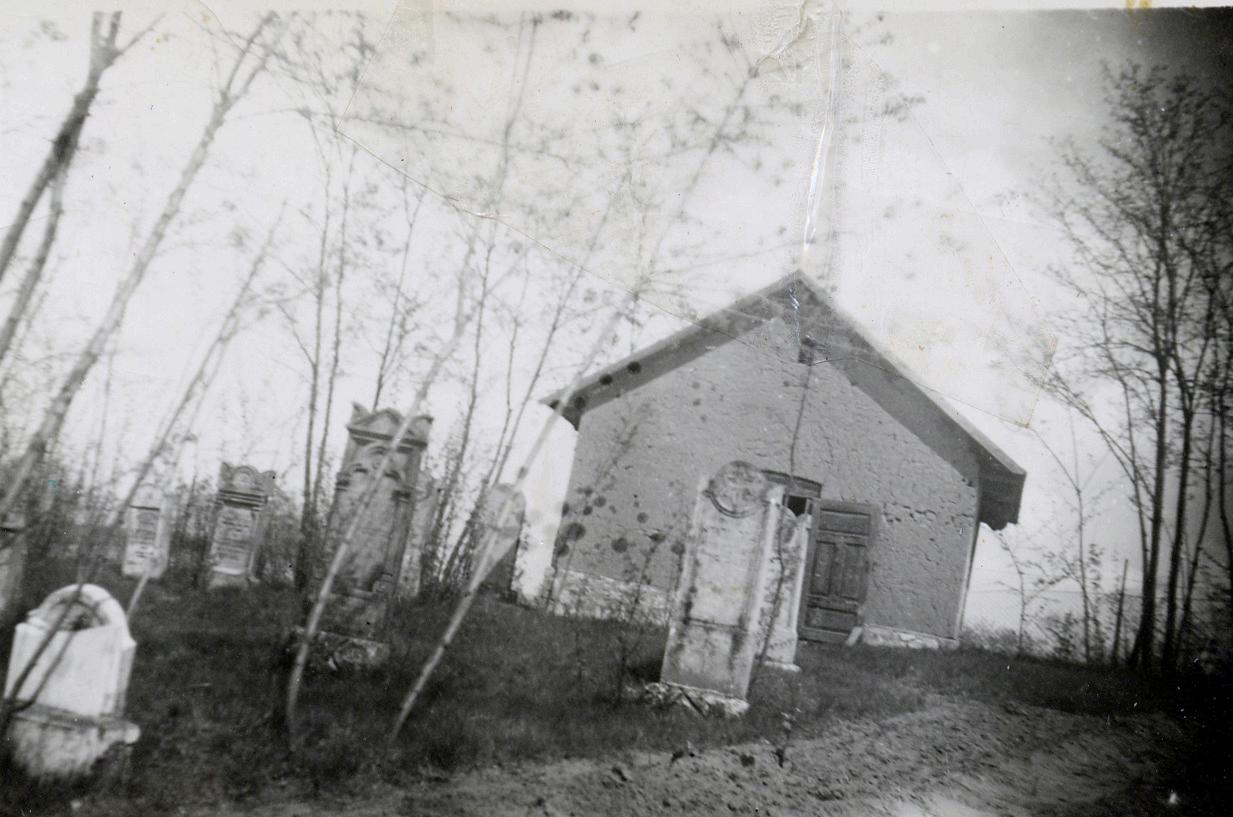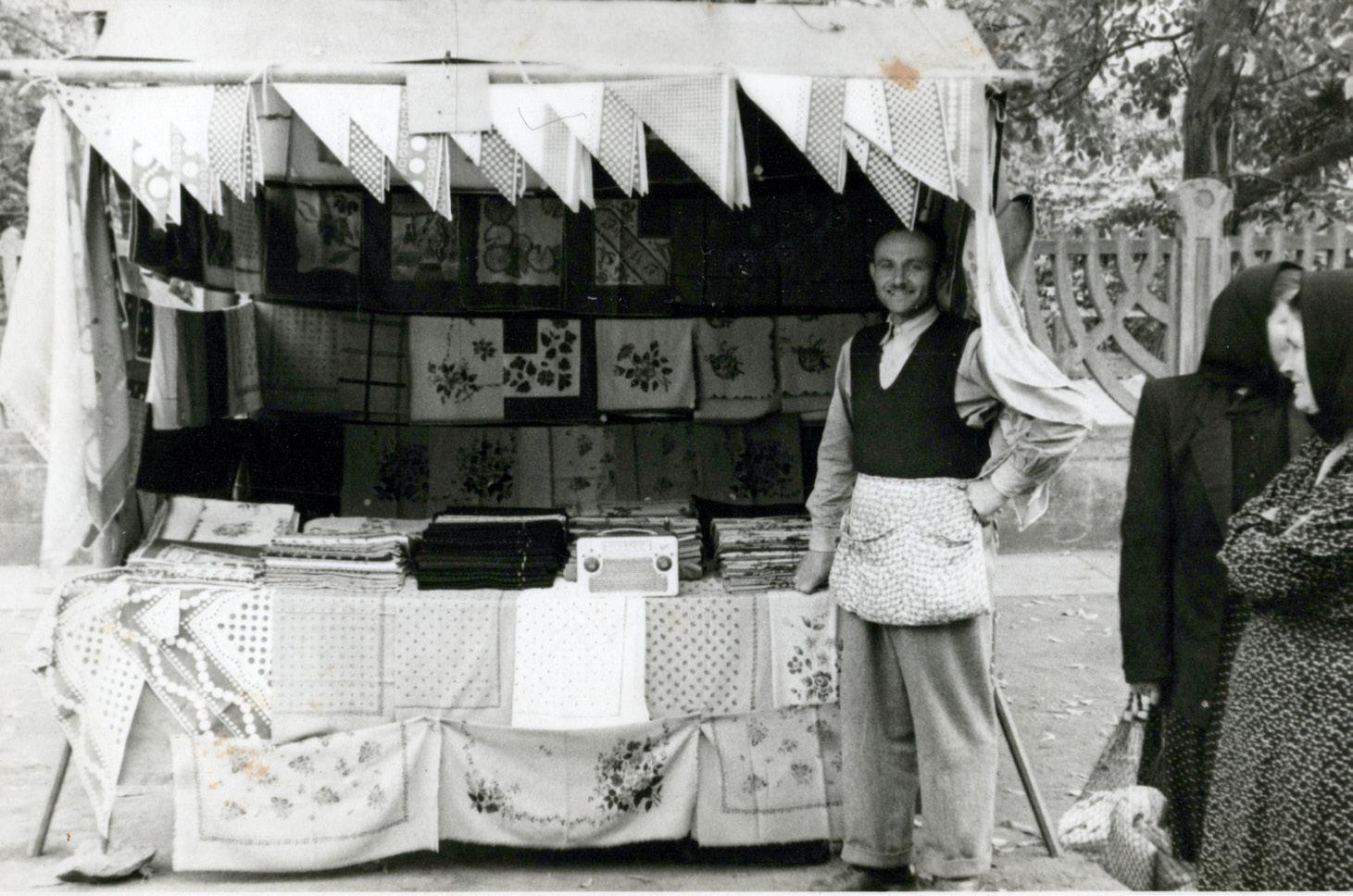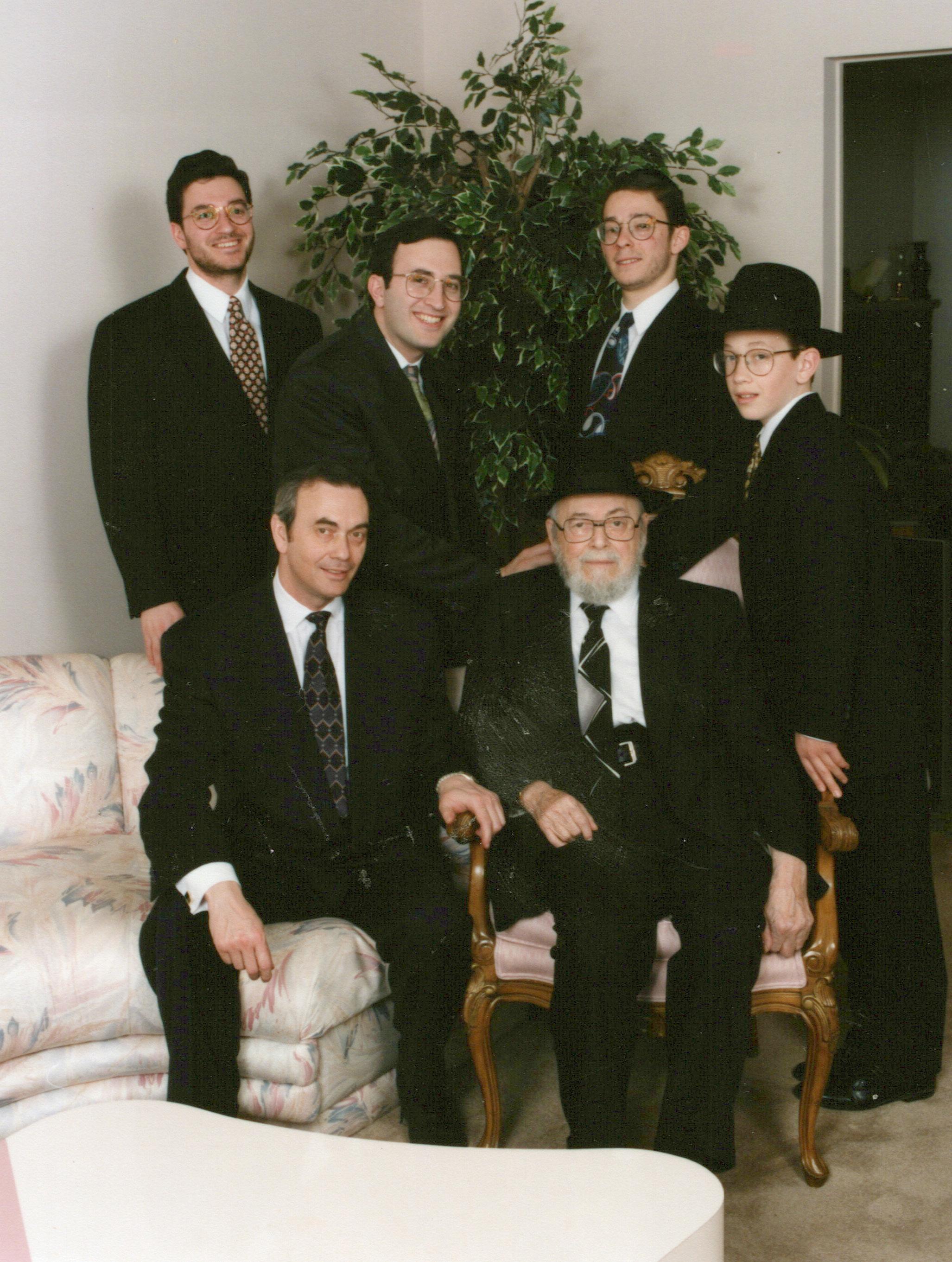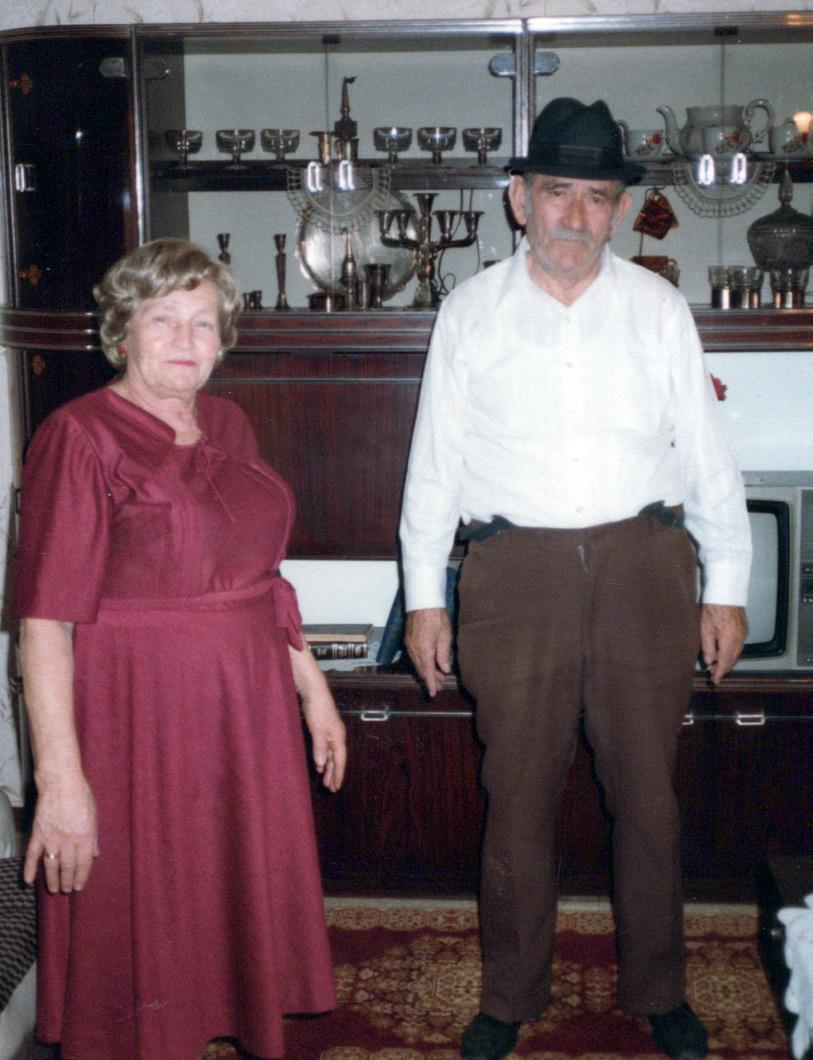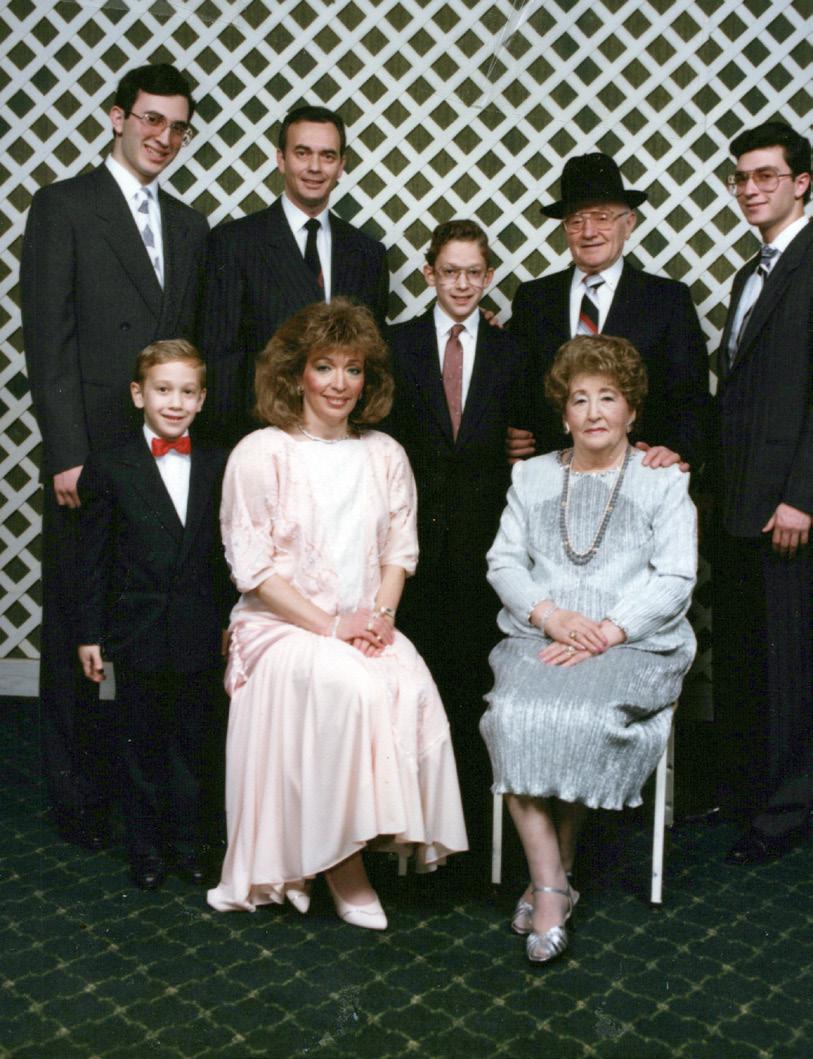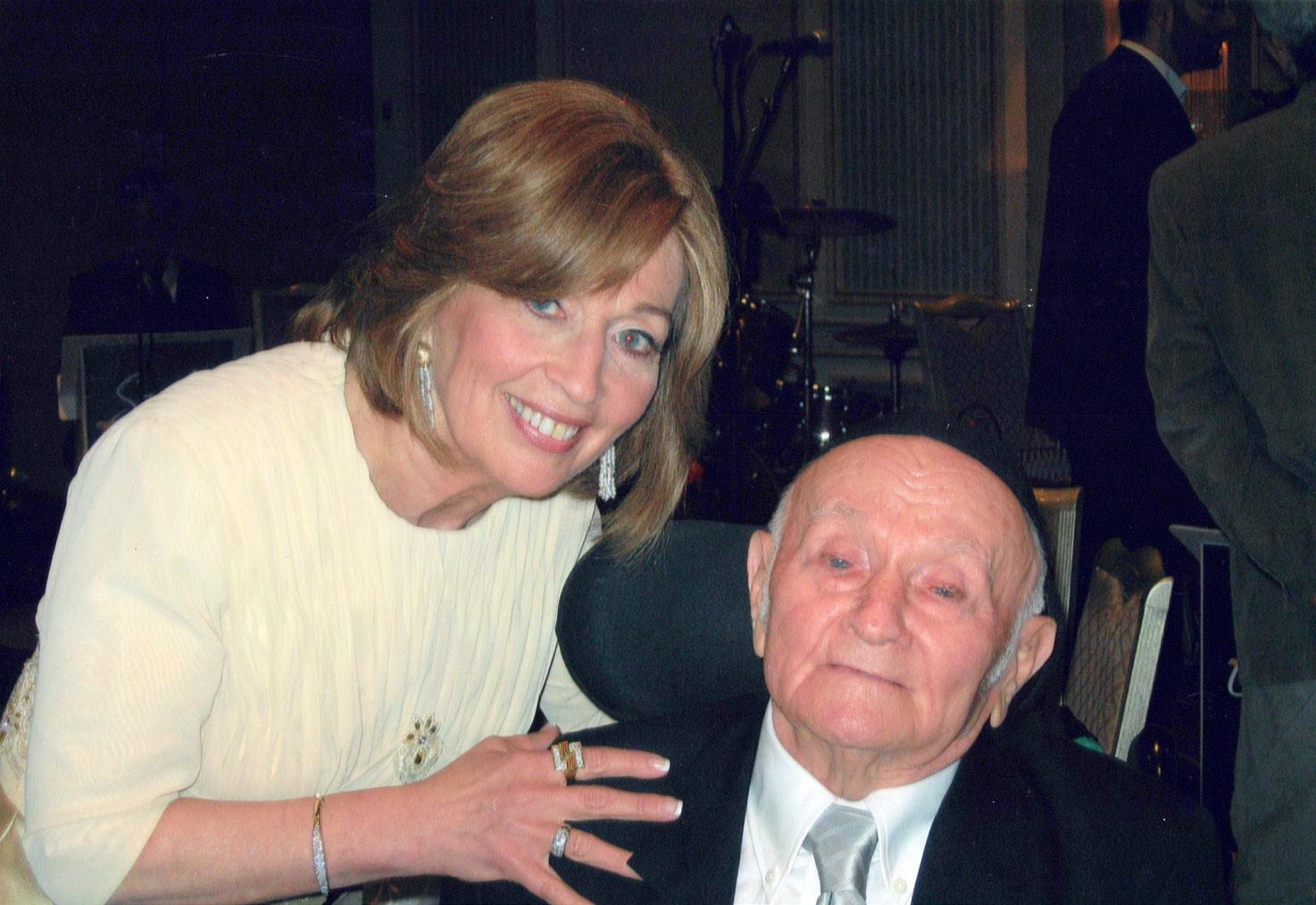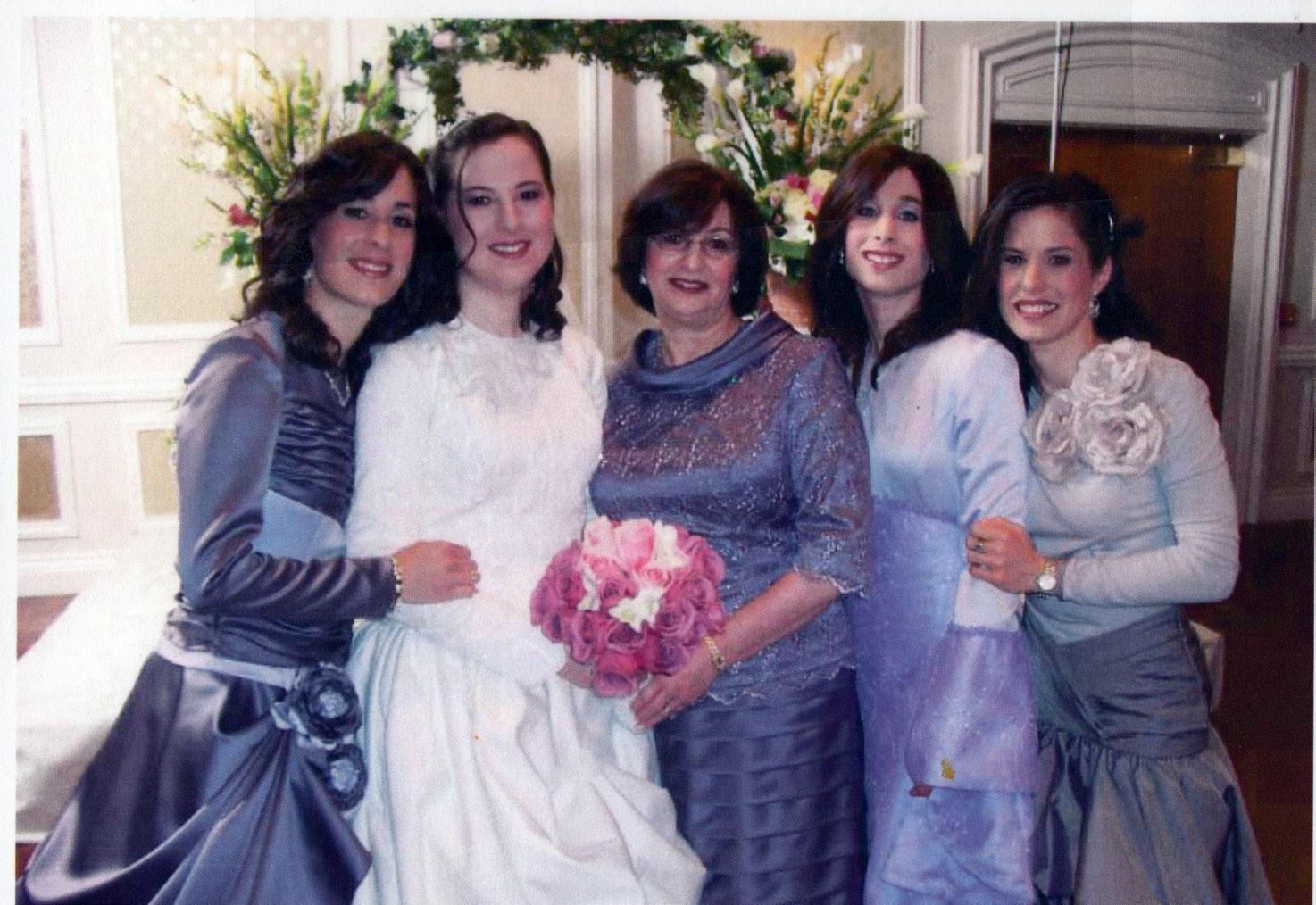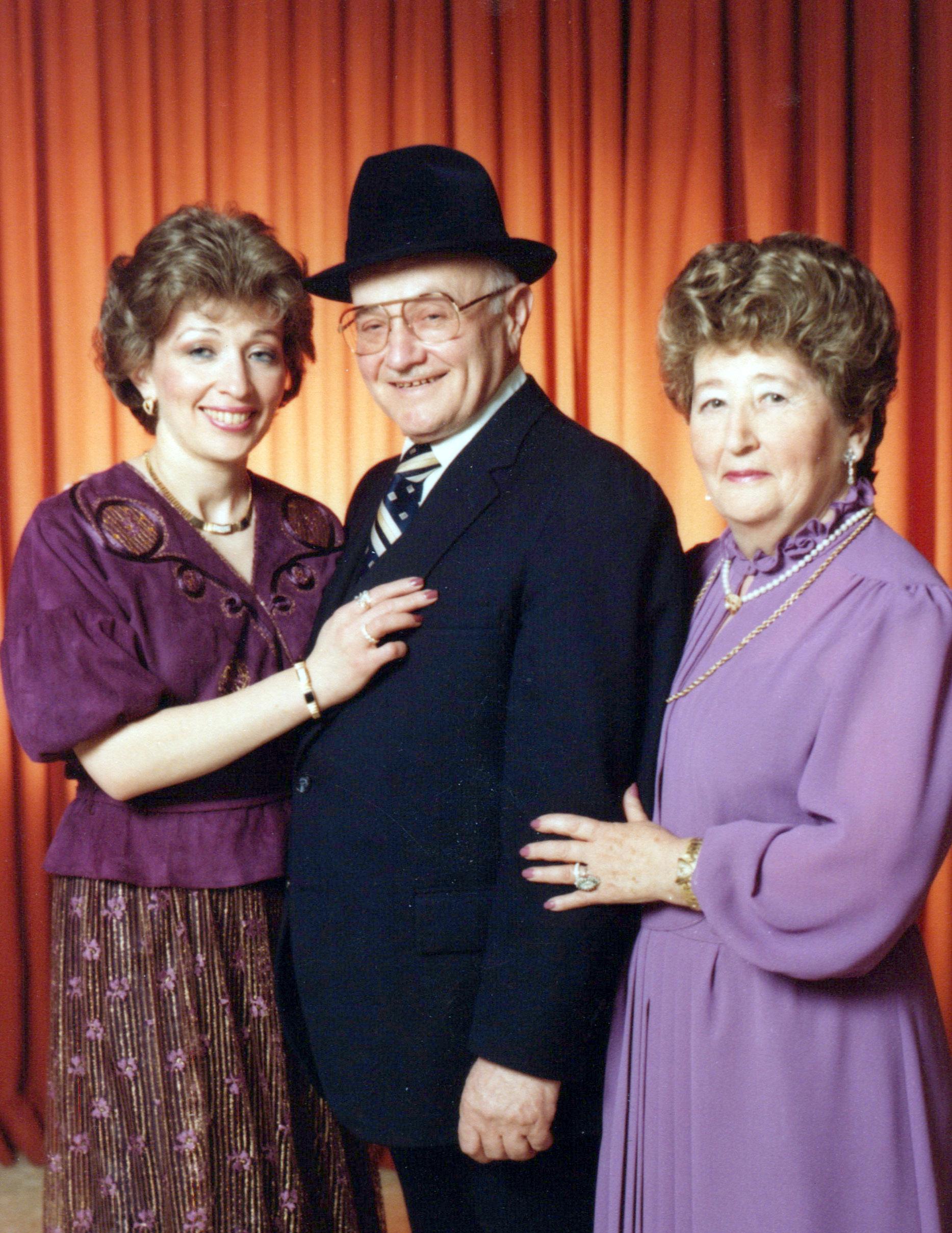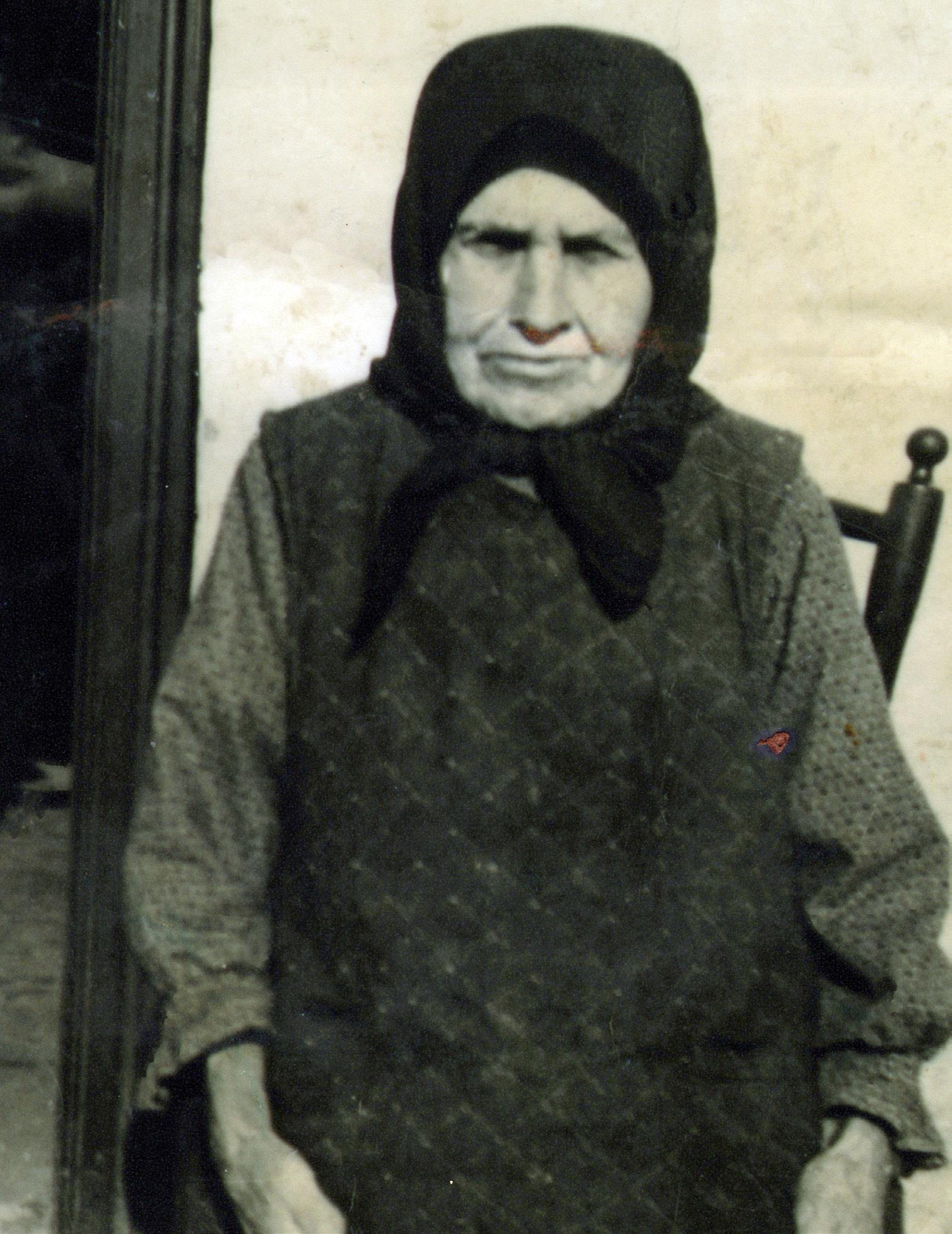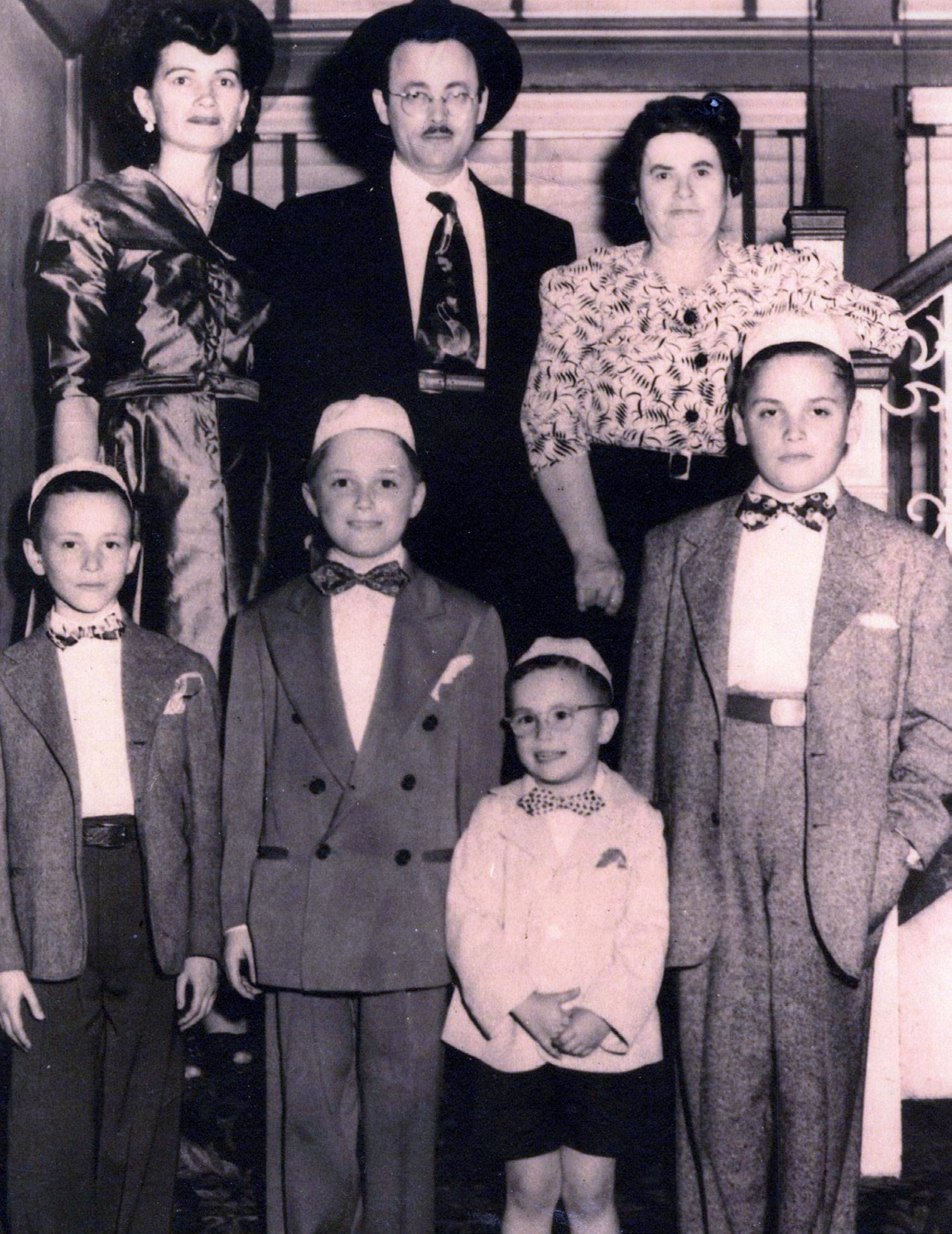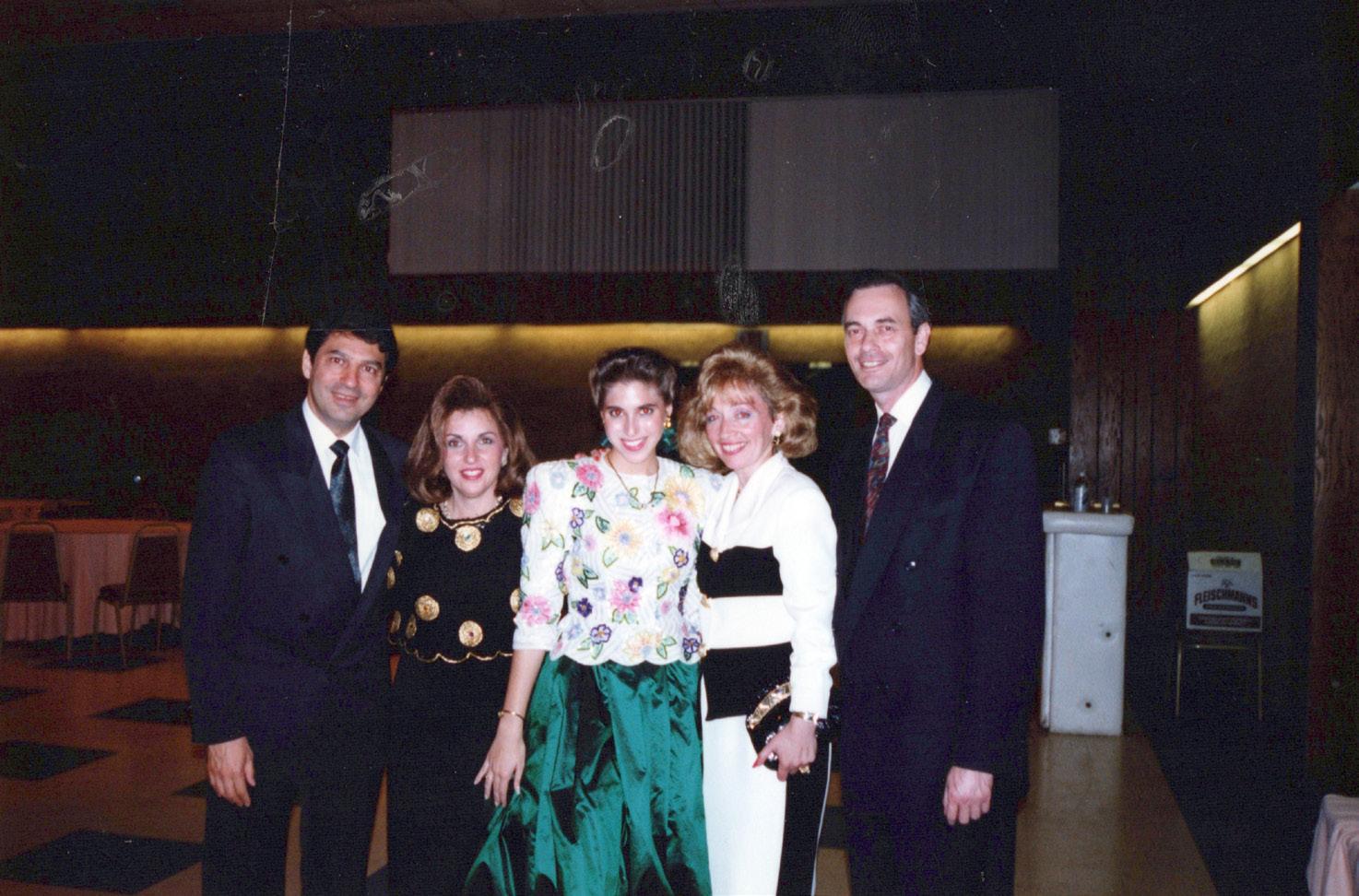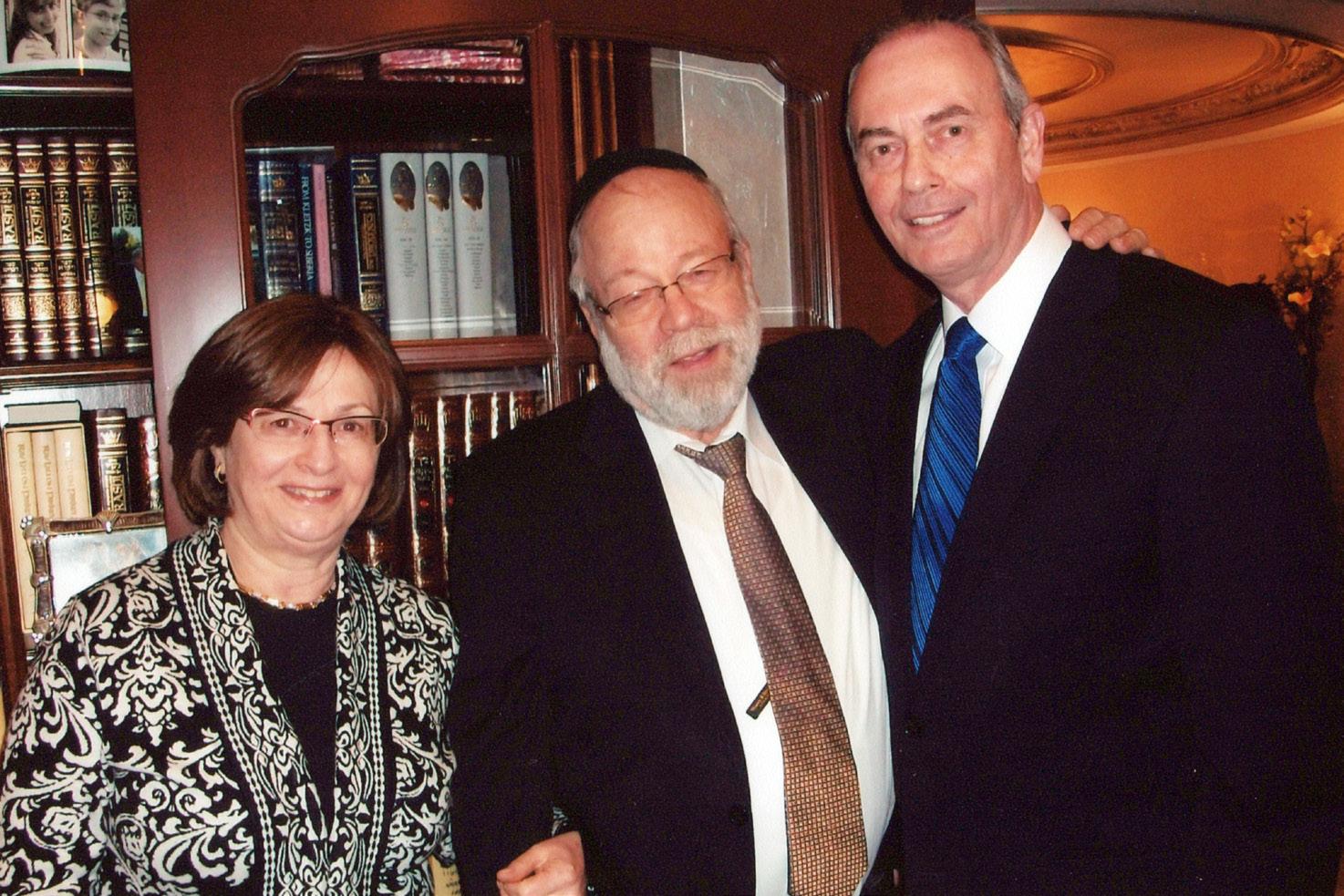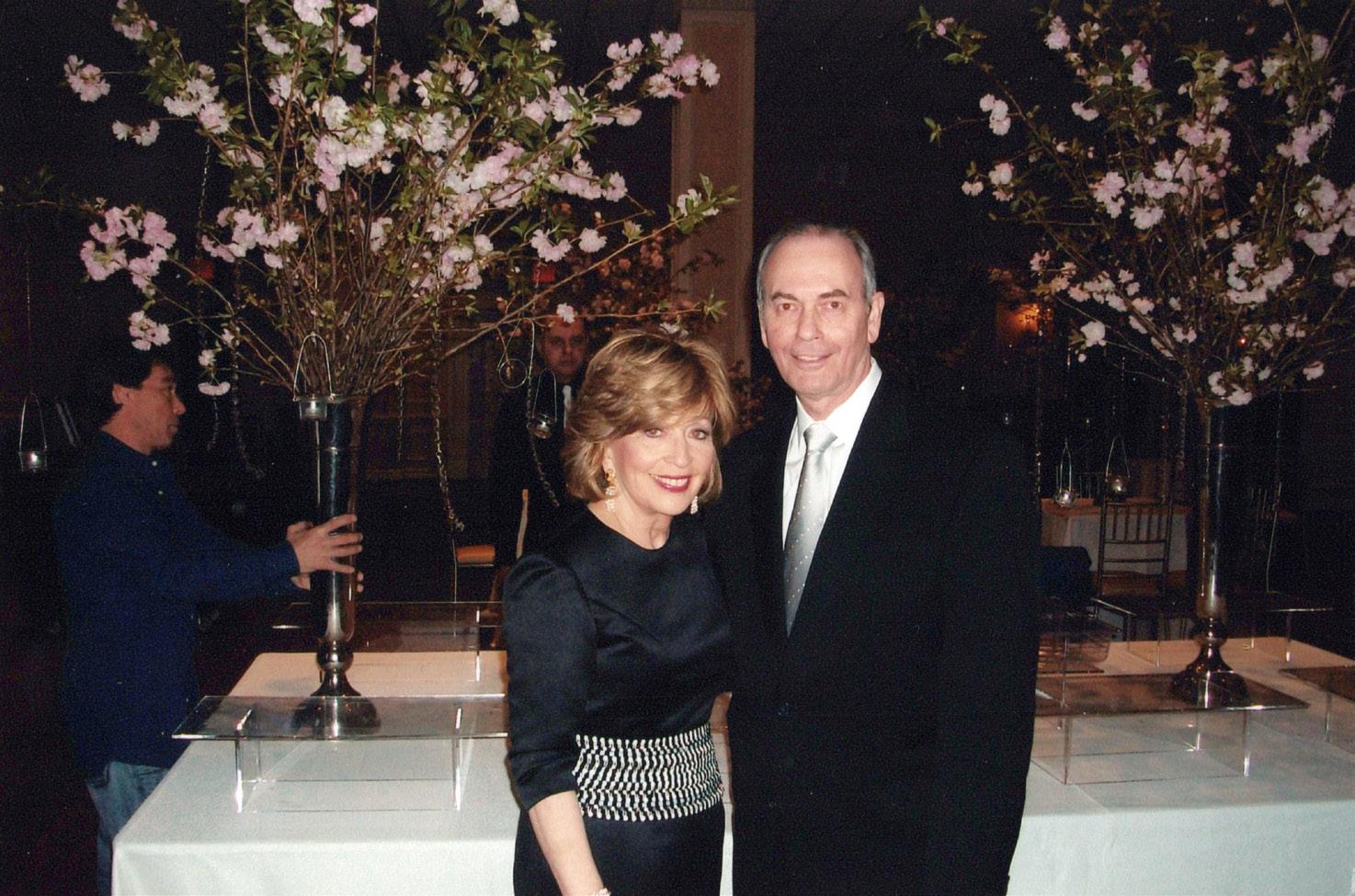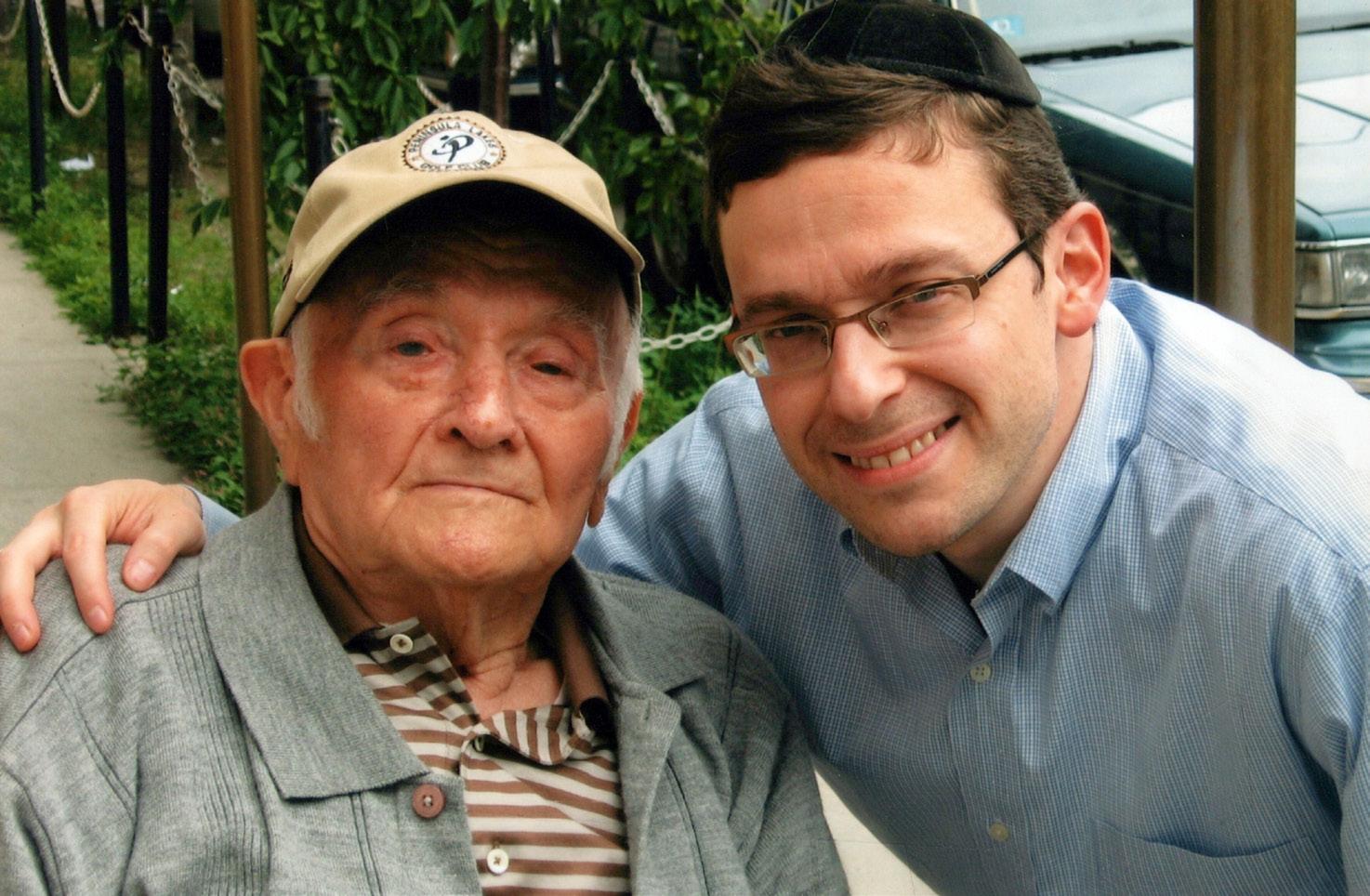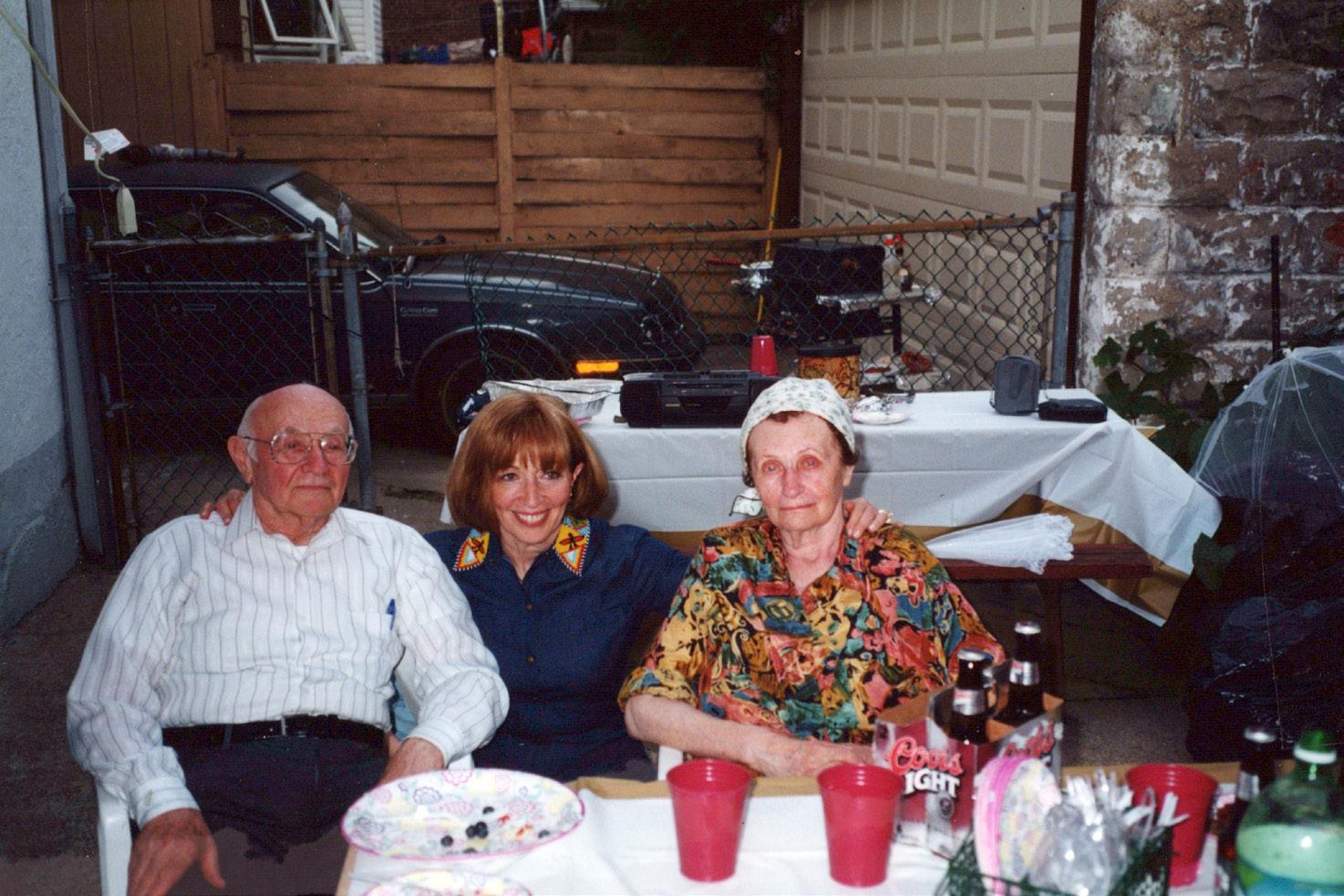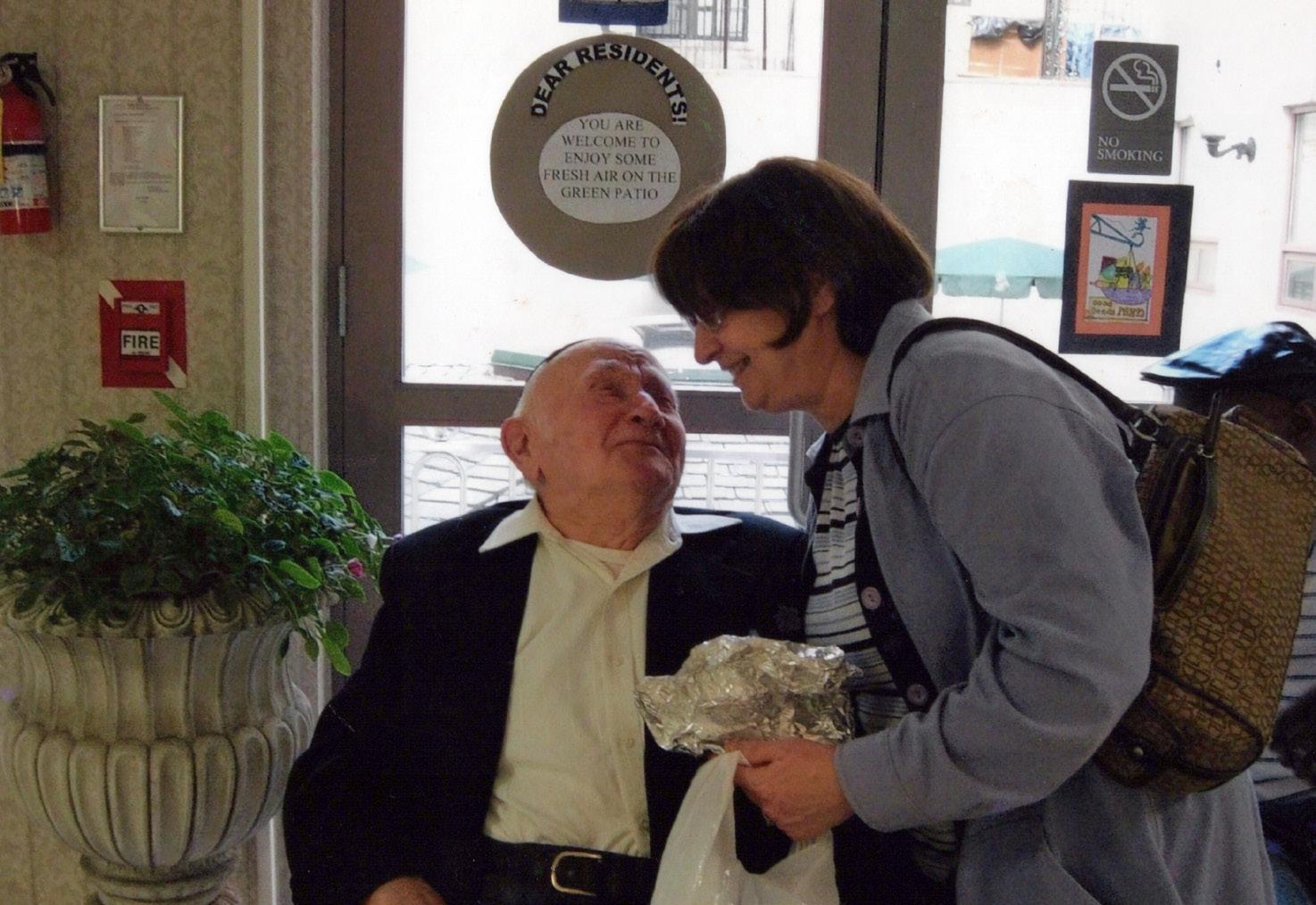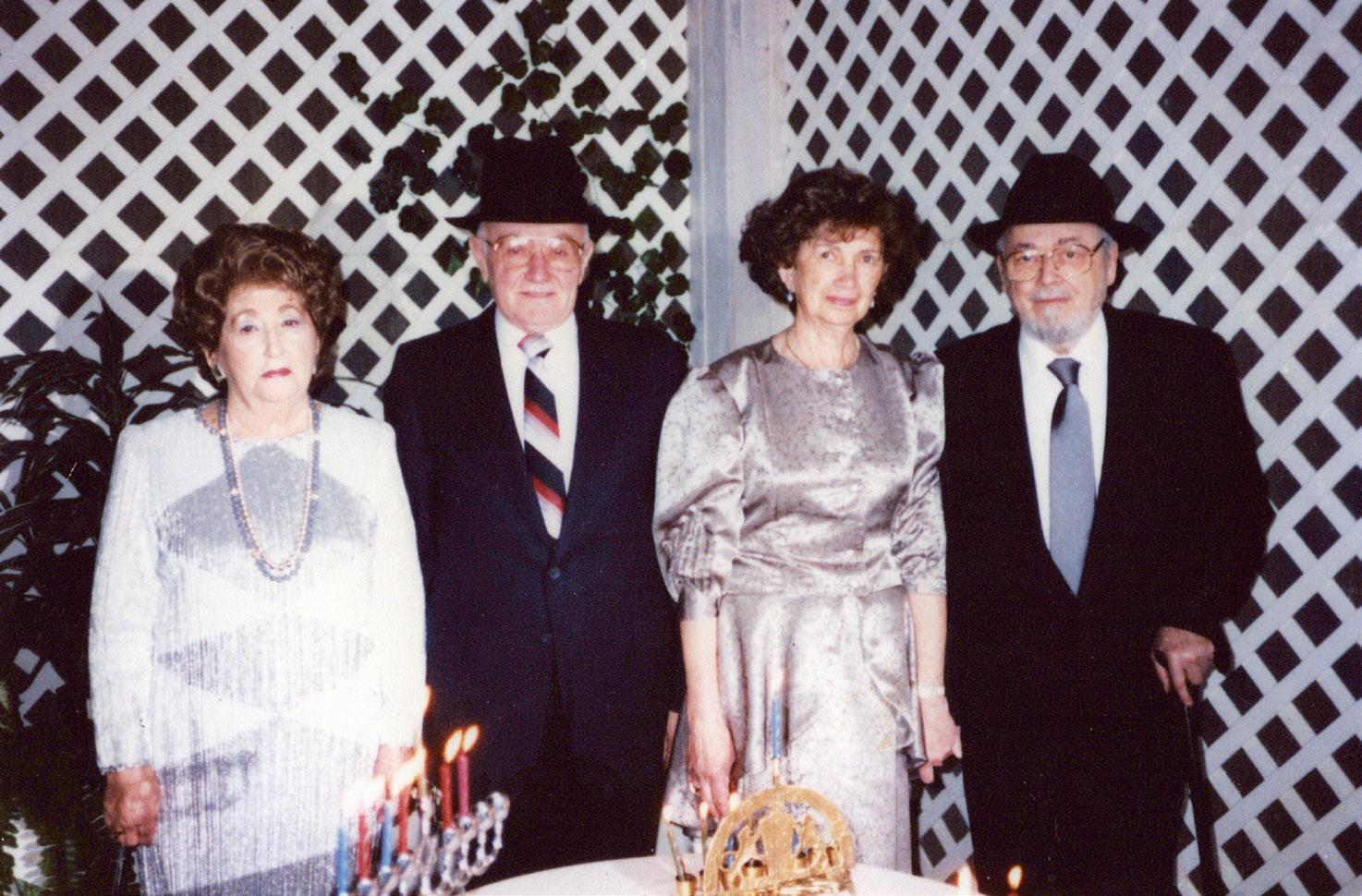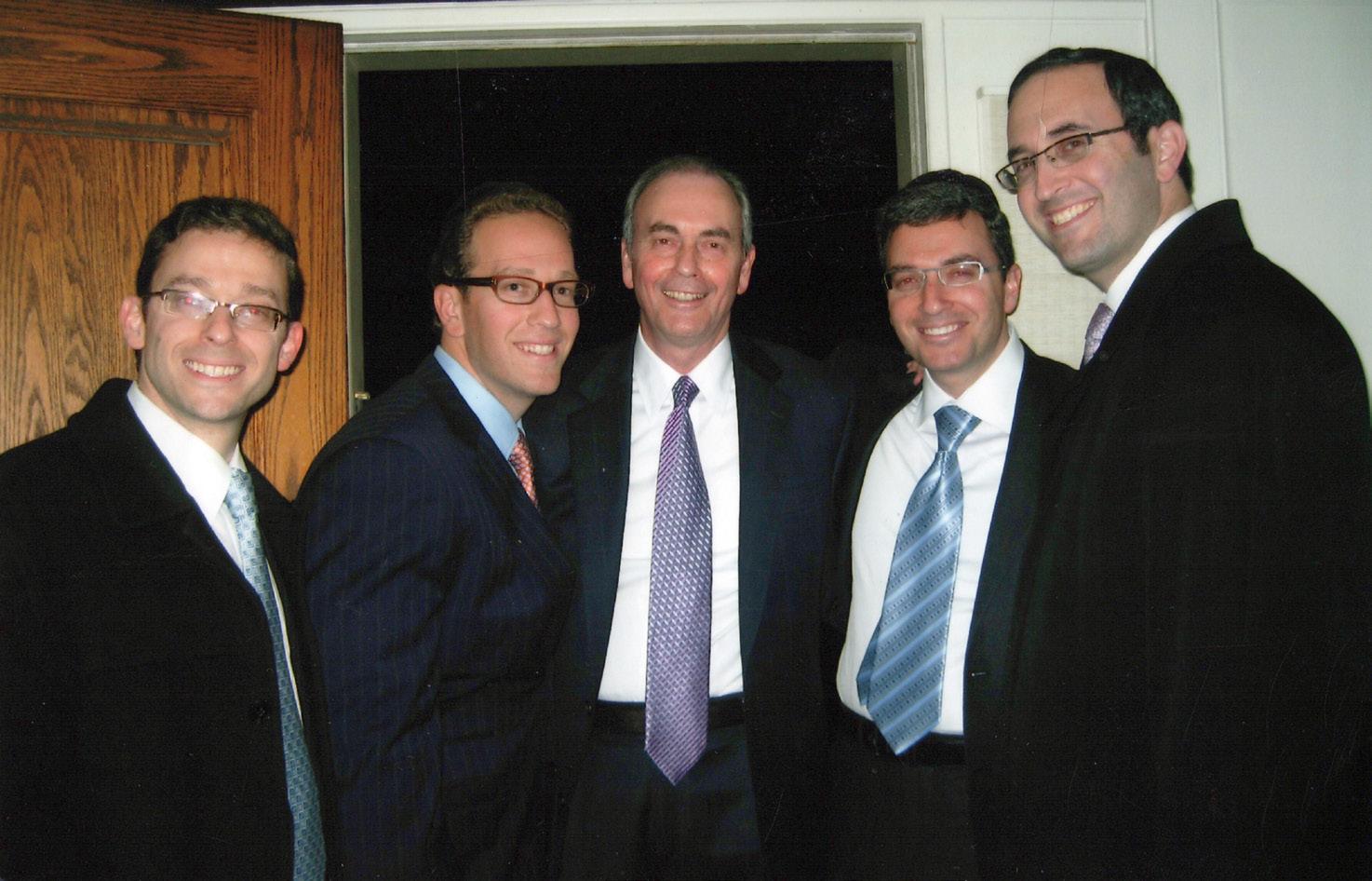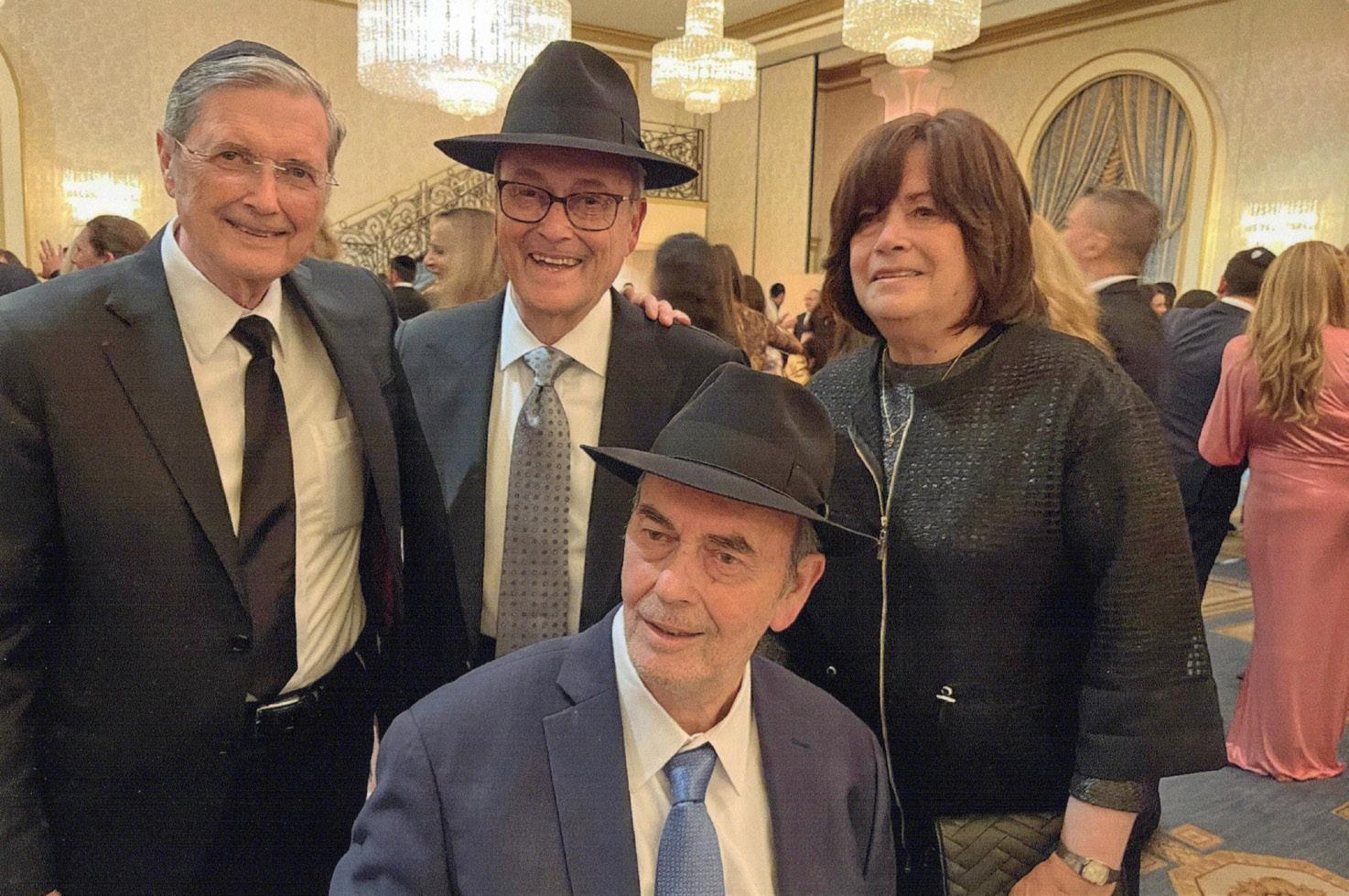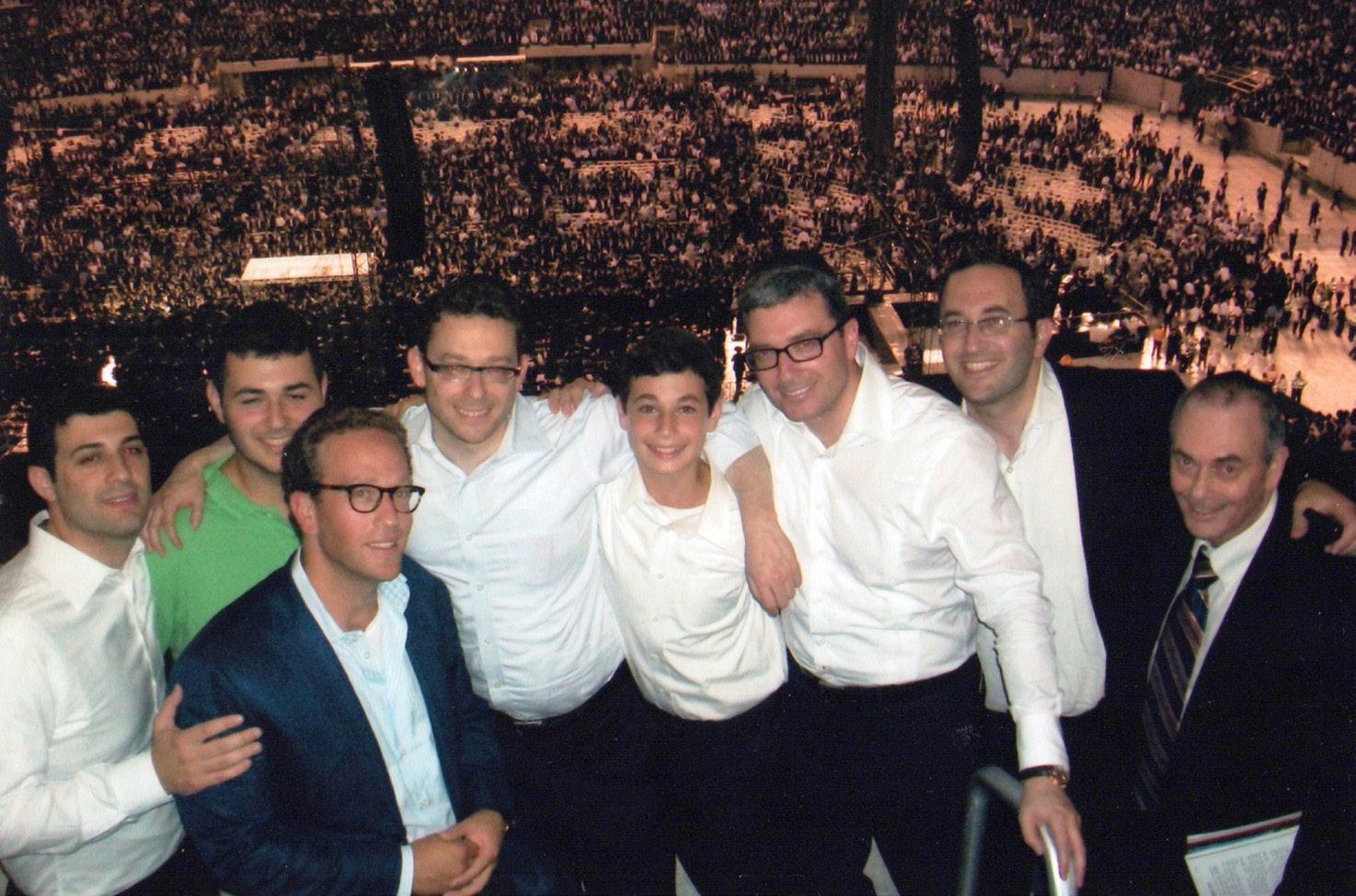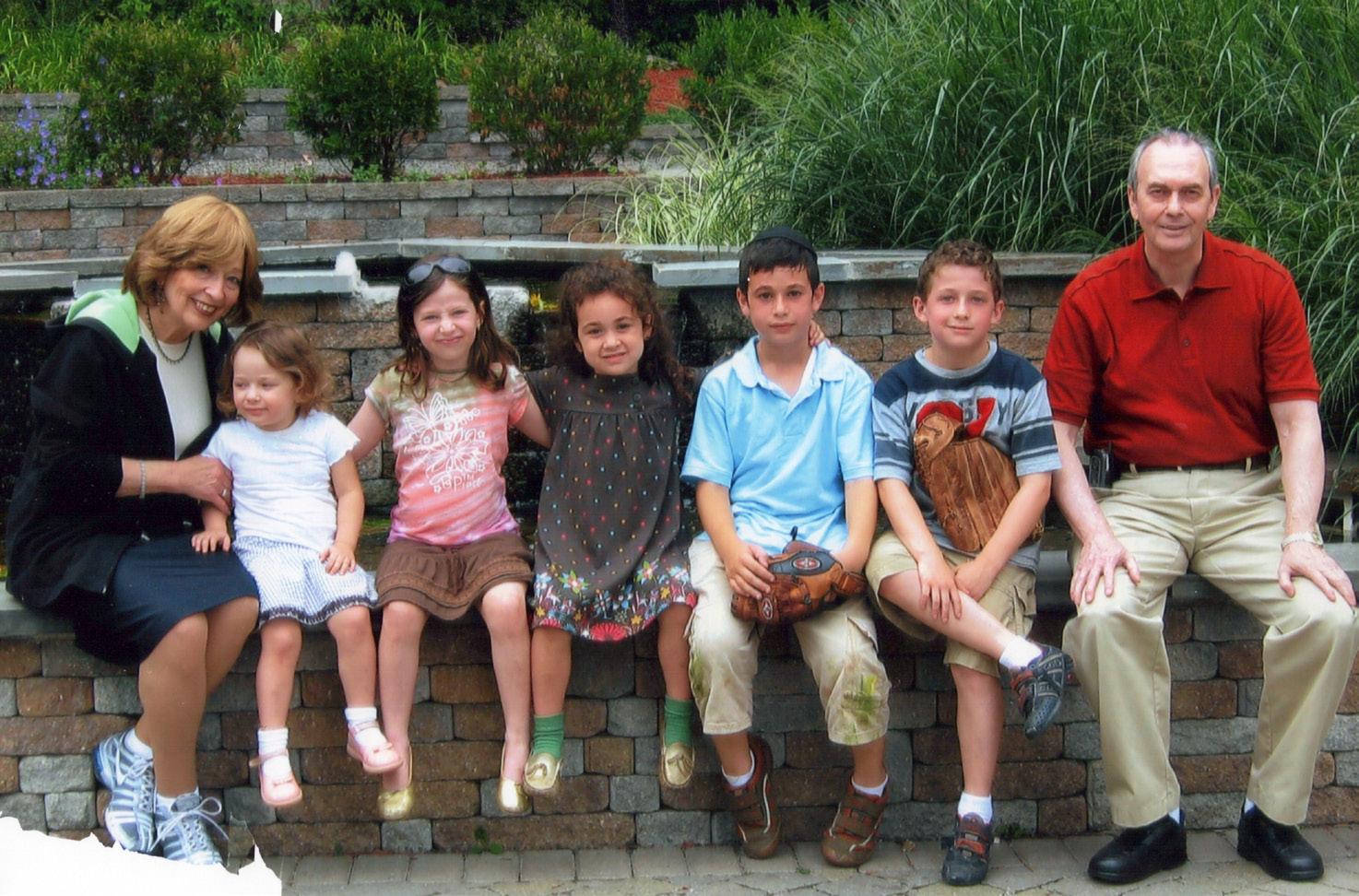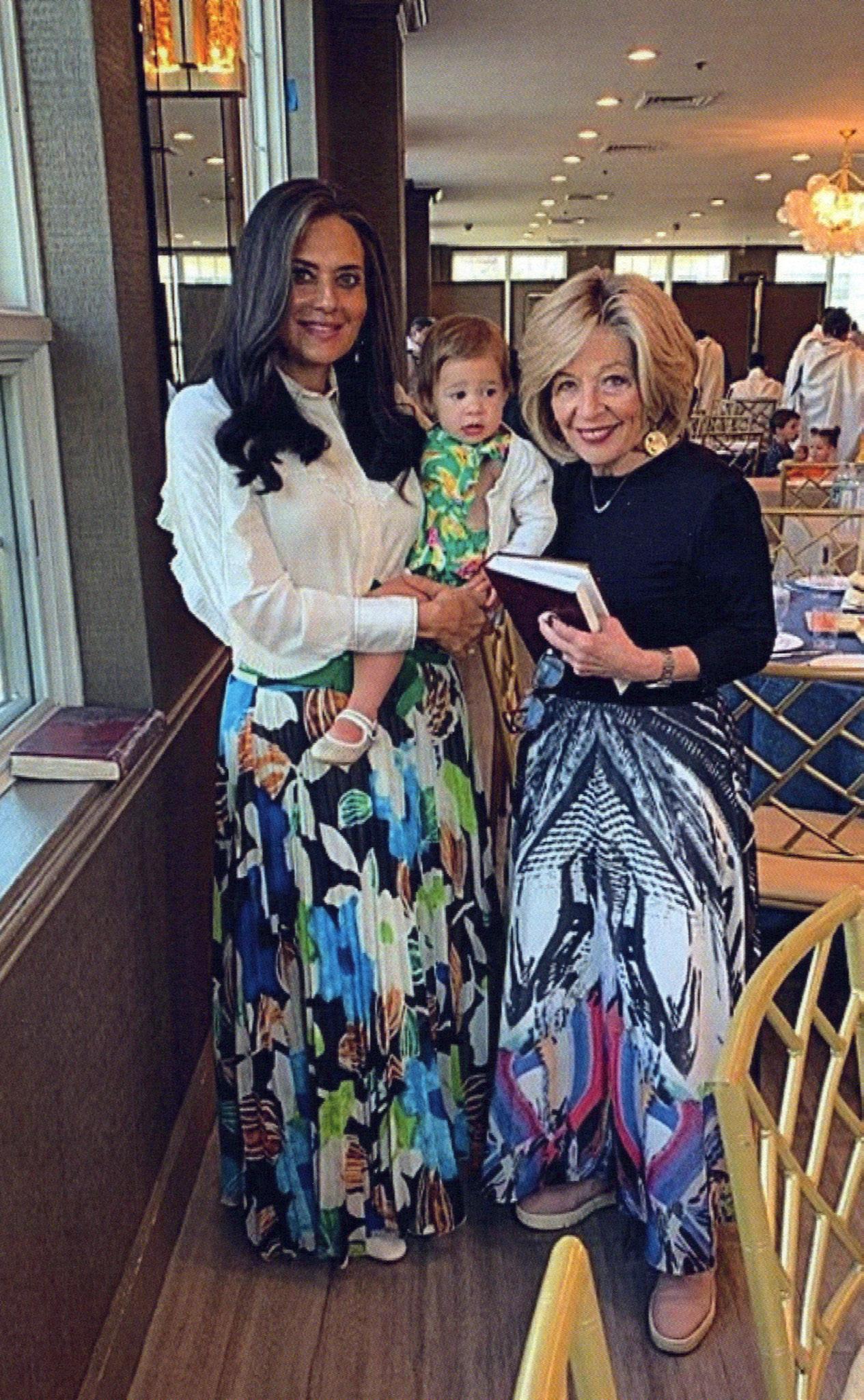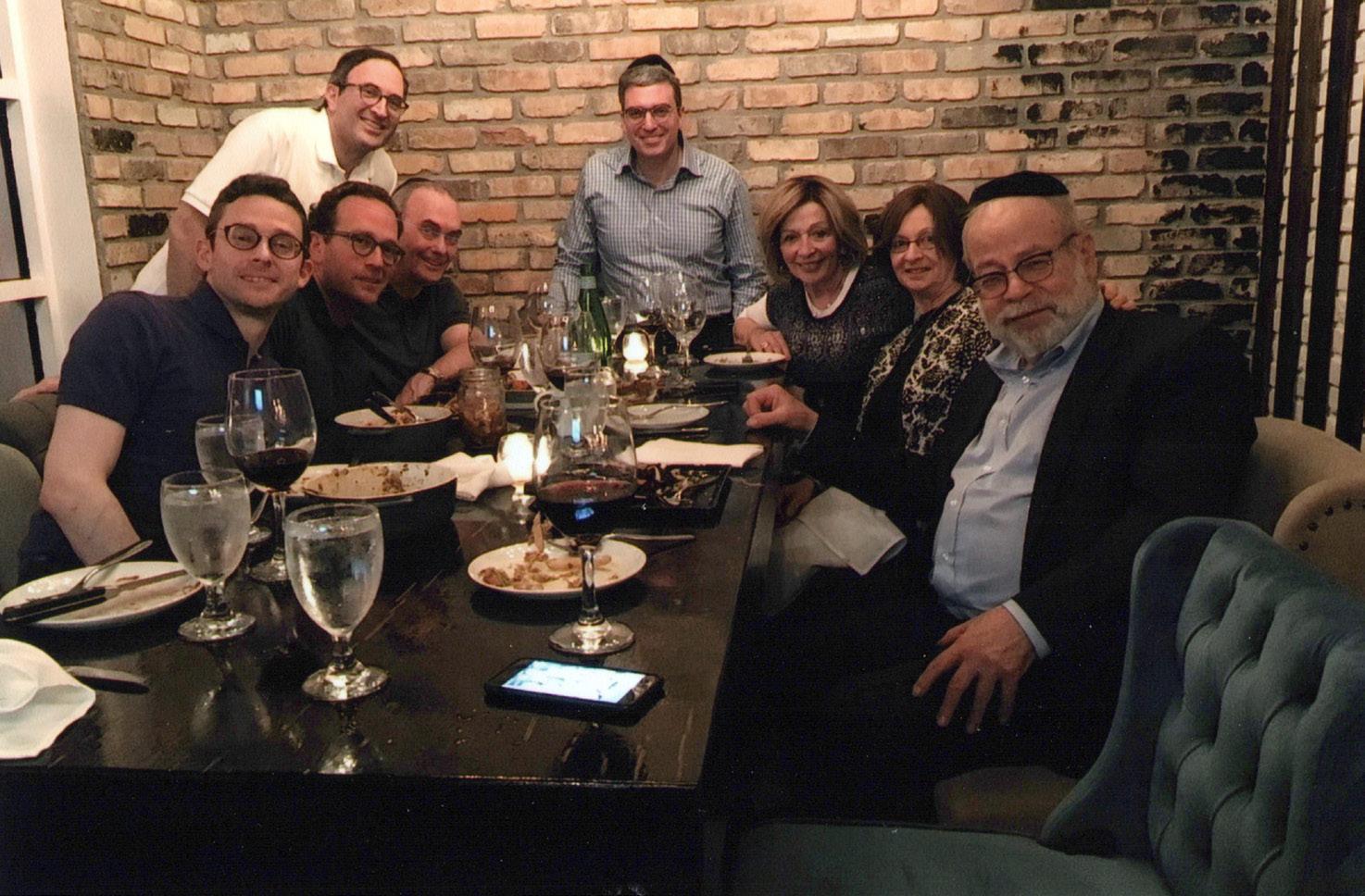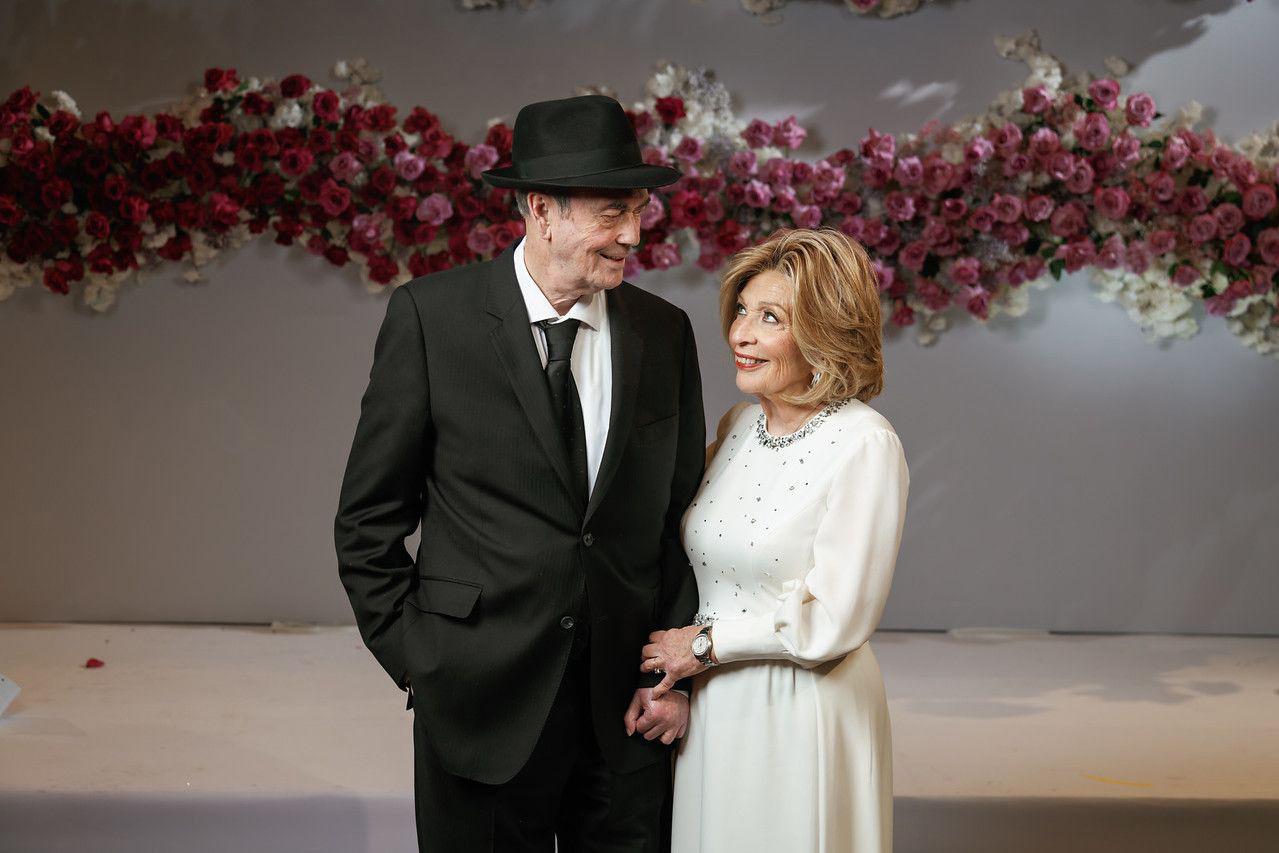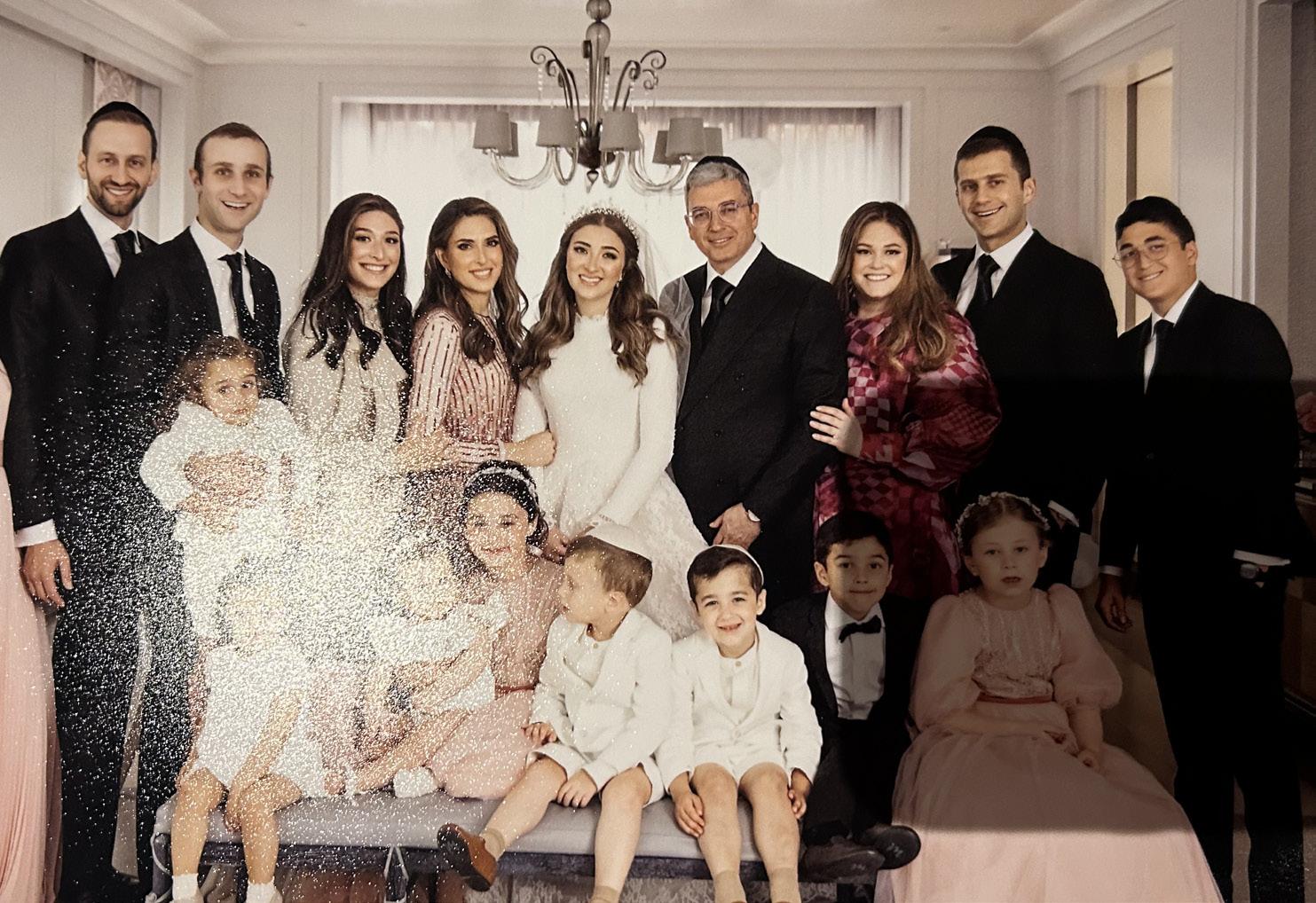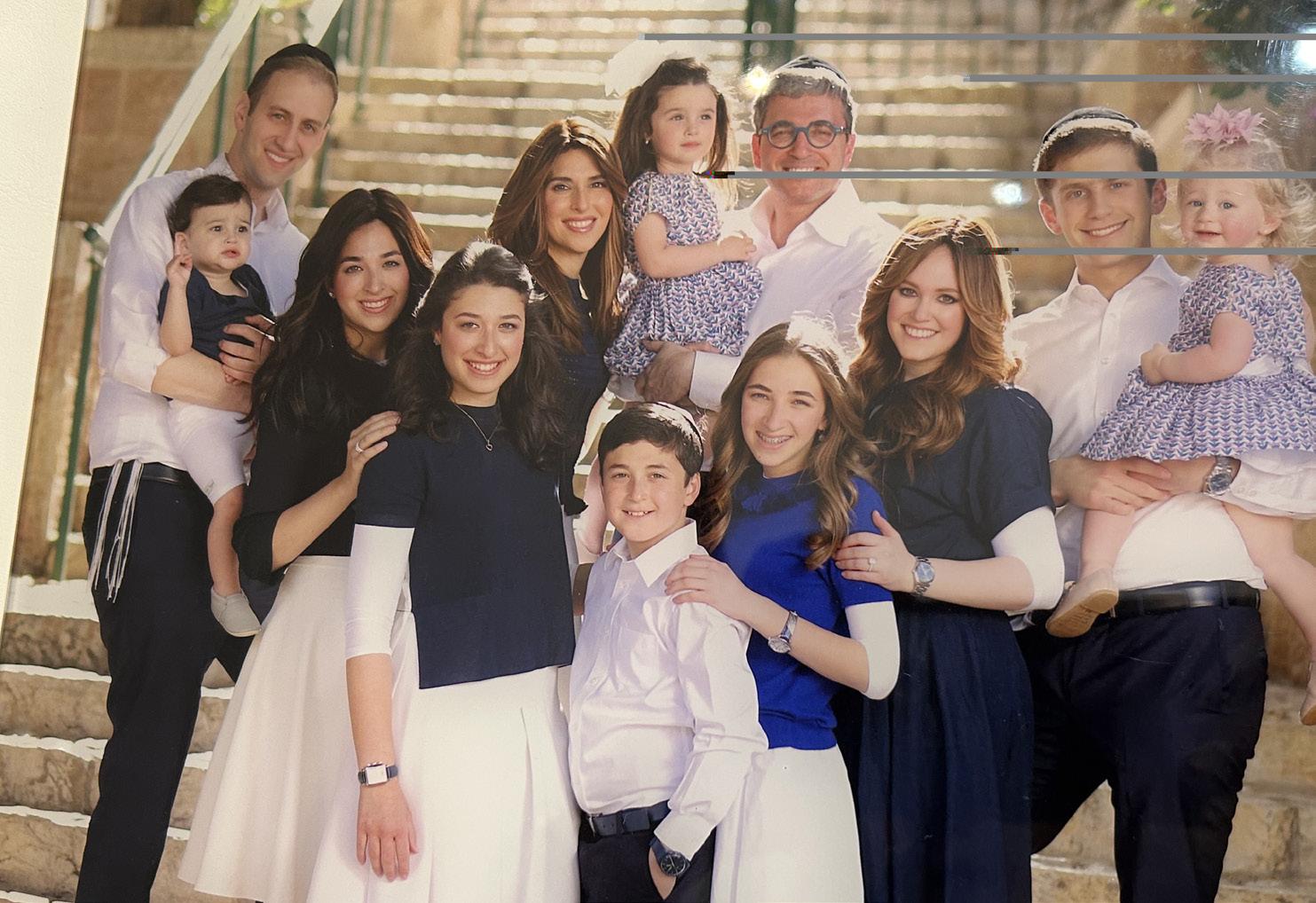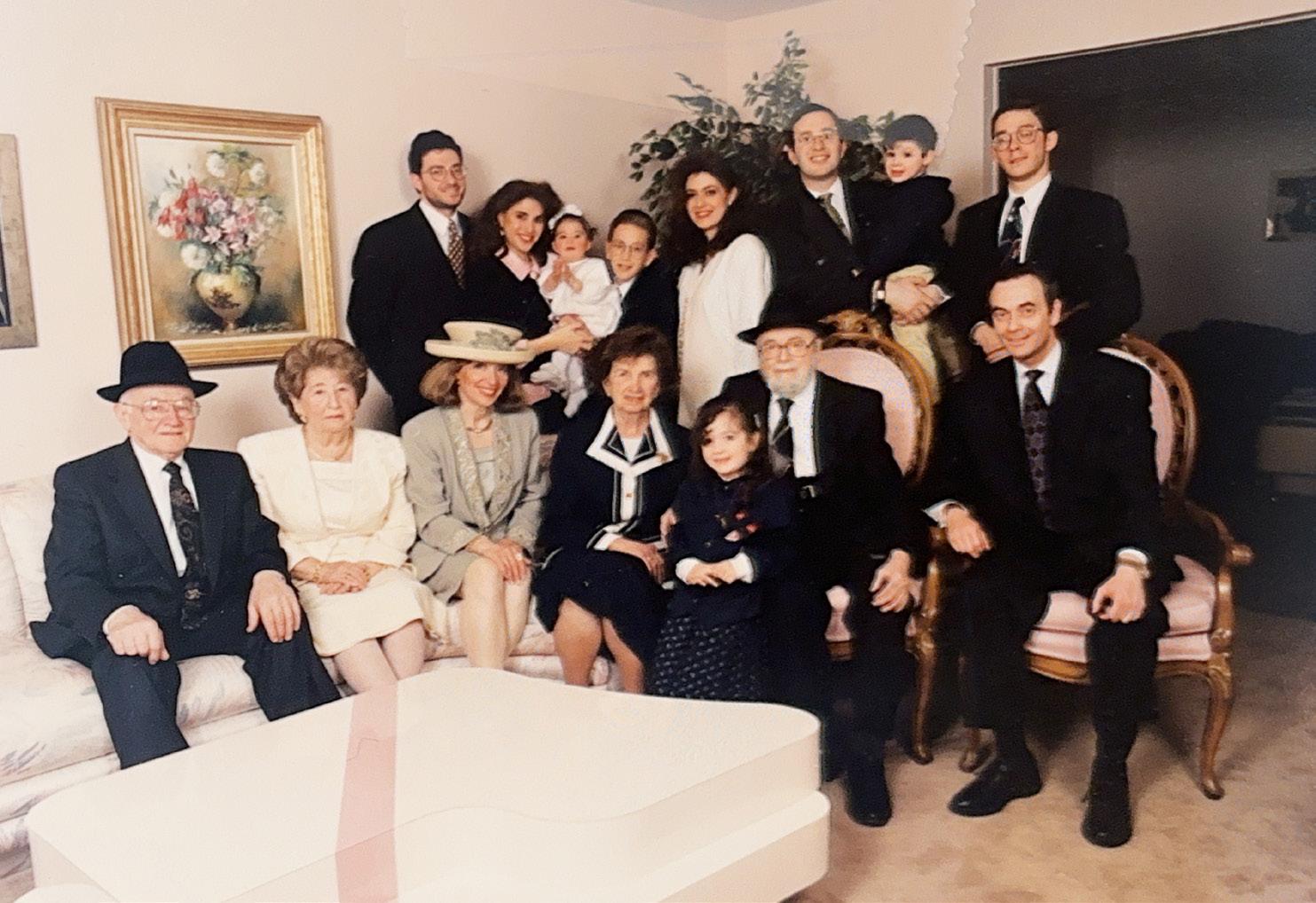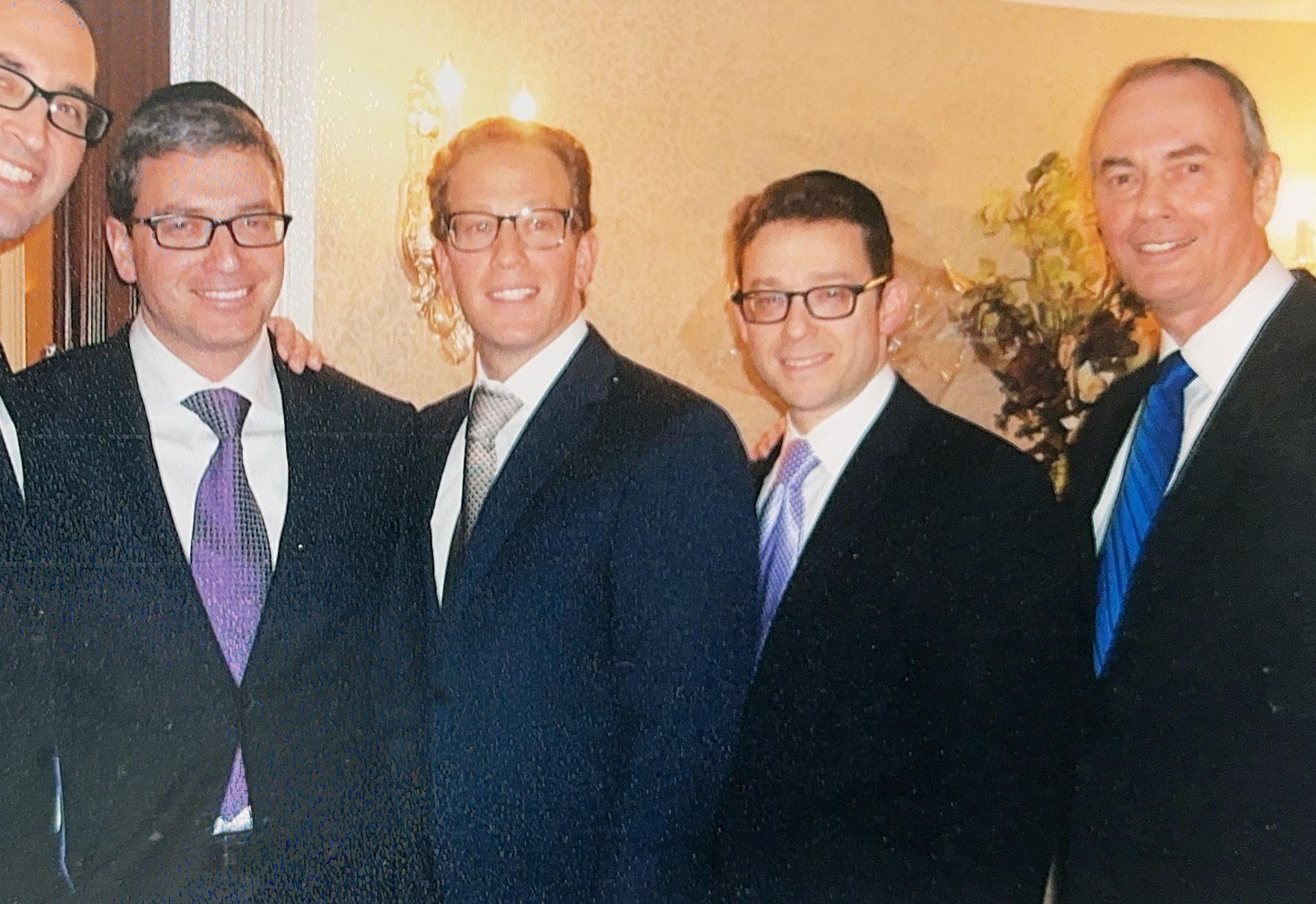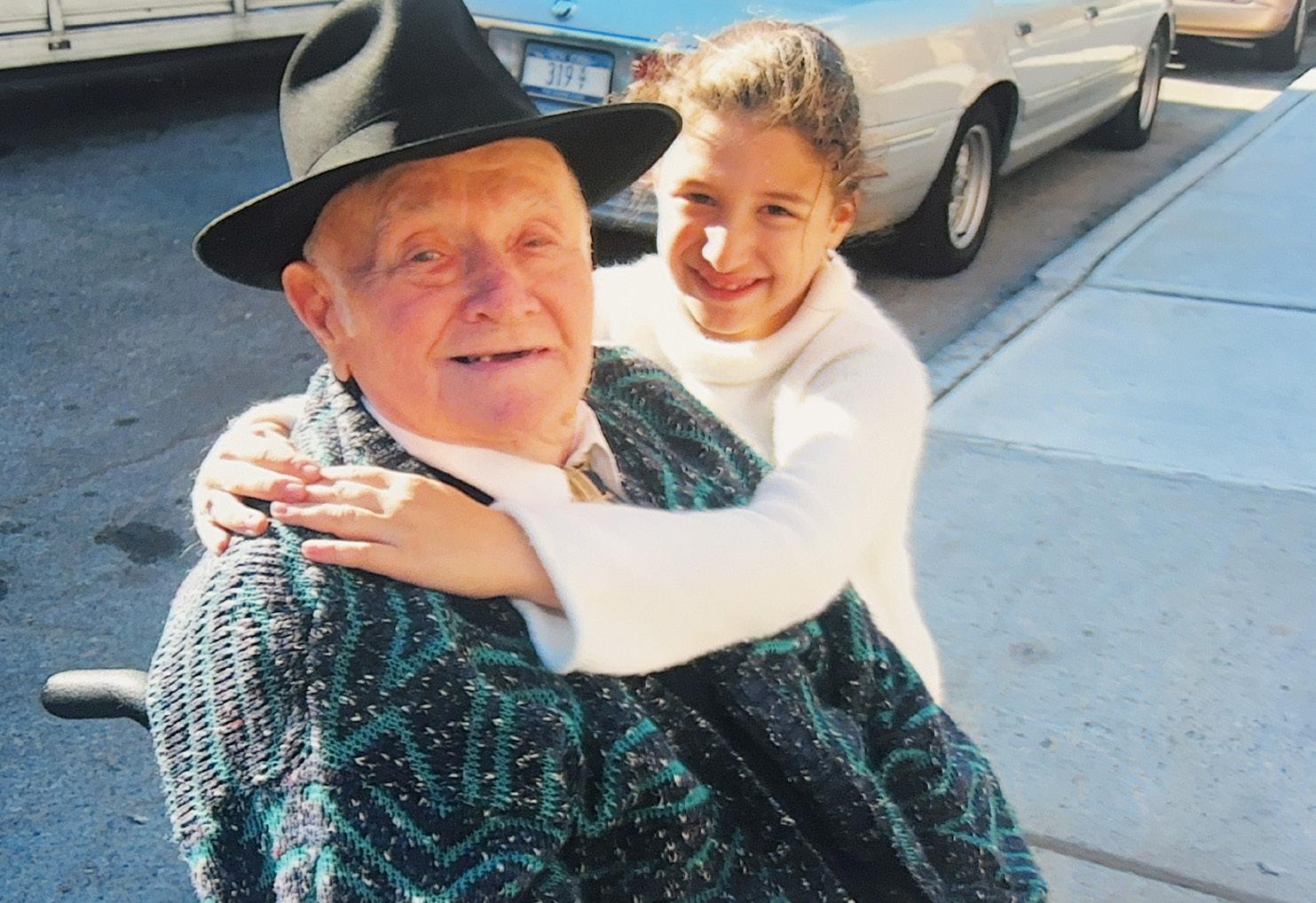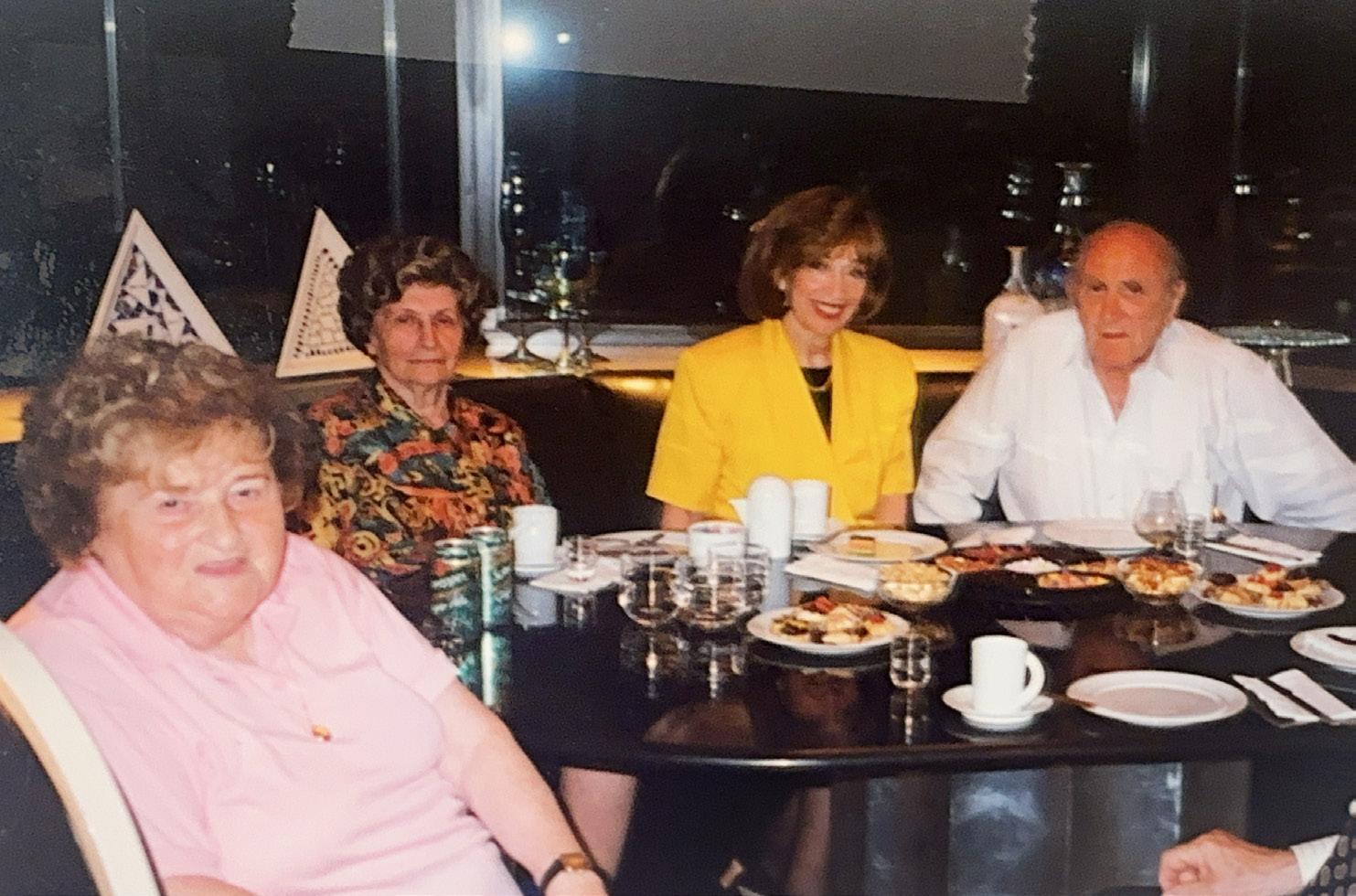Triumph
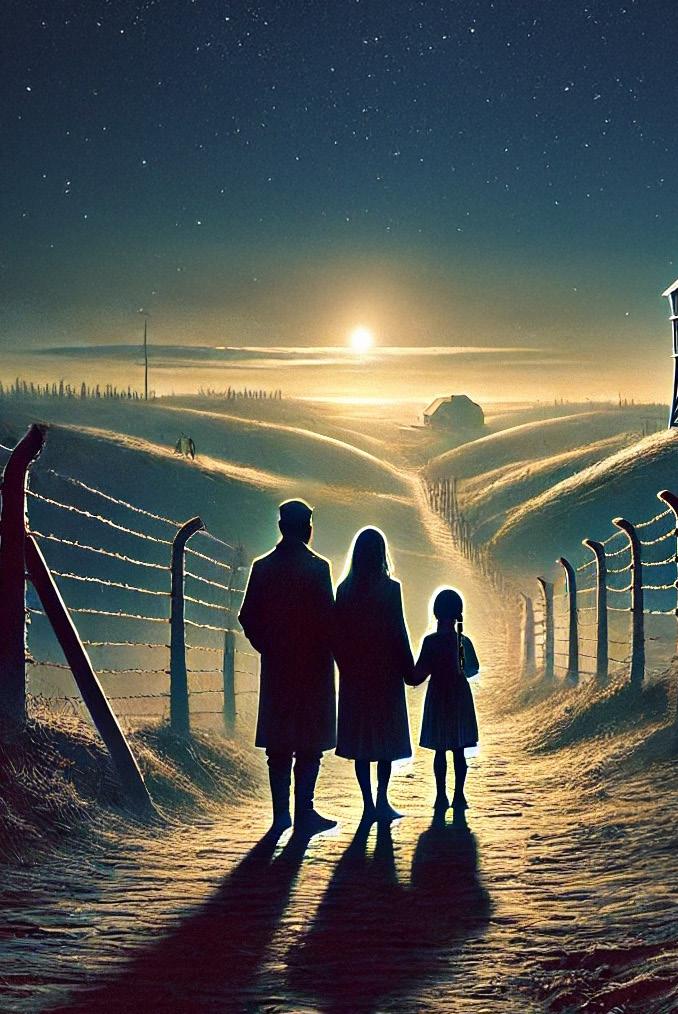


By Agi Eisenberger
© 2025 Agi Eisenberger
All rights reserved.
No part of this book may be reproduced, stored in a retrieval system, or transmitted in any form or by any means—electronic, mechanical, photocopying, recording, or otherwise— without the prior written permission of the author, except for brief quotations used in a review or scholarly work.
Title: Triumph
Author: Agi Eisenberger
Editor & Story Consultant: Irma Kramer
Writing Advisor: Rifka Plaut
Design & Layout: {RE}Studios - Rachelly Eisenberger
Published by: Amazon
Printed in the United States of America
First Edition, 2025
This book is lovingly dedicated to the generations past and future—may their memory and legacy continue to inspire.
To my dear husband, Chaim, who has stood by my side through every chapter of our lives.
To our beloved children, grandchildren, and great-grandchildren—may you always know the strength and resilience from which you come.
And to Hashem, our constant guide and source of endless blessings—this story is my tribute of gratitude
Itis a beautiful fall day in Lawrence. Chaim and I are sitting on our patio talking and reflecting on our lives together. We have gone through a lot and are so grateful for all the brachos that Hashem has granted us. We had wonderful parents from whom we learned so much. They are up in shamayim, looking down at us, and enjoying the nachas. We were zoche to raise a beautiful family with great middos. Our shem tov follows them wherever they go. We are grateful to Hashem for granting us such beautiful gifts.
I would like to invite you on my journey of life as Hashem has guided me. This book is a culmination of many conversations I have had with my family. They were curious to know what my life was like, as I was growing up.
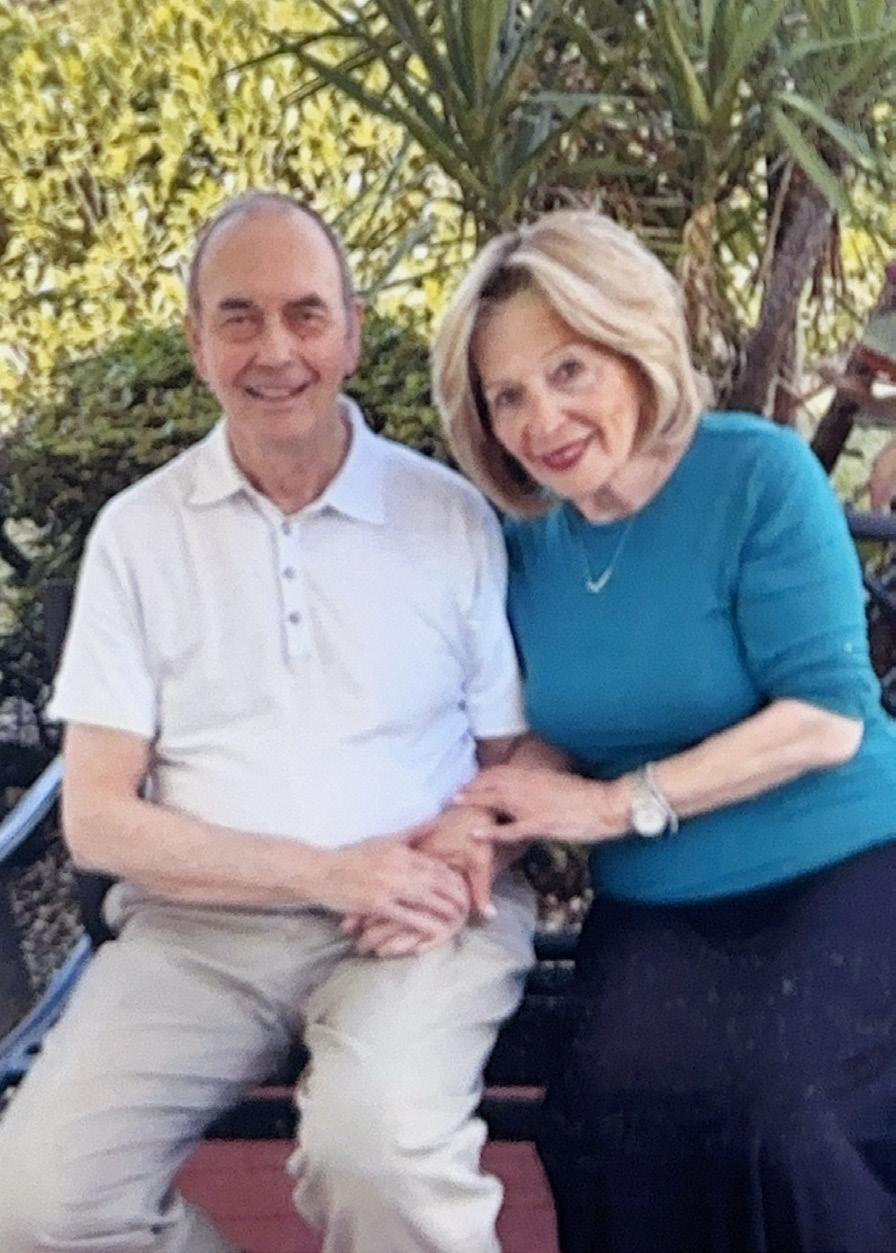
One day I was talking to my grandchildren, Shimie and Ahuva, who had just returned from a trip to Europe and Poland. They told me about all the places they visited and all the kevorim where they davened. I told them that I was familiar with these places since I grew up there. Shimie encouraged me to write a book so that my family would have a better understanding of my life as a child in Europe and all my experiences to date. I greatly appreciated this advice and began writing this story. I feel a sense of satisfaction having this opportunity to share my life with my children.
I’dlike to start at the beginning. My father was Miklos (Moshe) WeissMoshe ben Eliezer. He was born in Pocspetri on September 19, 1917. His mother, Deutsch Sarolta, was born in Nyirtas in 1890. His father's name was Eliezer ben Dovid. When my father was a young bachur it was a very unsettling time in Europe. Antisemitism was on the rise. He went to the Tosher Tzadik to get a brocha. The Tosher Tzadik was the grandfather of the Toshe Rebbe, Rabbi Meshulem Feish Halevi Lowy. The Tzadik told my father that he would never be drafted or sent to the army, and so it was!
Several years later the Nazis, at gunpoint, rounded up the Jewish people of the town. The entire group had to form a line before they were forced to march forward before being taken to a labor camp. My father walked out of the line and was able to escape but he had no idea where he was going. It was a miracle that no one saw him. He hid in the woods until contacting a gentile woman from Budapest with whom he did business. She told him
that he could stay with her in the attic of her house, but only when her husband wasn't home. He was a big antisemite and would have turned him in to the Nazis. Each night my father slept in the forest. This went on for a year until the Americans liberated them. After the war, my father kept in touch with that woman and sent her many gifts to show his gratitude.
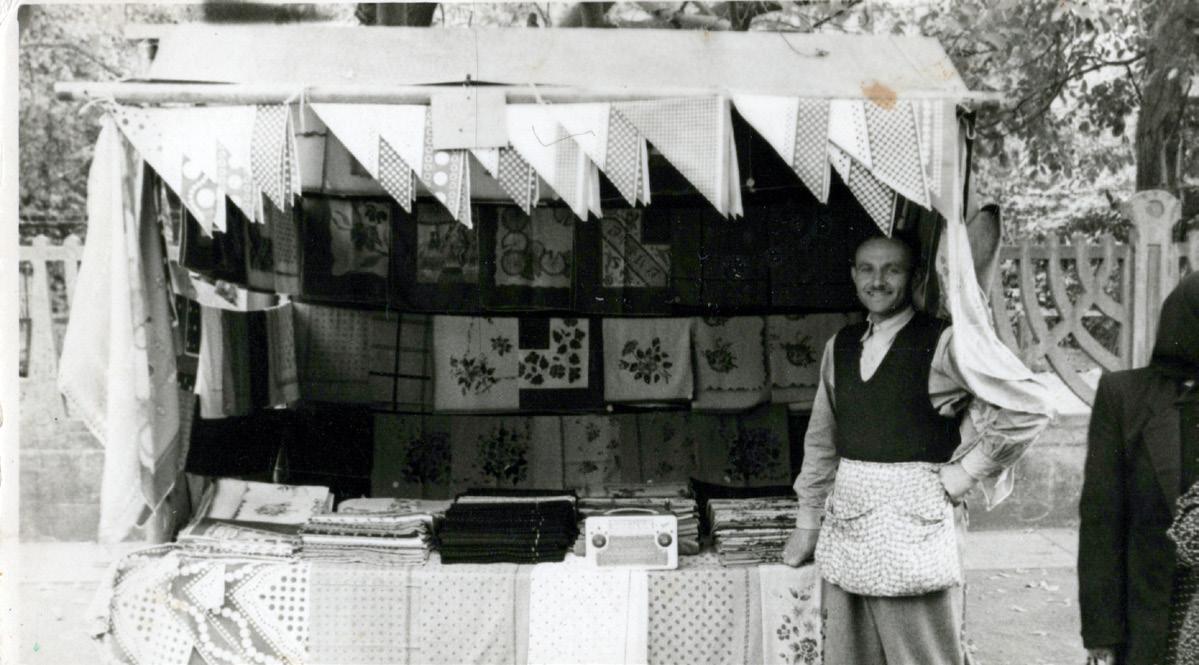
My father survived the war, along with his two sisters, Roszi and Etus. They also had a sister, Rivka, who died at the age of six from typhus disease and a brother, Shmuel, who also died young. All descendants who were named after these two siblings also died at an early age. A Rav advised them not to use their names again.
After the war, my father went back to Kisvarda, where he found his sisters. Shortly after his return, my father started a business traveling from town to town selling kerchiefs. A few years later, his sister Roszi joined him on his travels. When his sisters were ready to marry, my father paid for their weddings. He arranged each of their weddings on a Friday night, which was the custom at that time. My father married my mother on a Friday, as well. My parents had known each other before the war.
My mother, Elka Rochel, was known as Ilona Weissman. She was born in Nyirtura, a town near Nyiregyhaza, on January 15, 1921. She became an orphan when her mother died in childbirth. Elka’s father remarried, but her stepmother didn't want her. She was raised by her aunt, Ilonka, and her uncle, Frank Wilmos. They had a daughter named Bori. My mother, Elka, always felt like an outsider and was treated like a stepdaughter. Her aunt, Ilonka, was killed by the Nazis upon her arrival at Auschwitz. Her uncle then remarried a woman named Irma. Soon after they married, Irma became ill with the Spanish Flu, which left her incapacitated, and she subsequently died. My mother and her cousin, Bori, continued to live in the house until the beginning of World War Two.
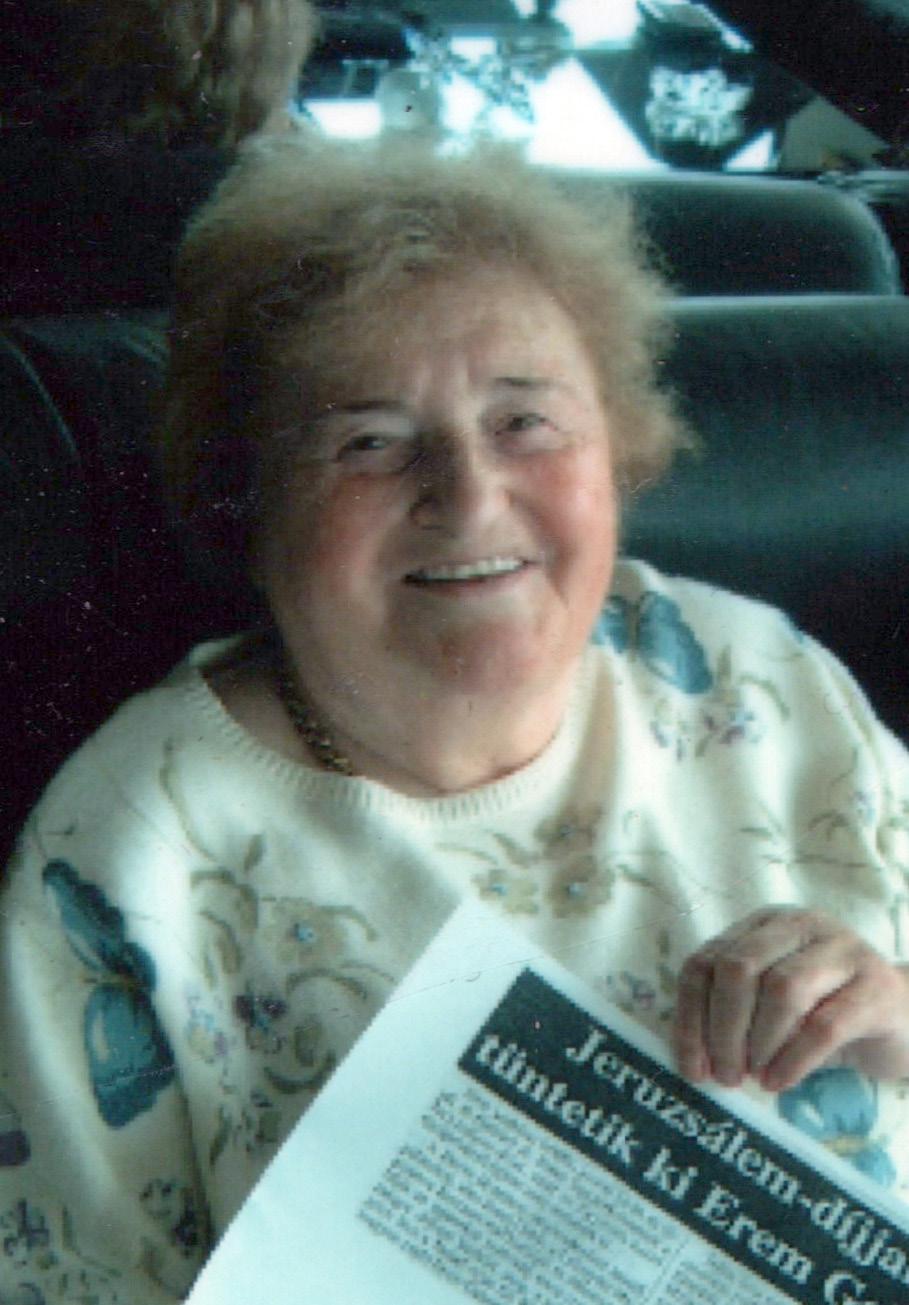
My mother attended elementary school until 6th grade. After that, she attended a school where she was taught practical skills, such as sewing, knitting, and food preparation. Those skills helped her develop a career later in life and she became a dressmaker. She was 22 years old when the horrors of World War II reached her hometown. The Nazis entered and shoved them into cattle cars in the middle of the night. Along with them there were many others from her town, including her father's sisters.
During the Holocaust, many Jews were transported to Auschwitz in cattle cars. The cattle cars were unbearable- they were dark, lacked ventilation and were extremely overcrowded. They had no food or water. The cars were sealed shut and had no windows or seats. They were also incredibly hot during the summer and freezing cold during the winter. The stench
of excrement and urine was overpowering. There were no provisions for sanitation, other than a bucket. The people were petrified as they had no idea where they were headed. Many perished due to the conditions in the cattle cars.
When my mother arrived at Auschwitz the Nazis ordered them off the train. They were assigned to their barracks and given jobs. Her cousin Bori was in the same barrack as my mother. She worked as a slave laborer in a synthetic rubber factory. When there was no more work for her, she had to polish bullets. The conditions in the camp were horrible. The prisoners were starved, often physically harmed and suffered from disease due to neglect. There was no heat, no water for bathing, no healthcare etc. Each day, they had to wake up very early and stand for hours outside while the Nazis did roll call, not by name but only by their number. They were treated like cattle, forced to wear wooden shoes that didn't fit. They wore striped prison cotton dresses that were ill-fitting and needed to be worn in all weather conditions. They were severely punished if they didn't work hard enough or if they did anything that the Nazis deemed inappropriate. They were given minimal amounts of food daily -just a hard piece of bread and some watery soup. One day her friend wasn't feeling well. My mother took an extra portion for her and hid it under her blanket so she wouldn't get caught. An SS woman saw what she did, and she was whipped harshly. The woman she tried to save would later become her sister-in-law. Their situation was a difficult sight for anyone to see, including the United States soldiers who helped to liberate them at the end of the war. After the war, my mother couldn't talk about anything that she had experienced. She traveled with a group of refugees, including her cousin Bori, to Sweden. There they were taken to a hospital to convalesce. They all suffered from malnutrition. Unfortunately, many people developed typhus and died.
Upon their arrival in Sweden, they were provided with nourishment. Once people regained their strength, they were placed in a rehab where my mother was assigned to work in the kitchen.
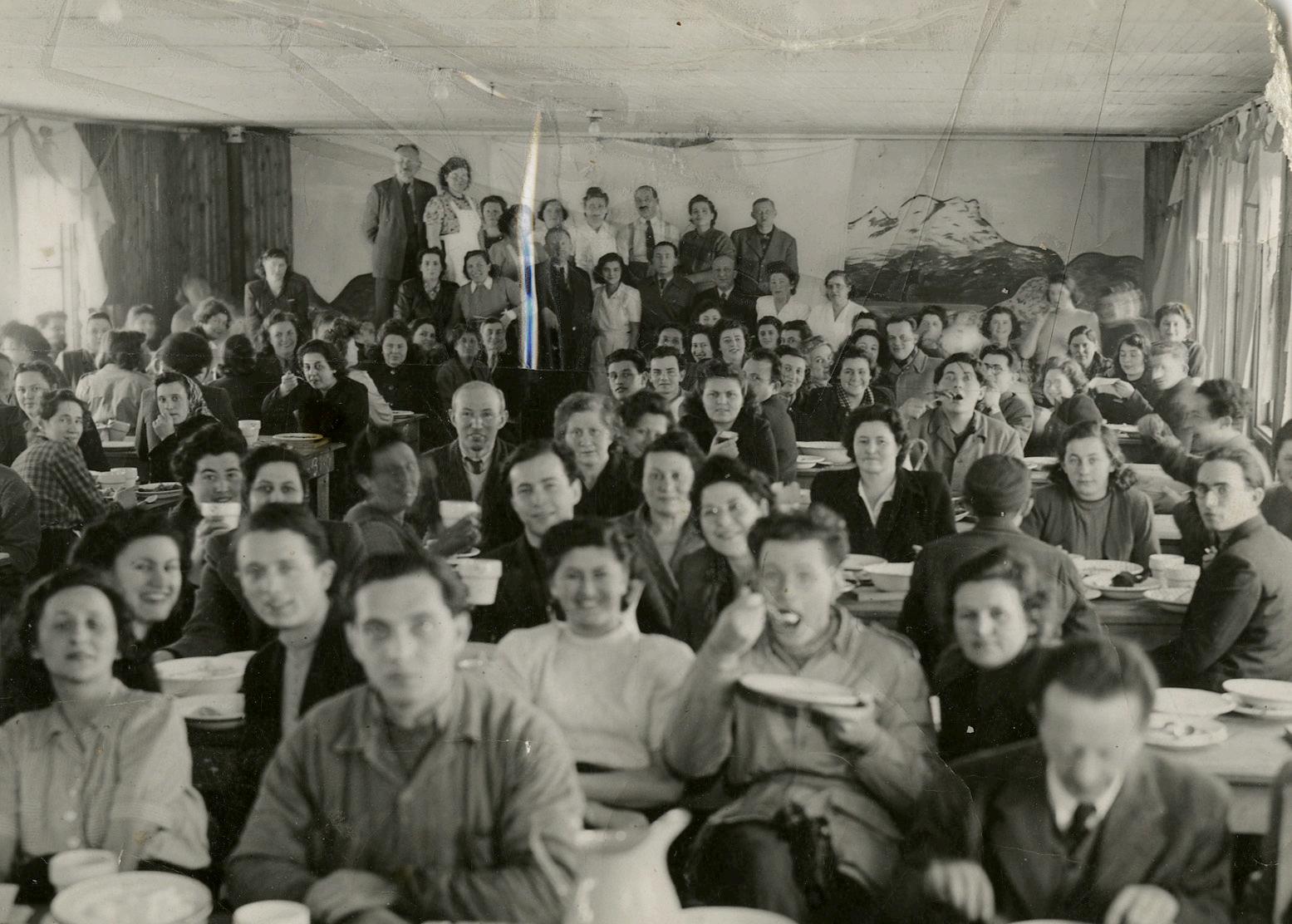
In thinking about my mother today I believe the goodness of this person lies within her heart. Her selflessness for others went above and beyond her job.
Morning and night she was always there, without a problem and without any care. For her giving and sharing it is quite an easy task, but for herself she never does ask. This is a person whom I admire.
To emulate her ways is my heart’s desire. It is with pride that I present her life.
The hardships and sorrows and her strife. She toiled and changed her world into another. One meaningful existence. Thank you, dear mother.
When my mother returned to Kisvarda she ultimately met and married my father, in 1947. My parents struggled financially, but they seldom went to a thrift shop. They found a mirror they liked that they could afford and when they brought it home, they were overwhelmingly surprised when they found money inside of it! They used that money to furnish their home. That was a miracle, a gift sent by Hakodesh Baruch Hu.
Whenmy mother was pregnant with me, she had a difficult pregnancy and delivery, due to her malnourished body. She was at risk of losing her life or the child, as per her doctor’s prediction. He told my father that he would have to choose who to save his wife or the baby. My father, who was a big believer in davening at Kvarim, went to daven at Kever. He was there a long time, davening and begging Hashem to save us. He had tremendous bitachon and emunah. He said, “Hashem, I'm not leaving here until you answer me!" After many hours, he went back to the hospital and I was born healthy (a forceps delivery) and my mother survived, as well.
My father's sister, Roszi, gave birth to a baby girl the same day that I was born, on Yom Ha’atzmaut. They named her Evi. My mother took care of both of us since my aunt went to work. We remained very close growing up and spoke every day. My mother was told that she had a brother, but she
never managed to meet up with him. The only thing she knew was that he lived in Israel.
My cousin Evi was a great gymnast, especially on the balance beam. I wasn't allowed to do extracurricular activities like that because my parents were afraid that I would get hurt. I was often called Kneidel (meaning dumpling, in Yiddish) because I was chubby. My parents didn't let me ride a bike, since I might fall. I wasn't allowed to have ice cream since it was cold, and I might get a sore throat. These are some examples of how overprotective my parents were of me. Their overprotective behavior was certainly out of the ordinary.
I was an only child. We lived in Kisvarda in a small apartment with a small kitchen and a bedroom. There was no plumbing, so we had to use an outhouse. We didn't have a bathtub to bathe in, so my mother would fill up a wooden basin in which to wash me. Sometimes, as a treat, my mother would take me to the mikva, and I would take a bath there.
I realized that my parents’ love for me was demonstrated by being overprotective. I meant everything to them. I was their life-but I was not spoiled. I knew the word 'NO' didn't exist. It was very hard to grow up being so stifled, even though I knew it came from a good place. My father would lie down on the floor next to me when I was sick, to make sure I was alright. My father was scared to let me walk on snow and ice, so he carried me, afraid that I would slip and fall. It was very difficult to be raised that way.
In 1956, the Russians invaded Hungary. I was in school when army tanks started rolling in. My father was in a panic, and he came to get me from school. We escaped the next day with about a group of 20 people. Our neighbor, the head of the Communist Party, was always very friendly
towards us. When he heard that we were going to escape, he didn't report us but looked the other way. I was eight years old when we escaped in the middle of the night.
I was always dressed immaculately, and I had gorgeous long hair that my mother took very good care of. She was very meticulous and neat, and it made her very proud. She would braid my hair and put bows in it. My mother was concerned that my hair should always look groomed. When we were fleeing, she made sure to pack my brush, along with my blanket.
Those were the only things she took with her.
My father hired a man to help us cross the border. He knew where the grenades were planted. As we were walking through the night, we were captured by three Russian soldiers. They yelled out "Stoy!" which means to stop in Russian. They were shooting and signaling for the Russians to take us back. We bribed them by giving them jewelry and money. My father didn't want me to be scared so he gave me some cookies he had in his pocket. He told me that they were from the soldiers. The Russians advised us to take a different route to continue our journey since they knew that the Hungarian soldiers were waiting for us at the border. On our way, a baby girl was with us, and she wouldn't stop crying. Her father wanted to kill her, to prevent us from getting caught and sent back. The baby's uncle took the baby and laid on top of her to muffle her cries (Baruch Hashem the baby survived. She and her uncle made it to Toronto Canada). We were saved at that point. As we kept on walking, Hungarian soldiers caught us and wanted to send us back. There was some leftover money and jewelry that the Russians didn't get, so we gave them to the Hungarian soldiers.
They let us go. We ended up staying in a boarding house until the next morning. The next night, we travelled by train to Austria, and we were
put up in a dilapidated hotel. We stayed there for six months. My mother became the cook.
We were then transferred to an army base camp, Korneuberg, and stayed there for two and a half years. The accommodation was very poor. There were no beds, we slept on cots, and we all shared a communal shower. There were no separate bedrooms. To get some privacy, we hung up sheets between each family. There was very little food. I attended school in Austria during the entire time we were in Korneuberg. I became fluent in the German language which helped me out when I came to America. (German and Yiddish are similar so it helped me understand the Yiddish language when I attended school in Williamsburg.) In Austria, my mother worked so hard that she had no time to take care of my hair, so we had to cut it. It was very traumatic for her.
Around 1956, some families were able to leave to America and other countries. The people who had relatives there and were sponsored by HIAS (an organization that helped with this venture) were able to leave. We had no sponsors; therefore, we were one of the last ones to leave. My father went to the consulate daily to inquire about our delay. They asked him his name and when he said, “Miklos Weiss,” they looked up his records and said that someone with that name had already left for Australia. It turned out that they had mixed up my father's name with another, Miklos Weiss. We were not on the proper list. They gave us another paper to fill out. Once that was in order, we were able to leave the country.
To enter the United States, we were mandated to be immunized. As a child this was very frightening. My parents were also very afraid for me doing this, but they had no choice.
Whenwe arrived in New York, we stayed with a couple who were from our town in Hungary. We remained there for only a few days, until we found an apartment. My parents had no money. My father came to America with $16. I remember telling my mother that I was hungry, and she started to cry. She said we had to wait until the couple we stayed with would give us food. It was very painful for my mother to tell me this.
We moved to a basement apartment. The apartment belonged to Chaim's grandfather. At that time, we didn't know that his grandson would eventually become my husband! My father had no money to buy furniture so he would roam the streets to find any furniture on the side of the road that people put out to be disposed of. He was happy when he found something to sleep on. It was a very hard beginning. In due time, both my father and my mother got jobs. My father worked in a Matzah bakery during the day and a sweater factory at night. My mother worked in the
sweater factory as a merrow operator. We had no air conditioning, so we slept on the fire escape to get some air. My parents were loving and giving, and I felt like I had everything I needed. I never felt deprived. I had friends from Europe who came to America the same time as I did who were in the same situation. This made it easier for me to adjust. Two years later, we had to leave due to the Williamsburg projects that were being built. We moved to Boro Park, together with Chaim's grandparents, and it was a new beginning for all of us.
My parents asked the neighbors what their children did during the summers. They were told that girls go to sleepaway camp. The camp they recommended was a Chassidish camp, so my parents registered me there. I was eleven years old at that time. I was very uncomfortable at that camp, being I was not Chassidish like the other girls. They knew I was different and asked me if my mother covered her hair. My mother always covered her hair, but did not wear a wig. It didn't sit well with them. The girls did things that I didn't, for example, they wore dresses in the pool which I didn't want to do. On visiting day, my mother wasn't feeling well so I went back to Brooklyn for the day. When I got back to camp, the girls were getting ready for bed. I was still dressed, since I had just got back. The head of the camp walked in and saw that I was all dressed and asked what was going on, why wasn't I also ready for bed. He gave me a big smack in front of all the girls. I was crying but I didn't want to tell my parents because I knew they would come and get me. After I came home, it was really on my mind, and I just couldn't hold it in any longer, so I told my father. He became so upset that he took out a rolling pin and was off to go find the head of the camp who had smacked me. He knew that the man owned a furniture store nearby, but he didn’t end up finding him.
The next summer, I went to a B’nei Akiva camp. There the counselors give us daily shiurim. For leisure time, we had various activities, including dance instruction. We loved it! A few of my friends from Hungary were there with me. I was a very happy camper. One of the activities was swimming. There was no pool on the grounds, only a lake. One day, when I was in the lake, I felt myself sinking in the mud and I almost drowned. Since then, I am afraid to swim.
In the early 1960's we moved to a two-family home in Boro Park on 54th Street. Chaim's grandparents lived in one apartment, and my family lived in the other. We enjoyed being neighbors with them. A few years later, I was sitting on my porch, studying. I looked up and noticed a good-looking young man getting out of his car. I thought to myself, "That’s the kind of boy I want to marry." His aunt lived together with his grandparents, and she suggested the shidduch. I agreed to go out, even though I was only 17 and in high school. We dated and it got serious, but Chaim never spoke about getting engaged. He just said to me that he wants to give me a gift on Chanukah, in front of my parents, but I didn't realize that meant I was getting engaged! His parents came over that night, as well. He gave me a watch and then we got engaged! The policy at the school that I attended, Esther Schonfeld High School, was that once a student became engaged, she wasn’t allowed back into school. I didn't want to be a high school dropout, so I went to New Utrecht High School during the summer to earn my High School diploma. It was difficult to juggle all the schoolworkincluding taking two regents - date, and plan a wedding, all at the same time.
We were married on October 16, 1966, at Menorah Temple in Boro Park. I bought my gown at A & S Department store, and it was worn by other kallahs after my wedding. I had a veil and a crown that were custom made. I kept them as a remembrance. Harry Trainer was our photographer,
and the music was played by Rudy Teppel. When it came time to choose the Mesader Kedushin for the chuppah, Chaim chose Rabbi Harlig, who was very close to the Eisenberger family. Our wedding was considered beautiful, elegant and well attended. The guests included European survivors, as well as family members and friends. It was customary for guests to bring a wedding gift. A typical amount was ten dollars. Twentyfive dollars was the largest gift we received. As the wedding was coming to an end, my father and I danced together. I thanked him for everything he did for me. I put my head on his shoulder, became emotional and started to cry. He became emotional as well, and we cried together.

In 1988, Chaim decided to open a camera store near Madison Square Garden, in Manhattan, together with his friend, Joe Eichenbaum. They worked very hard and were very successful in the business. We moved to an apartment on 50th Street in Boro Park where we lived for seven years. I had my first son, Dovid, in 1967. His bris took place in
my parents’ house. Rabbi Paysach Krohn, who was very young at the time, was the mohel. My father was shocked that we were using someone as young as Rabbi Krohn, who only recently had begun practicing as a mohel. His father wasn't well and trained him to be a mohel. He wanted him to follow in his path and have a way to make a parnasah. Rabbi Krohn was eventually the Mohel for all four of my sons.
Two years later, I was pregnant in my eighth month when I went into labor with Yaakov. It was unexpected as it was three weeks before my due date. Chaim was at work, and I had to take care of Dovid. I didn't want to call my parents since they would worry, so I called my sister-in-law, Rifky, to come to watch Dovid. It was a cold, snowy day in February and I had to decide what to do. I knocked on my neighbor’s door but there was no answer. I decided to go downstairs and look for a neighbor who could drive me to the hospital. Luckily, I found a neighbor who was cleaning snow off his car and then he took me to the hospital. I called Chaim to meet me there right away. He had a hard time getting there because not all the trains were running. Baruch Hashem, he made it before I gave birth.
Westayed in Boro Park for seven years before we moved to Monsey. While in Brooklyn, my in-laws lived on the same block as we did. My parents lived three blocks away and came over very often. My father's greatest pleasure was when he would shop at the grocery store and bring food to my house. My mother was a great cook who made her special delicacies and brought them over.
When we went out on a Saturday night, my father was not able to sleep until he checked that the lights were out in my house. That meant that we were home and only then was he able to relax. My father would visit every morning when Chaim was at work. He'd bring the boys fresh breakfast before they got on the bus. During the winter, he would wait for my boys at the bus stop to make sure they were properly zipped up. He had a lot of time on his hands, as he was not working, due to an accident at work. He had fallen off a tall ladder and was unable to work any longer. He was
overly protective of his grandsons and went to great lengths to show how much he loved them. For example, after we moved to Monsey and he still lived in Boro Park, and he was well enough to travel, he would travel by Monsey bus to bring us fresh pizza. Also, the meat he bought had to be very specific and perfect - only the best for his family. He loved to give. The people in the neighborhood called him Mr. Smiley.
When we were looking for a house, we decided to look in Monsey. Chaim already had two brothers living there. We thought it would be a good idea to explore the neighborhood. We found a house that we really liked. It was on an acre of land and had a basketball court. That was a huge draw. We bought the house in 1978. The boys were so excited, and they loved having friends over to play ball. The boys went to Yeshiva of Spring Valley and Yeshiva Shaarei Torah, where Berel Wein was the principal. After high school, they went to Mercaz HaTorah in Eretz Yisrael.
When my father took a trip to Israel, he went to visit Dovid in yeshiva. The rooms in Dovid's yeshiva were not heated and the weather was very cold. My father heard that in Beer Sheva there was a store that sold warm bedding and carpets. He travelled by bus to buy these items for Dovid and brought them back to the yeshiva.
My son, Dovid, had a friend, Ahron Rovner, who also lived in Monsey, close to us - just across the park. I knew Ahron's mother, Leah Rovner, from Esther Schonfeld High School. She was anxiously looking for a shidduch for her daughter, Estee. Ahron thought of introducing Dovid to Estee and discussed this idea with his parents. They agreed to follow through. Dovid and Estee dated for three months, and their engagement became official in the Rovner home. After they married, they lived in Monsey. A year later, Aviva, my oldest grandchild, was born.
My in-laws moved from Boro Park to Monsey and lived around the corner from us. As my father-in-law was failing in his health, he needed convincing to move out of his home and move in with one of his children.
We had an addition built onto our house to accommodate their needs and comforts, and my in-laws moved in with us. They ate with us every Shabbos and we enjoyed their company. Their children came to visit almost every day. My father-in-law had an aide who assisted him in the tasks of daily living. He lived with us until he passed away.
On the day of my grandson Sruli's bris, my mother-in-law was acting strange. She was unable to talk and express her needs. Chaim called his sister to come stay with her so we could get to the bris. By the time we returned from the bris, my mother-in-law had been taken to the hospital. She had suffered a stroke that affected her speech and her right side. She was placed in the Northern Metropolitan Nursing Home, which was just a mile away from our house. She was there for five years until she died. My sister-in-law spent many hours at her bedside.
In May 1993, we celebrated my nephew Yiddel’s sons Bar Mitzvah. We spent Shabbos at the home of Shani Schwebel, in Flatbush. On Friday I went to Boro Park to say Good Shabbos to my mother. Upon leaving, I said, “See you on Sunday!” Which was Mother’s Day. On Shabbos, the Kerestirer Rabbis grandson from Boro Park, walked to us in Flatbush to tell me that my mother was rushed to the hospital. She had a massive heart attack. When I heard the news, I couldn’t get there fast enough. Upon arriving at the hospital, I saw my mother hooked up to countless wires. It didn’t look promising.
Two years prior she had bypass surgery. We had thought it would give her more time. She had had a very hard recovery and had moved into our home for a few weeks to recover.
Now it was very difficult for me to see my mother like this. I took my father home from the hospital and told Yaakov to call us when I was needed. I got a call on Tuesday to go to say goodbye. That day happened to be my birthday and my mother-in-law’s yahrzeit, as well. It was totally unexpected that both my mother and my mother-in-law would share the same yahrzeit, on my birthday. I sat shiva in my parents’ apartment. My mother was buried in the family plot in Floral Park, which is in New Brunswick, New Jersey.
After my mother passed away, my father remained in Boro Park. He would come to us every Shabbos. I would travel from my job in the Bronx to Boro Park to check on him and make sure he had everything he needed, and then I drove home to Monsey. I would do this three times a week. It was a lot of driving. One time, I was so tired that I fell asleep at the wheel and got into an accident. My boys insisted that I stop driving such distances as it was too risky. They tried convincing my father to move in with us. He didn't want to, but, ultimately, he didn't have a choice. I needed a place for him to stay while I was at work.
I found a day care center in Monsey where they provided meals and activities. He was not happy being there. He lived with us, in the attached apartment where my in-laws had lived. I arranged for a young bachur, Leiby Breuer, to learn with him every day. He was very special and treated my father with tremendous respect. He even called him Zeidy. He invited my father to his wedding and danced with him.
My father's well-being and happiness was always my main concern. I would never leave him; therefore, I misses out on many simchos. When I had a family simcha in Toronto, my sister-in-law, Rivky, insisted that she would move into my house with her family and take care of my father. I had a hard time accepting such a generous offer, but I consented. She did it with such love and care. I am forever grateful to her.
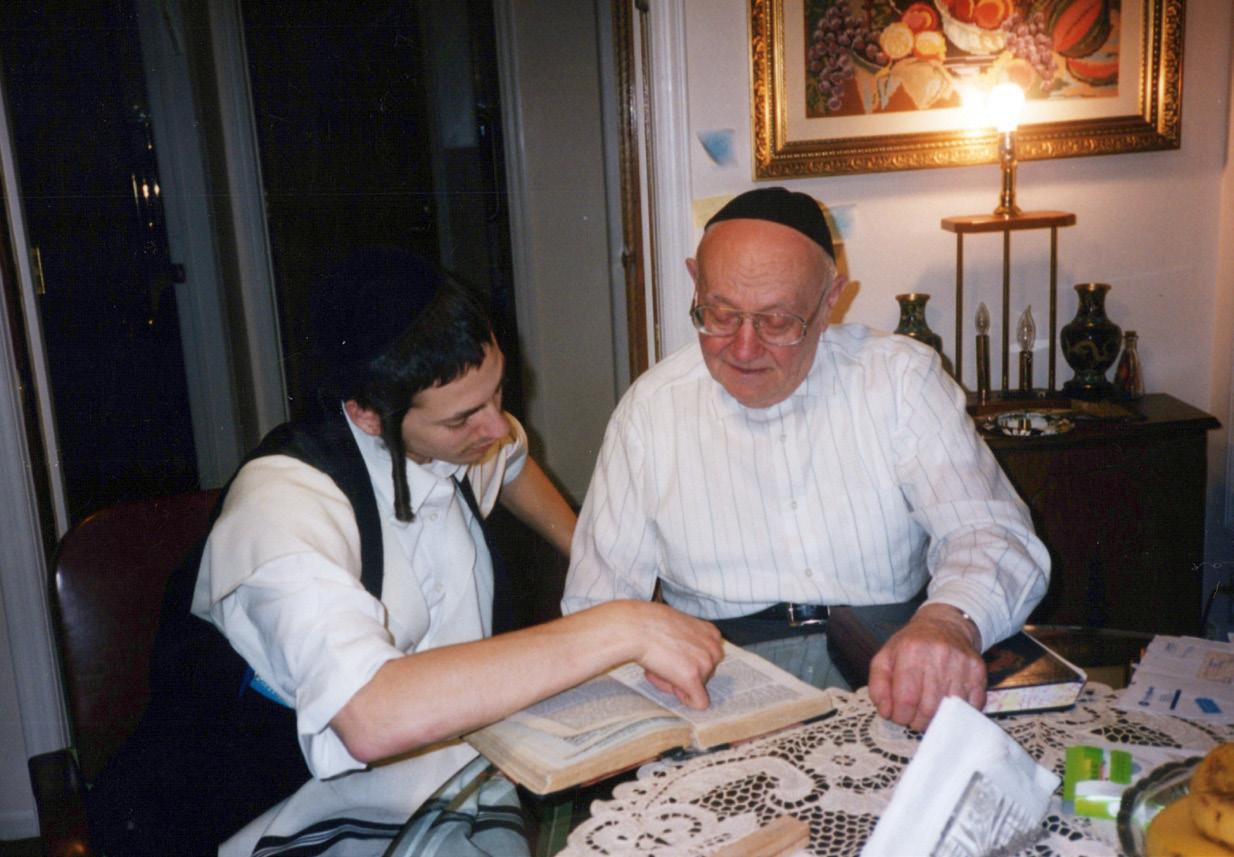
Rivky suggested that I move my father to an assisted living facility in Boro Park where there were many people his age, from similar backgrounds. He agreed to try it. I hired an Israeli aide 24/7 who ended up being a disaster. He promised to take very good care of my father, until I found out that he wasn't doing that at all. . He would leave the facility after he put my father to bed and come back at 6 AM, as if he had never left. I used to call my father every night before he went to bed.
One night, the aide didn't answer. I called the front desk to check on him, but they weren't sure where he was. The administrator asked if he should go check on them, but I felt like I had to go. I found my father all alone. I
caught the aide coming into the facility, returning early in the morning, as he had been doing every day. I had also hired a daytime aide. She had shown up early for her first day to ensure that she would be there on time. She, too, had found my father all alone. I was going to fire the Israeli aide, but he said, "Please forgive me- Chatusi!”
I allowed him to come back for the night- it was a bad mistake!
When my father was turning 90, we prepared a birthday party for him but, unfortunately, he became very ill, and he had to be taken to Maimonides Hospital. He developed a fever and had to be put on oxygen. Upon discharge a few days later, he was transferred to Metropolitan Nursing Home in Monsey. It was very difficult for me, emotionally, to place my father in a home, but I couldn't care for him properly. I hired an aide to stay with him and I would visit three times a day- before work, after work and after dinner. My father had a very nice roommate Rabbi Klein, in Metropolitan Nursing Home. I greeted him each time I went to see my father and he returned my greeting with a smile. He was very friendly with my father. Mr. Klein's daughter used to visit him, and we became friends. She appreciated my friendship towards her father.
On Shabbos, I would visit my father after candle-lighting and be back before Chaim came home from shul. It was one mile away from my house. One Shabbos, it was unbearably hot. Chaim didn't want me to go to the nursing home, but I felt that I had to visit. I decided I'd go on Shabbos and come home after Shabbos was over. At that Motzei Shabbos, at two in the morning, I got a call from the home that my father had passed away.
We went back to the nursing home, but it was too hard for me to see him like that, so I told Chaim to be with him. I was so grateful that I had made sure to visit earlier on Shabbos, despite how hot it was. It ended up being
the last visit I had with my father. Chaim spoke about this at my father's levaya.
My father's levaya was in June of 2010, on the 24th of Sivan. He was buried in Floral Park next to my mother and my mother-in-law. All my children were there with me, as well as my very close friend, Faigy Deutsch. She took pictures for me of the Levaya. She knew I would appreciate them later since I couldn't focus because I was overwhelmed with sadness. Now, when I look at them, the pictures bring me nechama and I know that my father is in a good place, along with my mother.
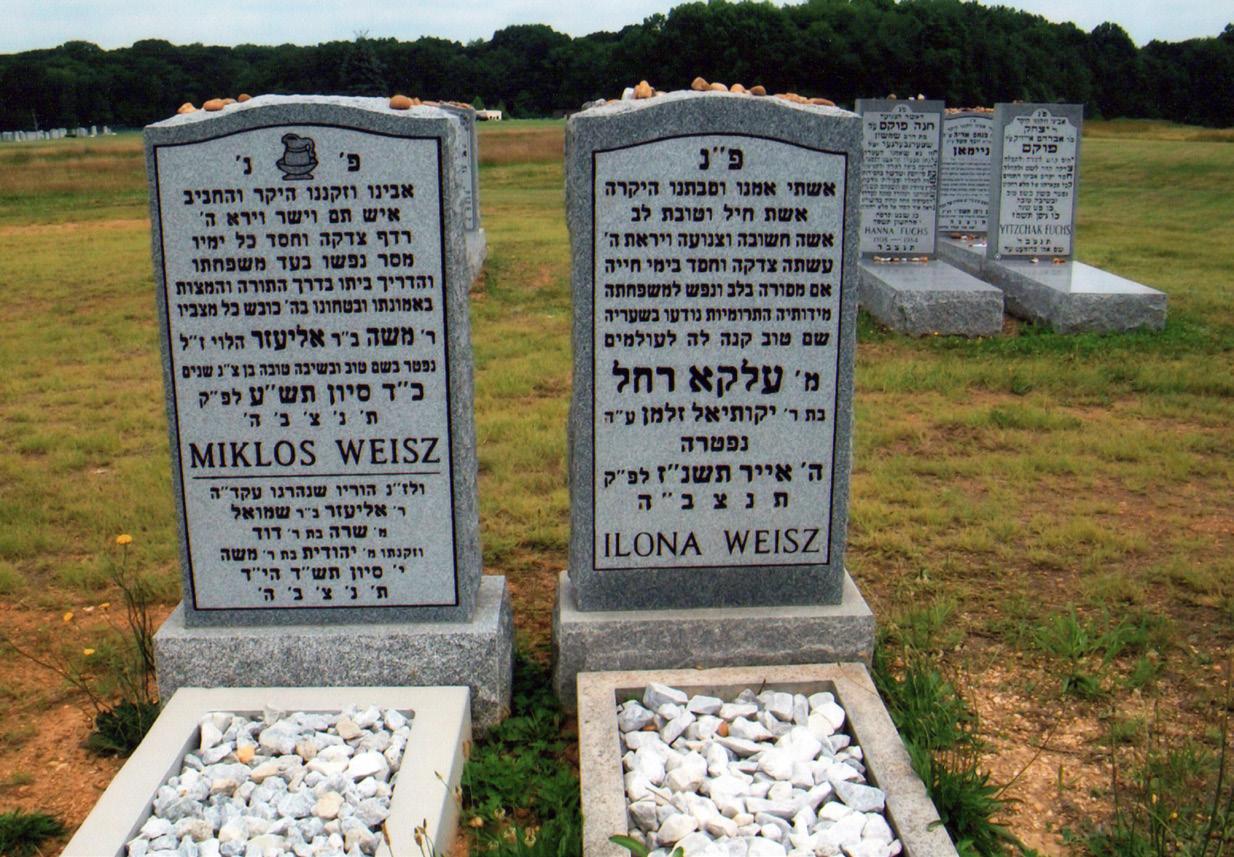
Chavie, the daughter of Rabbi Klein, who had been my father's roommate in Metropolitan, came to the shiva. I would like to share with you the personal letter that she sent to me, which was so meaningful. She expressed her feelings towards my father and to me, as well. I was full of emotion as I read it. The letter is framed, and I keep it on my dining room buffet. Many years have passed and I'm still in touch with her. Her words never left me.
She was very emotional and expressed her feelings by writing the following beautiful letter to me.
As I walked into the room where you were sitting shiva it was so quiet. I sat right across from you. I see a most beautiful, composed woman whose expressive shining eyes are now affixed to some distant past. I am taken from your regalness in both your posture and how you are fully aware of what is going on amidst the shiva for your most beloved father, Mr. Weiss. That regalness brings me back to Yom Kippur long ago. You have come to
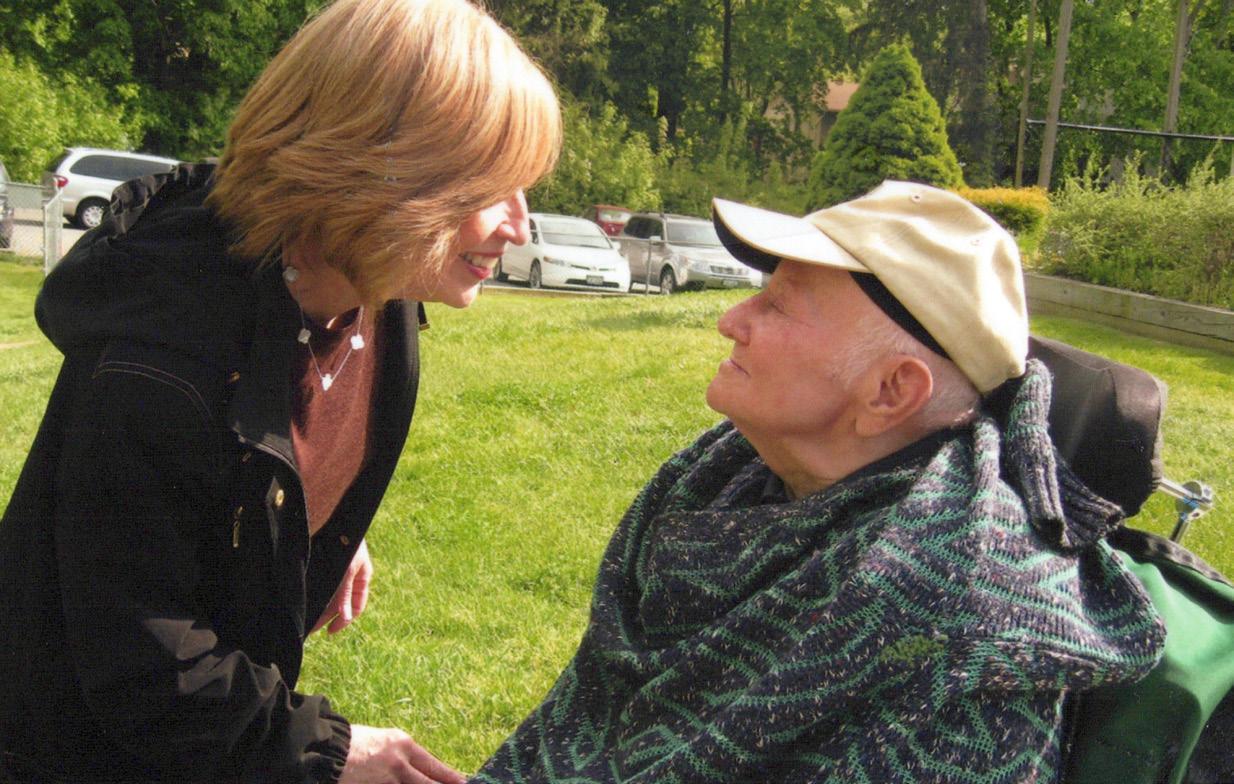
see your father dressed in a soft elegant outfit as you gently walked through the hallway into your father’s room. One dear father in Himmel and one Zissa Tate, it was also Yom Hakodesh. We were both with our fathers that day, and we were mechabed our fathers. It was a zechus to be with you. My father was so impressed by what was taking place. How much he appreciated all that you did and didn’t do. You knew when to be caring, thoughtful and wise. You often checked upon me as well. You were interested in my family and extended family. You aways stayed in touch. You met me at the hospital when the situation was serious. You shared simchas with me, weddings of my children. Oh, how your father must have loved you, Agi! An only child
who gave so much respect to him, which he deserved. You kept a very close watch, coming so frequently, and you did it with a smile. You were also very respectful to the staff.
Agi, your father seemed to have a warm and close relationship with his grandchildren. They all spoke so eloquently at his levaya. I give continued gratitude to Hashem and His infinite Chessed that he brought us together. The strength that you demonstrated as a role model will stay with me forever. We should continue to share many more simchas together and Hashem should send a geulah. Amen.
One year, on my father's yahrzeit, I was walking down Central Avenue. As I passed by the school HAFTR, there was a little girl, around eight years old, standing by the gate. She handed me a little bouquet of flowers and said to me, "You're so beautiful!"
And then she was gone. I took it as a message from my father. I called Yossi and asked him to take me to Lubavitcher Rebbe's Kever. He said he would meet me on a local street. As I was driving to where he was going to pick me up, I heard a siren - I was being pulled over. I had no idea what I did wrong and when I asked the policeman, he said that I ran a stop sign. Yossi saw what was happening and explained to the officer why I was having a very hard day, and I was not given a ticket.
Asthe boys were growing up and my youngest, Yossi, was three years old, I went back to college, Occupational Therapy was my major. I attended part time since I still had a family to care for. It took me five years to complete the course. I loved going to school, and I knew that this was the field that would give me self-satisfaction. The job combined both healing and helping others. I felt it was my calling, and I was drawn to it, even though Chaim and my parents didn't understand why it was necessary and important. Looking back, I see that Hashem was paving the way for me.
My job ended up being so instrumental for helping Chaim when he had a stroke many years later. I knew medical terms and what to ask and I was able to see that Hashem was really holding my hand.
in 1991, after I graduated, my first job was at Hebrew Home, a nursing home in the Bronx. Traveling was difficult since I travelled during rush hour. I treated all types of patients with different ailments-Alzheimer’s, cardiac, ortho-and I got close to many of my patients and their families. I took multiple continuing education classes, as required by the state, and they were very helpful. I always enjoyed learning different techniques to help people and see the best outcomes. I worked there for eight years until a friend of mine told me that there was an opening for an OT position in her school, which was close to my house. She suggested I switch there instead of having to commute very far. I was apprehensive because I didn't have appropriate pediatric experience, but I made sure to tell the principal and she was okay with it. I went to observe some therapists at another school in Kiryat Joel.
While I was there, I was asked if I wanted a job in the school. I didn't know what to do because I had just committed to a new job. I decided to call the place where I had just started working to see if they were happy with me and what their thoughts were. They answered that they were very happy with me, and everyone liked me, so I decided to stay.
Shortly afterwards they informed me that they were cutting my hours and bringing in computers, along with a new curriculum. I worked minimal hours so once they cut them, I decided to leave, and I went to the school in Kiryas Joel. I worked with special needs children with various diagnoses. I enjoyed working with these children and grew close to them.
When I got my job in Kiryas Joel, I was told that all my documentation needed to be on a computer. I panicked! I was not familiar with using a computer. I thought to myself, "How am I going to learn this skill?" One of my co-workers, Chana Neumann, saw my distress. She came over to me and appeased me and told me,
"Don't worry, you'll come to my house, and I'll teach you."
What a relief! I will never forget the good deed that she did for me. I am still in touch with her, many years later.
The parents of my students acknowledged the improvement of their children’s skills. I also received recognition from my fellow co-workers. They described me as friendly, caring, elegant, respectful and a very optimistic person. This gave me confidence which helped me believe that my future would be brighter. Years later, I reflected on my professional life. I loved my profession, and I gave it my all. I catered to the needs of each child. It was a challenge, but I loved it. I took each child's disability to heart and did the best to facilitate their needs.
One day, I was treating a Down's Syndrome child and as I was putting him into a swing, he lost control of his body, as I tried to prevent his fall. When I grabbed him, I ended up tearing all the muscles in my shoulder. I was in excruciating pain! I went to three specialists, but the consensus was that I needed surgery. It was a very difficult surgery and a very long and hard recovery. I couldn't sleep and the pain was very intense. I needed therapy three times a week for eight months. I was unable to perform anything on my own and needed lots of assistance. I hired an aide, and I was dependent on her for cooking, cleaning, and dressing. My daughter-in-law, Aviva, from Canada, insisted on helping me. I tried to dissuade her but being the person that she is, she came and took amazing care of me. I couldn’t return to that job after that injury, and I missed it - I had been there for eight years! I did manage to do some volunteer work when it was possible.
Someof my happiest times were spending Yom Tovim with my family, having quality time with each member, creating beautiful memories and keeping our traditions. I will share some of the highlights as I remember them.
For many years, Chaim had a stainless-steel Menorah. He always admired and wanted a silver Menorah. I saved up money and one year I presented him with a beautiful Menorah. He was so surprised and grateful for this gift. He continues to use it, and we brought it to West Palm Beach, where we now celebrate Chanukah. As a family we played kvitlach, a popular game at that time. The younger children played dreidel, bingo and, of course, there were also lots of latkes.
Pesach was a big undertaking, with preparations beginning weeks in advance. We spent some Pesachs with my parents. When the children
got older, we made our own sedorim at home. We had Aunt Fritzie who never had children, and she would spend Pesach with us. I remember my mother would bake her famous chocolate cakes, at least eight of them! It was a labor of love. She would also make lokshen for the soup, which was delicious! Aviva and family used to come to us for Pesach sedorim. Once Yaakov turned 40, Aviva said that we should come to them. It was always enjoyable to be with them and their family.
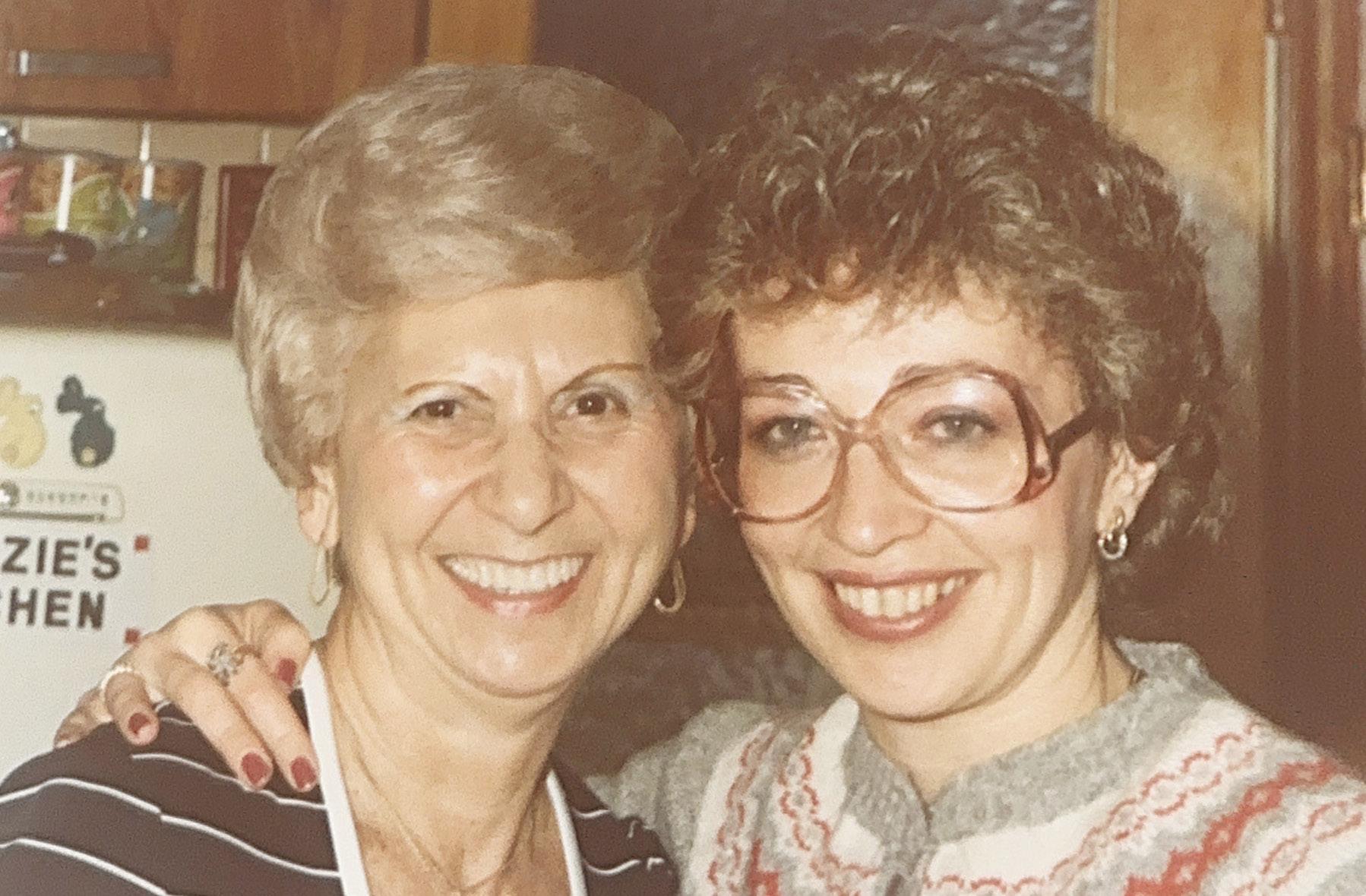
One Seder night, Avrohom, Yaakov and Aviva's youngest child who was eight years old at the time, hid Chaim's afikomen. When Chaim went to look for it, he couldn’t find it. Chaim asked him, "How much do you want for the Afikomen?" Avrohom replied, "Whatever you can afford." We were all laughing hysterically.
Succos was always divided amongst our children. We enjoyed spending quality time with each of the families. I have memories of my motherin-law who always made her famous Rice Krispies treats which we ate in Succah. It was a happy time with lots of fun for the children and family. Purim was always spent in our home. It was a time to greet people and
provide Tzedakah to whoever needed. Yeshiva boys would come to sing and dance. It was very festive. When we were in West Palm, we had a communal seudah which was very festive-good meals with good company. There was music and the men danced. After Chaim's stroke, he got up to dance and the men began to dance with him. It was very emotional to watch.
In 2024 we were planning to go to Toronto for Succos. I needed to renew my passport. I filled out the forms and took pictures. The woman at the post office said that I should be getting my new passport in a few weeks. It took longer than I expected. I called the passport office and was told that they were working on it.
Two weeks before Succos, I still did not have my passport. I was getting nervous. I called a neighbor in West Palm Beach to check my mailbox. He did and told me it was there. He sent it with FedEx overnight. When I opened the envelope, I saw it was my old passport.
Now, I was getting nervous, it was close to my departure. I called my neighbor in West Palm Beach again to check my mailbox. He told me that the new passport had arrived!
It was two days before my departure, so it was very tight to get the passport to me in time. My son Yaakov knew the challenges and problems with which I was dealing. He called a driver that he uses in Miami and asked him to pick up my passport from West Palm.
Another challenge was to get someone to bring the passport to me in New York. The driver who picked up my passport knew someone who was flying to New York. The driver met the passenger, gave him my passport and this passenger drove it to my house! This was an amazing act of chessed.
It was unbelievable how Yaakov maneuvered every step of the way so we could spend Yom Tov together with them. It was so meaningful and enjoyable to spend Yom Tov together with the family.
In1990, while I was in school for OT, I noticed I was losing weight, and my feet were swollen. I attributed it to stress. But one day as I sat in class, I became very dizzy. I called the doctor, and he told me to come to his office right away to test my bloodwork. The results came back quickly, and the levels were below normal. The doctor said I need to get to a hospital ASAP. The doctor called Chaim and said I need an oncologist.
I was diagnosed with leukemia. Chaim broke down - he couldn't handle the news. The doctors couldn't figure out what type of leukemia it was, so I was transferred from Monsey to Westchester Hospital on November 4th. They sent my bloodwork to different hospitals to try to figure it out. They still couldn't treat me because they were not sure exactly what they were dealing with. It ended up being Hairy Cell Leukemia, but they still were unsure how to treat it. They gave me some medication to boost my immune system.
On December 11th, the doctor said I could go home since they weren't doing much for me as they still didn't have a proper diagnosis. I was in and out of the hospital for one year. I wanted my children to have some form of normalcy.
When I was in the hospital, I had Yossi, who was 9 years old, come to the hospital to do homework with me. I also made sure that one day a week was family day. This was a day that my family would come and have time with me. I said lots of Tehillim every night for my refuah, until I fell asleep.
I didn't want to tell my parents because I thought they would not be able to handle it. I felt that it would be the worst thing I could do to them, but a woman told my mother. My mother called me up and asked me why I didn't tell her. I said that I was just anemic, and people talk, and she shouldn't listen to them. When they came to visit me in the hospital, I had enough of a warning that I was able to put on make-up to enhance my appearance, since I looked very frail and pale.
Once, when I was out of the hospital, we went to a neighbor’s Bar Mitzvah upstate. Chaim's friend, Yankel Dovid, said, "If you're going to that Bar Mitzvah, see if you can find Elliot Hahn." We sat at a table, and everyone was introducing themselves and lo and behold, Elliot and Lillian Hahn were at our table- what a coincidence!
We instantly connected to them. I wasn't doing well at the time. When Elliot heard about my diagnosis, he said he'd be in touch. He really wanted to help me since he worked in research. He called me the next day and said that there's a new drug that he thought would help me. It was not FDA approved at that time, but they were seeing good results. It was called 2 CDA and was being used for Multiple Sclerosis. However the only place they were offering it was in La Jolla, California.
I really wanted to try that drug, but I wasn't well enough to fly. Leah Rovner's sister, Rochel, worked at Sloan Kettering. She spoke to a doctor at Sloan Kettering about my case. He told her that there was a doctor at Long Island Jewish Hospital, Dr. Kanti Rai, who had access to this drug. I sent my records to him so that he could review my case. I had to go for very vigorous testing to see if I was a candidate for the drug. It was very challenging to go through the testing and very painful- I had a bone marrow biopsy and multitude rounds of bloodwork done, but Baruch Hashem, I was a candidate.
A chemo port was surgically implanted in my chest area, which allowed the health care provider to infuse chemotherapy drugs into the port. It was also used to draw blood without a needle stick. This port remained in me for months.
I went home and had a home care nurse check my vitals. The nurse cried when she saw me for the first time and read my file with my diagnosis. I was given chemotherapy for a week, but I got terrible sores in my mouth. I was not able to eat, and I lost a lot of weight. I was really in a terrible condition.
The head of Bikur Cholim, Rabbi Lauber, would come visit me every day. He was like an angel who always made sure I had proper nutrition. He would bring me smoothies and anything I was able to eat to ensure I was getting nourishment. Even when he would travel, he would call me and ask me if I was eating.
One Motzei Shabbos, Rabbi Lauber came to be with me. He assumed I had a hard day because I had missed my grandson Sruli's bris that morning. I was told that if I had any temperature at all, I'd have to rush to the hospital. I ended up with a fever and was taken to the hospital and put in isolation.
My red blood cell counts, and my platelets were very low- I needed a transfusion. My son Yakov was a match for platelets. I would end up getting multiple transfusions from him.
Once, while he wasn't in the hospital with me, I had a very bad reaction where I almost died- I was lying there when suddenly, I felt myself drifting away, as if I was dying. I felt like it was over for me, and I started screaming! The nurses ran over and turned my bed upside down. My head was facing towards the floor, and my feet were up in the air- a position called a Trendelenburg's position. I remained like that until I got back to myself. After that incident, I made sure someone was there with me all the time. My family heard what happened and they were petrified! I had to get bloodwork frequently and Baruch Hashem, it seemed like I was on the road to recovery, slowly but surely.
I was discharged from the hospital on Chanukah, December 11, which was also my son Eli's birthday. I had experienced a truly open miracle, and I couldn't have been more grateful. It was truly amazing to be home after such a whirlwind of medical journeys.
I still had to have my blood monitored every week. The port was supposed to be flushed each time it was used, but at one of my visits, after asking the doctor when it would be removed, we discovered that it hadn’t been done.
I started to tremble. I developed a high fever and was immediately taken to the hospital. I was placed on a cooling blanket since oral medications did not work. I remember feeling very sick. It took a few days for my temperature to break. My doctor was very concerned and called the nurses’ stations several times a day to inquire about my condition. He was anxious and frightened.
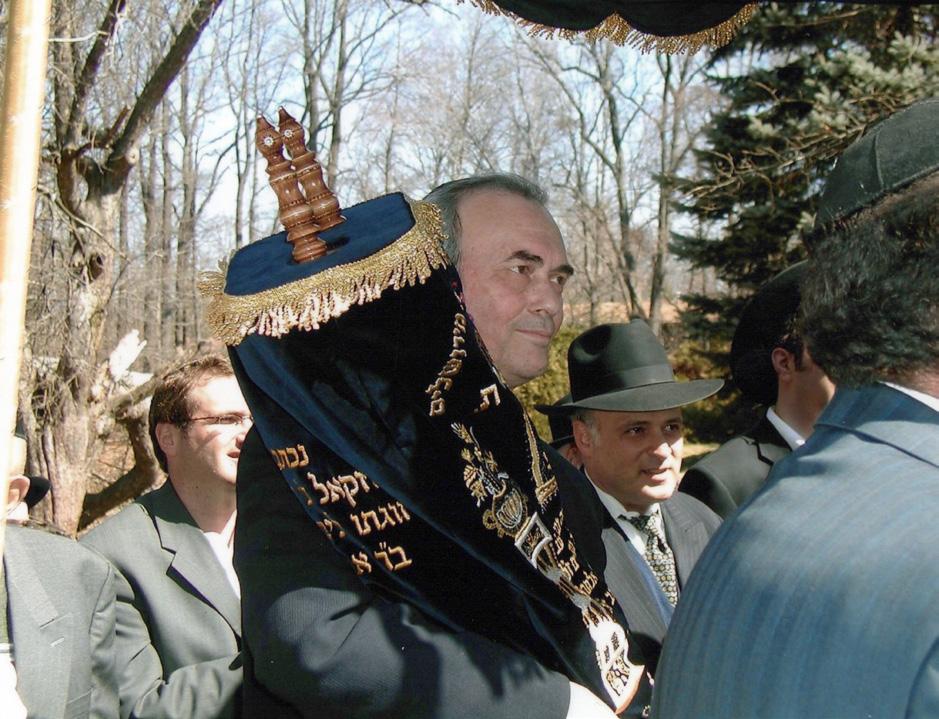
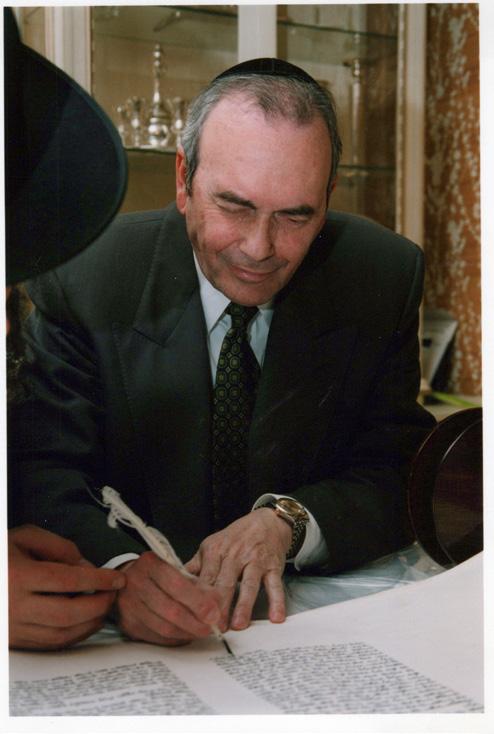
After my recovery, we celebrated a Hachnosas Sefer Torah to thank Hashem for saving my life. We donated the Sefer Torah to Rabbi Book's shul in Monsey. It was such a beautiful event, and I was overcome with emotion watching them dance with the Torah to the shul.
I was so grateful to publicly thank Hashem for saving my life. A few weeks later, in shul, the Rav announced that they needed volunteers for Chevra Kadisha. I thought that I should volunteer, however, I didn't know how to react because I was afraid to see a dead body. Even in the hospital, when they'd announced a code blue, I'd become very anxious. But I said to myself, "Agi, Hashem saved your life, here is a chance to give back and show Hakoras Hatov to Hashem for giving me my life back!" I was able to walk my children down the aisle to the Chuppah and I knew this was something I had to do. I was extremely nervous to do it, but I overcame my fear as a "thank you" to Hashem.
When my mother-in-law passed away, my family knew that I was involved in performing Taharas. I didn't want to engage in this chesed until I got permission from the family. I wasn't sure how they would feel about it. The
response was that they would feel a sense of comfort if I was there, so I agreed. It was a difficult and emotional task. I asked my mother-in-law for mechila for whatever I may have done. I started to cry, hoping she would be mochel me.
I was also involved in Shidduchim. A group met once a week to discuss singles and we were, Baruch Hashem, zoche to make some Shidduchim. I still try to keep up with this endeavor.
I also went with a group a women to do Bikur Cholim. We would try to entertain those we visited in any way that we could. Some women would sing along with us. Some patients had no visitors, and we loved to lift their spirits. When we volunteered in Helen Hayes Hospital, we befriended a woman who was recovering after a bad car accident. We kept her company, brought her food and made her smile. She really enjoyed our visits, and she felt loved.
Rabbi Lauber, head of Bikur Cholim, asked me to speak at an event to discuss what it's like to be a volunteer. Even though I'm not a public speaker, I accepted because Rabbi Lauber had been so gracious to me.
As a volunteer for Bikur Cholim I was called from the head of the organization to help a family whose mother was diagnosed with terminal illness. I went to their house to meet their four daughters, and we developed an instant relationship.
Our encounter was warm and friendly. They asked me to stay, and I was able to provide comfort and appeasement. They were very anxious, broken and distraught. I told them that I would be back in the morning.
The mother, Mrs. Roth, understood Hungarian but was not able to speak
at that time. When I spoke to her in that language, she always had a smile on her face. She had a daughter who was divorced and was looking for a shidduch. I suggested that we daven for her for a zivug. She accepted it with a smile.
Being an Occupational Therapist, I was able to assist in her care. I showed the family how to turn her properly to prevent bed sores and create comfort. The girls were very appreciative and did not want me to leave. We developed a special relationship which I cherish till today.
As her condition got worse, she was placed in hospice care. Her roommate was a religious woman whose son would come every day to visit. He was a single man whom the Roth family befriended. Hashem sent this man to Mrs. Roth's single daughter, and they got married.
I was invited to the wedding, and the girls made me feel as though I was their mother. They asked me to go with them in the car on the way to the hall and gave me tremendous honor. I could not believe that all her mothers’ tefillos came to fruition, and I was part of this celebration. I cried for joy and for their happiness.
I am grateful to Hashem as I had the privilege to lead me into this
wonderful family. Our close relationship continues till today.
Ihadalways loved going to the gym. I enjoyed taking Zumba and body sculpting classes.
One day, I was approached by a woman at the gym if I would be open to giving private classes. I agreed and made playlists (it wasn't like it is now, at that time, it required work). I began to give classes in my basement and as word got out, I gave classes to women and teenagers.
A mother asked me if I would work out with her teenage son who had CP (Cerebral Palsy). She was trying to help him to be more independent, so she encouraged him to make his own appointments.
As I began to train him, we developed a close relationship. We would meet twice a week until his family moved to Chicago. His mother wanted to
make sure we kept up our relationship, so we continued to be in touch. He loved having someone to talk to and felt comfortable with me. This gave me a great sense of satisfaction.
I also volunteered at a hospice care facility, advocating patients and their families. Once a woman asked me whether her mother should be put on hospice care. After assessing her physical and mental status, I told her that no, I didn't see the need for it. She would get more loving care at home. She lived another eight months and during that time, her family threw her a birthday party. I was privileged to attend this event. I brought her flowers, which she appreciated. I felt very good knowing that I helped to give this
woman a few more months to be with her family.
Oneof the best parts of my life was raising my children. I am so very proud of them, so I will give a little synopsis of their families. I have four boys, and therefore, celebrated many Bar Mitzvahs. My one aunt, Etus, and my uncle Meyer, came from Israel to celebrate Dovid's Bar Mitzvah. We were very close to them. Unfortunately, we did not see them again after this visit.
All my sons are involved in daily learning, gemilas chasodim and various tzedaka functions. My sons and their wives all have a sheim tov, Baruch Hashem. My daughters- in-law do various chasadim and I couldn't be prouder of them.
Dovid is married to Estee Rovner, the daughter of Abe and Leah Rovner. Estee does bikur cholim and has a weekly chabura in her house. She is
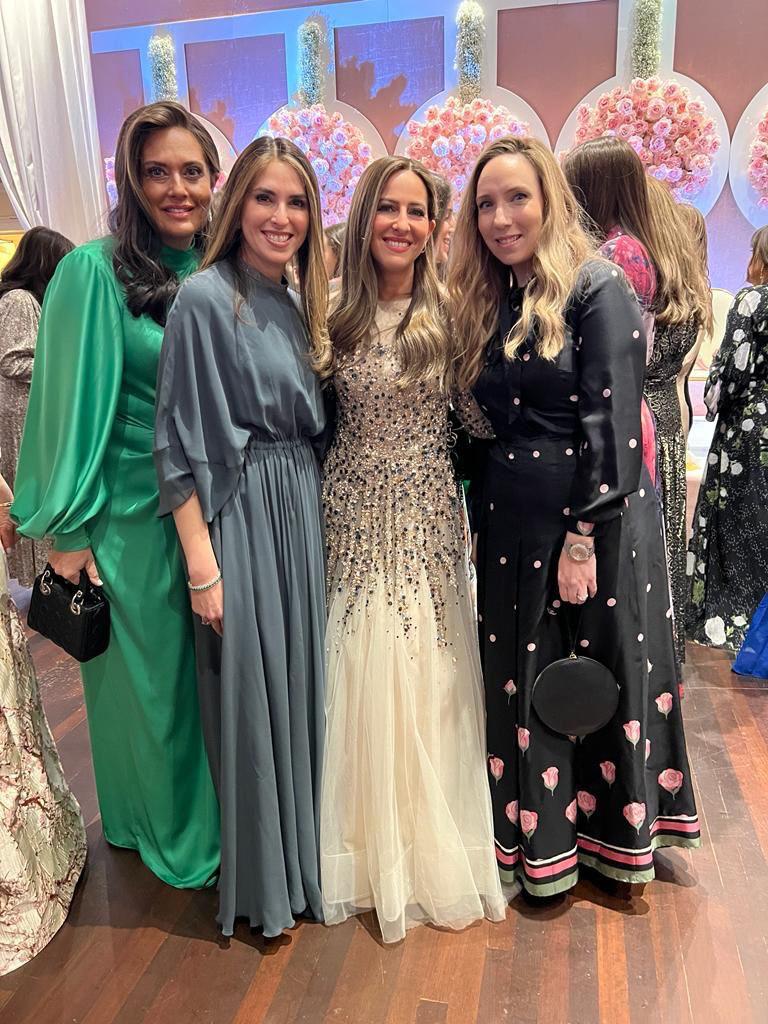
involved in shidduchim, as well. Estee came to visit Chaim in the hospital and rehab after his stroke three times a week, always bringing home cooked meals, despite it being a 40-minute drive. They moved to Tom's River two years ago. Two of their sons also moved with them to Tom's River. Dovid had a very close relationship with Rabbi Levitan who is the Rav of their shul and his Rebbe from Yeshiva Shaarei Torah High School.
Yaakov is married to Aviva Kohn, from Toronto. She is a tremendous baalas chessed. She helps Jewish and non-Jewish women become closer to Hashem and Yiddishkeit. She worked with a non-Jewish trainer who she befriended and over time, got her to be interested in Judaism. The trainer was inquisitive about religion and Aviva was able to answer many of her questions. Those that she couldn’t answer, she referred to a Rav. Before this woman was megayer, she was married to a Jewish man and had three children. Subsequently, she became frum. When she got engaged, she attended Aviva's classes to learn Taharas Hamishpacha, the laws of family purity. Aviva organized a beautiful wedding in her backyard and walked her down the aisle. A lavish Seudah followed the Chupah. She celebrated their anniversary of becoming frum by inviting their close friends from the neighborhood. What a Kiddush Hashem!
Eli is married to Nechama Schwebel. Her parents, Shani and Heshy, recently moved from Flatbush to Lawrence. They live in the Regency, which is down the block from us, so we see them often. Nechama is always ready to help anyone in need. She is always so welcoming to her guests. She's very involved with Shidduchim and is very honest so people really
want her input. She's very trusting.
Yossi is married to Deena, the daughter of Tom and Judy Hofstedter, from Toronto. Deena is a doula and is very good at it. She's compassionate, caring, supportive and very sought after. She practices with great love and care. Yossi and Deena live in Cedarhurst, and we love that they live so close to us.
Dovid and Estee have 5 children. Aviva married Michoel Hoffman, from London, and they have five children-Tamar, Zoe, Raquel, Gavriel and Uriel. Sruli is married to Eliana, and they have two children, Ahron and Sori. Yehuda married Aliza from Toronto, and they have three boys, Yosef Shimon, Moshe and Yitzchok. Ari is still looking for his bashert. Elana married Srulie Vinigray. She gave birth to a baby boy on November 7, 2024.
Yaakov and Aviva have 5 children. Aliza married Netanel Tessler from Chicago. Their children are Rifka, Yehuda, Yehoshua, Shoshana and Naftoli. Tamara married Yehuda Werner, from Toronto, and have three children- Rifka, Nosson and Sara. Rachelli married Shaya Kraus from Queens. Their children are Yehuda, Rifka and Yisroel. Ahuva married Shimie Weisskopf, from Monsey, and they have a daughter, Rikkie. Their youngest son is Avrohom and he's learning in Lakewood.
Eli and Nechama have 3 children. Avrohom Boruch, Elana and Leah. Avrohom Boruch studied in Lakewood and will soon be starting law school. As of now, he's looking for his bashert. Elana is married to Ari Levine, from Flatbush. They have two daughters, Sara and Rosa. Leah is married to Hillel Neuman.
Yossi and Deena have four daughters. Ariella is married to Shabsi Lichtenstein, from Monsey. Tamar is in high school. Raquel is in 8th grade and Serena is in elementary school.
In 2014, we had a very big surprise party for Chaim's 70th birthday. It was a whole weekend, and it was a catered affair in Rabbi Miller's shul. Everyone pitched in to make sure everything was perfect- and it was. The children spoke and it was very emotional. On Motzei Shabbos, a videographer interviewed us and the children. It was such a beautiful
celebration.
Our winters are spent in West Palm Beach. Chaim enjoys going to the gym where he works out every day. He goes to shul and enjoys the Daf Yomi class. He has a great social life with both his old and new friends. We enjoy live shows every Saturday night and Shabbos is our social time with our friends.
My routine every morning is to go to the gym. One morning, very uncharacteristically, I overslept and missed my time to go to the gym. I woke up very disoriented and I heard Chaim come home from shul and go straight to the bathroom.
He began yelling for me. I went to the bathroom and saw his left leg buckling. I ran to get a pillow to put underneath his head and called
Hatzalah. I had just gotten up and was immediately thrown into such a traumatic experience. Hatzalah said it would be best to take him to Westchester Hospital. My boys were all away, but as soon as I called Dovid, he quickly ran over to meet us. When he saw the situation, he was upset and shaken. They took a CT scan and an MRI, but they couldn't see anything because there was so much blood on his brain. He had a hemorrhagic stroke. The doctors had to wait for the blood to absorb itself to see what was going on.
Dovid and Yakov flew to Eretz Yisrael the next day to get brachos from Gedolim. I was with Chaim the entire time; I didn't leave him. A few days later, the doctor said that they had good news and bad news- the good news was that they knew what had caused the stroke and the bad news was that he needed surgery.
After surgery, they kept him there for a few days for observation and then sent him to a rehab facility.
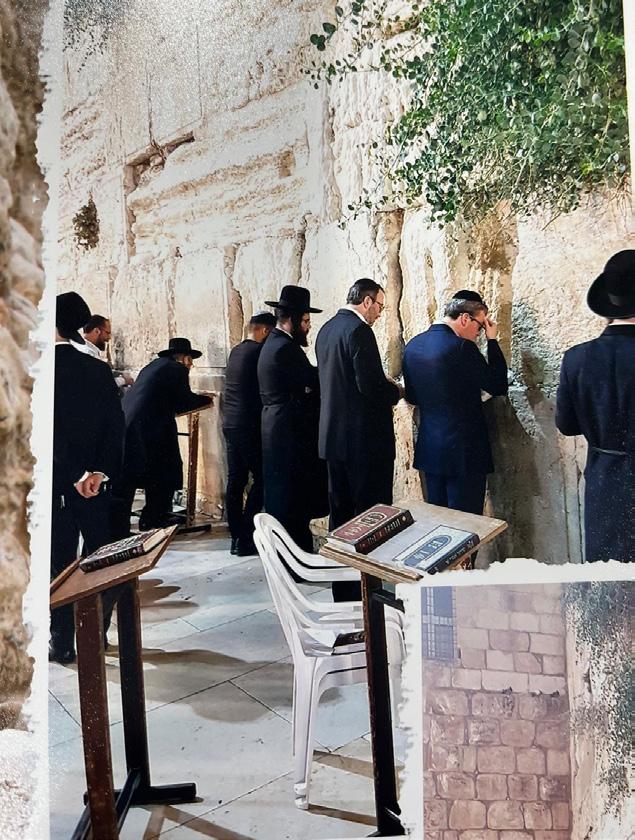
My boys knew the owner of the facility, Alaris Nursing Home, so we were able to get a better room. In the room we had a small sitting area with a TV and a fridge and that's where I stayed. I wouldn't leave him.
When Eli saw how devastated I was after Chaim's stroke, he didn't know what to do for me. We knew that Chaim always took care of all the financial matters, I was always happy to give that over to Eli. He assured me that he will take over the financial responsibilities. This gave me a lot of
My boys were also concerned about me being there constantly-they were worried about my health as well, so we hired an aide, Malu. She was a Filipino woman who was very sweet and kind and took very good care of Chaim. She was there nights, and I was there for the days and weekends at the facility. He needed a lot of care and Malu stayed with us for a couple of months. We had various other aides when she wasn't available. They were all good to him. He needed physical and occupational therapy.
Progress was very slow. At first, he was unable to walk, and as he was getting stronger, he was able to walk with assistance using a gate belt. Many months later, he was able to walk without the belt, however he still needed handheld assistance. As he improved, he was able to exercise with a trainer who provided him with lots of encouragement. As the years went on, we noticed improvement in his ability to participate in daily living skills. His brother Shalom bought a place near us in West Palm Beach, and they spend many hours together. Chaim never lost his ability to have hope and smile.
In December 2017, the day Chaim was discharged, his brother Shamshy passed away. He couldn't go to the funeral since he had just been discharged from rehab. We were on the way to the airport to West Palm Beach when we heard the news. The first thing he had to do when he got to West Palm Beach was to sit shiva. It was very tough.
Chaim was very weak and was debilitated. He was unable to walk and required a lot of assistance for activities of daily living. I wanted to start him in therapy so he can gain some of his strength back. I was told that St. Mary’s Hospital was a reputable hospital in West Palm Beach.
I made an appointment for Chaim to be evaluated by occupational and physical therapists. He required a lot of therapy for him to regain some of his mobility. He made slow but steady progress. His therapists all loved him and were very encouraging. When he was discharged from therapy, I organized a small party for all the staff to show our appreciation to them.
When he was no longer getting therapy, I hired a trainer from Century Village to exercise with him to maintain and improve his strength. He worked hard, but we were able to see the results. We are so grateful.
After Chaim’s stroke, we had to move out of our house in Monsey. The house was no longer conducive for him to stay. There were a lot of steps which he was unable to navigate. He lacked strength, balance, and coordination. We found an apartment in Lawrence through a friend. Our apartment is close to many stores and right near a shul. Chaim has an office with a big window making the room light and bright. Chaim also loves to learn and daven and says Tehillim for numerous people. That is how he spends his days.
We made new friends when we moved to Lawrence. People in our shul were very welcoming. We have an outstanding Rabbi Mordechai Stern, to whom everybody looks up to. The people in our shul give Chaim the utmost respect. They are ready to help him with whatever he needs.
Knowing how Chaim is so well liked in the shul gives me a great feeling that we made the right move to come to Lawrence and be a part of such wonderful shul such as Beis Midrash Heichal Dovid.
Rabbi Stern, our Rav, called Chaim up a few days before Tisha Bav this year and asked him if he would speak about the Holocaust on Tisha Bav. He was hesitant at first- since he had had his stroke, he had not spoken in public-
but after giving it some thought, he decided to go ahead with it.
As he began to speak, everyone stood up. He spoke about my mother's experience in Auschwitz and how my father hid in the forest. Chaim spoke of the miracles that happened to them, and to many Gedolim, throughout the Holocaust. He tied it to what is happening in our times. He connected the antisemitism that we are seeing post October 7 to how familiar it seems to pre-war Europe. On October 7, 2023, there was a music festival called Nova were many of the antendees were murdered and kidnapped by Hamas, a terrorist organization in Gaza. They orchestrated a massive attack on Israel. They took many hostages and abused them badly and there are many still in captivity (as of today, February 16th 2025, 73 hostages are still being held in Gaza), and the war is still going on. He spoke about the power of emunah and bitachon and how the same Ani Maamim that we said during those tough times are the same words we are saying today and, in every generation, as we are still anxiously awaiting Moshiach.
He spoke with sensitivity and humility. Everyone was amazed and in awe of his knowledge, and they were so inspired by his words. It was so amazing that he was able to express himself so beautifully. It is such a huge accomplishment that he had the courage and confidence to get up and speak on Tisha Bav. I have so much gratitude, seeing how far he has come.
Aside from my challenges, I also experienced many great times. We loved traveling.
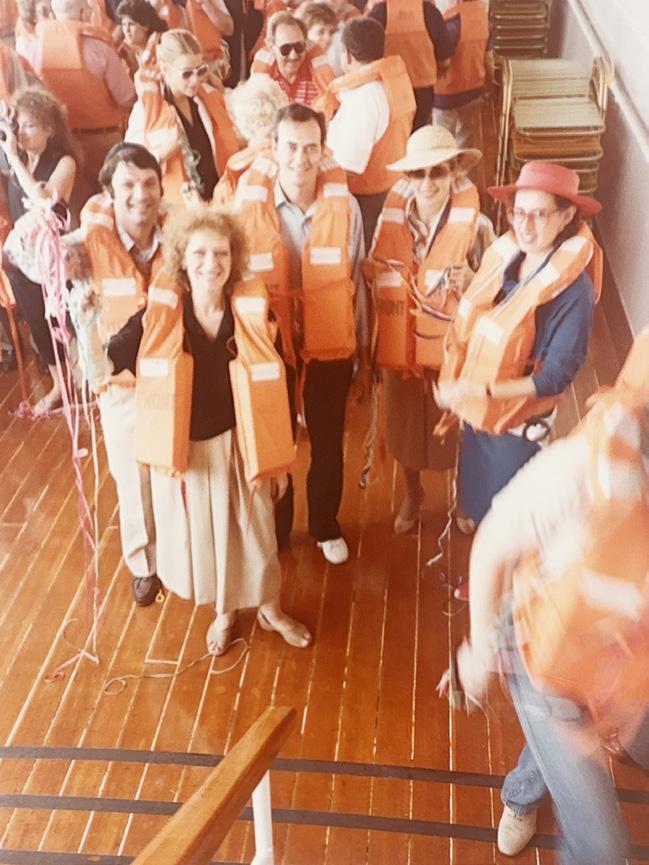
We went on a cruise to Cozumel, Mexico in 1977 with Fay and Chaim Fortgang and Ruchie and Joe Eichenbaum. The cruise ship was called "Song of America." We relaxed at the pool most of the day. In the evening, we had live entertainment for which we dressed formally. We were greeted at the door by the captain of the ship. The staff were all very friendly and hospitable. It was a delightful
experience for us, spending time with our friends.
In 1994, we went to Monte Carlo with a group of people from the camera Industry. We stayed in a luxurious hotel called Hotel Hermitage, overlooking the Mediterranean Sea, with a private terrace. The view of the sea from our balcony was breathtaking, overlooking many yachts and magnificent homes. The staff at the hotel was wonderful and everyone was very attentive to our needs. There was a casino where formal clothing was required. We drove along Côte d’Azur on a winding road which was quite scary. It is famous for its beach resort.
We travelled to Italy by bus to go to the Italian Riviera. The conductor came on the bus and asked us for our passports. I only had a green card which was not sufficient, and I was asked to get off the bus. I was taken back to Monte Carlo. To cross the border to Italy, I needed a separate ID to show that I was a citizen. I was so embarrassed when I had to leave the group. We got back to the hotel and the people from the group felt so bad for us. They threw a small party. It made us feel good that they were so sensitive to my feelings.
The next day, we visited the changing of the guards at the Palace, it was very memorable and exciting. We also travelled to the city of Cannes; a city known for its film festival. kosher food was provided for those people who requested it. Others, who did not eat kosher, came to our table wanting to experience the taste of our food. It was more enticing than what they had.
When we returned to Monte Carlo, we stayed in Hotel de Paris, a famous five-star hotel. Chaim arranged a birthday party for me, accompanied by a five -piece band. I was shocked and surprised! All the people from the trip attended the celebration. I will never forget this beautiful event.
In 1974 we went to Paris with a group of friends. We toured the Eiffel Tower and the Louvre. We went on a night cruise that was very enjoyable and relaxing. During the day we went shopping and sightseeing. We found the people in Paris unfriendly, which made us uncomfortable. Our stay in Paris was short, but long enough to see and experienced places that we had never been to.
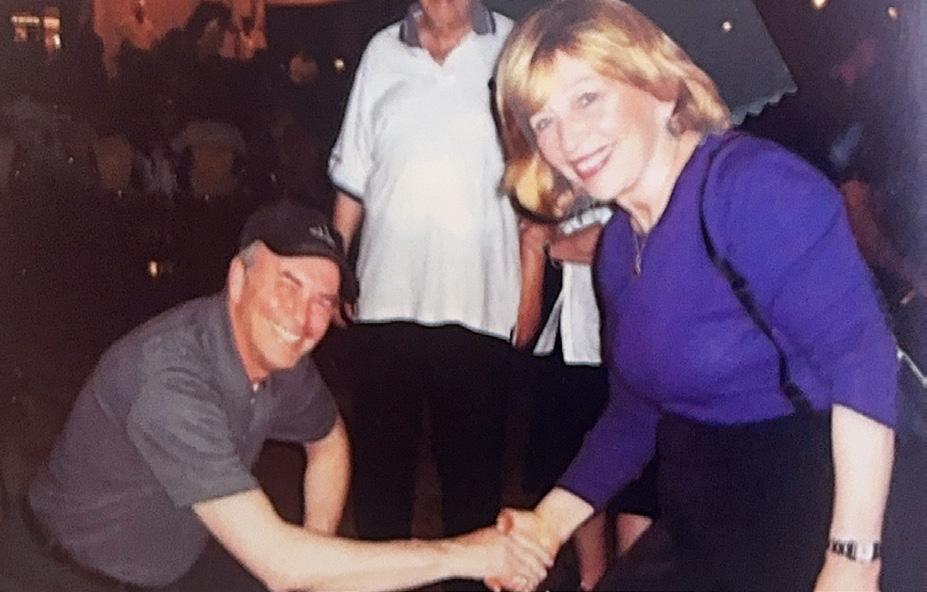
Our trip to Italy was on July 4th, 2012. We went with Chavi and Yankel Dovid. We stayed in Venice in an upscale hotel called Ca Sagredo Hotel. Every day we went on different trips. One evening we visited San Marco Square. My friend Chavi reminded herself that she had seen a movie filmed in this square. In the movie, a man proposed to his girlfriend. I told Chaim that this was his opportunity to propose to me since he never did. He obliged and got down on his knee. From there, we went to a jewelry store where he bought me a necklace. I was very emotional and started to cry. It was a moment that I still cherish and will never forget.
The next day, we headed toward Napoli and Sorrento. Sorrento is the most beautiful town overlooking the Bay of Naples. We found the Italian people to be friendly and helpful. Language was not a problem.
We also went to Milan and stayed in a five-star hotel, Excelsior Vittoria. The hotel was surrounded by the most beautiful gardens. Sophia Loren and Pavarotti stayed in this hotel. We had breakfast in the hotel accompanied by soft music. The ambiance was fit for a queen. After breakfast we headed towards Pompeii. It took one hour to get there. We walked around to see the ruins; however it was unbearably hot, so we curtailed our adventure and went back to the hotel near Rome.
Our departure to New York was on July 12th, Chaim's birthday. Our plane was delayed one hour but we made good use of our time-Chaim learned and I read a book on Rebbetzin Kanievsky. Chavie and Yankel Dovid continued their trip on a flight to Israel.
We took a trip to Israel in May 1987. We went with Natalie and Henry, our good friends. We used a tour guide to go to various holy places, including kevarim and the Kotel.
We went to Tzfat, which is famous for its art galleries and kvarim. On Friday night we went to the Kotel and witnessed the most beautiful davening. Yeshiva boys were singing and dancing. As they finished, they respectfully backed away with a dance. It was a beautiful sight to see.
We had the privilege to visit an army base. It was so exciting to be able to participate in such an event. We were allowed to enter the inside of the tank and experience a military operation. Jo's brother was the colonel of the tank force and arranged for us to participate in the army manuever. We were treated royally. This was an experience that I will never forget.
We also visited my uncle Meyer, my aunt Etus and their children who lived near Beer Sheva, in a town called Tifrach. They had three children.
Unfortunately, the youngest daughter was killed by an army truck as she was getting off a bus. My aunt and uncle were never the same after that tragedy. Their oldest daughter, Klari, passed away from pancreatic cancer. Duci is the middle daughter who lives in Beer Sheva. We speak to each other often. Due to various circumstances, we were not able to see each other as often as we would have liked to.
We knew friends who were close to Rabbi Grossman. He arranged for us to meet with Rabbi Grossman at Migdal Emek. When we arrived, Rabbi Grossman wanted personally to take us around the campus. We told him that it is not necessary as he is a busy man, but he insisted saying, "Am I not allowed to have some time off from my busy schedule?"
As we were walking, Rabbi Grossman saw a little boy sitting on a bench looking sad. He walked over to him, stroked his face, and gave him a hug. This is who Rabbi Grossman is. He demonstrates great sensitivity and love for everyone. It is a zchus to have a man of such greatness live among us. We had an uplifting experience.
For my 70th birthday, I really wanted to go to Eretz Yisrael but because of Chaim's stroke, I could not follow through with that. But ten years ago, in July 2011, I was able to go on a very memorable and wonderful trip to Hungary. I went with my cousin Evi, Duci, and her husband Eli. Evi's daughter Hendy, who lived in Brooklyn, also came on the trip with us. I went without Chaim. We stayed at the Four Seasons Hotel. We took advantage of their spa and whirlpool; and we had an amazing time reminiscing about our
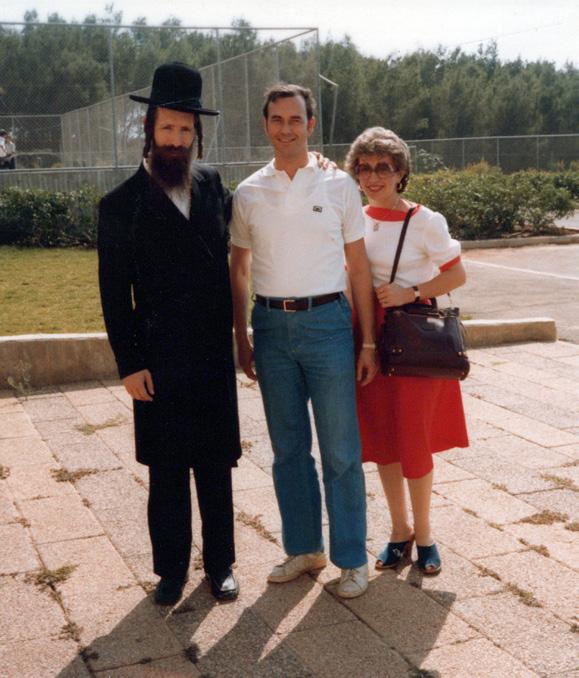
childhood and did not want the evening to end. We even enjoyed tasting Hungarian food at the dairy restaurant.
During the trip, we had the opportunity to visit the Parliament, a Hungarian building which is a world renowned. We walked across the Lanc Hid, (the Chain Bridge), visited Heroes’ Square, and Dohany Synagogue. Many of these places are famous and world renowned. The synagogue was restored in the late 1960’s. It was very emotional to see the beauty and architecture of this magnificent building. It’s a place where every stone tells a story, every echo sings song of the past, and every visitor leaves a bit more connected to the rich tapestry of Jewish history.
The next day we travelled to Debrecen, the second largest city after Budapest. As a child, this city always had an aura for me. Now visiting, I was able to see the beauty - this city still stayed intact. It was clean and cared for. I met a young Jewish man who I befriended who worked to keep the shul clean. The Dohany Street Synagogue is both a worship space and home to the Hungarian Jewish Museum, where you can learn about the Jewish history and the devastation of the Holocaust. It reminded me of my mother's tragic life. We also saw the Holocaust Cemetery and the Raoul Wallenberg Holocaust Museum Memorial Park. Looking at his statue brought back memories. Raoul Wallenberg was known for his goodness and kindness towards the Jewish people. He had rescued many Jews. He is known for all his generous achievements. The statue is near the Danube River where there is an exhibition of those who were murdered. Looking at the shoes that are placed there brought back terrible memories and sent shivers down my spine, thinking of all the physical and mental abuse the people went through.
I want to take you back to my birthplace in Kisvarda to the time when I
returned with my cousin Evi in 2011. We visited our school and the home where we grew up. The house where my cousin lived was still in existence, however; the house that I lived in was no longer there.
I remembered the Post Office, which was a landmark, and we lived across the street. It brought back memories of my childhood. Being an only child was lonely. I wanted a sibling very badly and was told that a stork comes to visit at the post office and that I could ask for a sibling. I was disappointed when my wish did not come true.
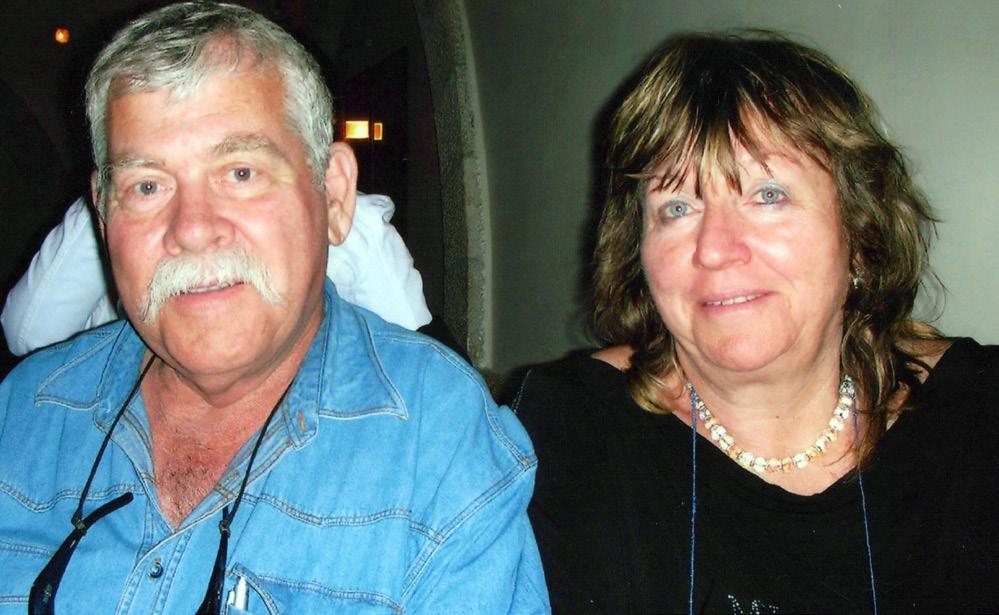
My cousin took me to the house that we shared. When we approached the house, the owner of the house was gardening. My cousin went over to her and asked if we could go inside. She allowed us to walk through, and it brought back vivid memories. We then visited the school that we attended, everything stayed the same as I remembered. We signed our names on the blackboard and the date, July 30, 2011.
Another meaningful stop we made was the shul in Kisvarda. It is worldrenowned for its architectural beauty. It has gorgeous stained-glass windows throughout. It was breathtaking! This shul was where my family davened, and the inside of the shul brought back spiritual, uplifting
memories. After the war, the center hall of the synagogue established a memorial listing all the names of the people who died during the Holocaust. It is made from marble, and the names are etched in stone. Memorial candles were placed above it. My uncle Bela Bacsi survived the war and became the shamus of this synagogue. Unfortunately, a few years later, he died of a heart attack at the entrance of the shul. We went to the cemetery where my uncle is buried, and we davened at his kever. Overall, this trip was a very memorable.
My cousin Evi had come to America from Hungary at the age of sixteen. She and I were close. She attended Bais Yaakov high school and went to Brooklyn College. She worked for 30 years at Ernst and Young before she retired. She held a prominent position in the company. A year after she left the company, she was diagnosed with uterine cancer and passed away eleven months later. Her death was devastating for me as it was two weeks after Chaim had a stroke. At Evi’s levaya I was crying asking Hashem not to send me any more challenges. After her death I became close to her children.
Chaim's 80th birthday was a great milestone. I am grateful to Hashem for sharing his 80th birthday together with our family. It means a great deal to me to see how far Chaim has come after all these years. His friends and family admire him, and I am grateful for that. His pleasant smile warms people's hearts. Chaim always said that a person's life span is determined by the One Above. No one has the privilege of choosing his situation. Still, we can choose how to react and how to cope with whatever life situations Hashem gives us. Chaim chose the path of spiritual action. He chose to rise early in the morning to say korbnos and Tehilim for many sick people even before he starts to daven Shacharis. When the Bobove Rebbi from Toronto called him after his stroke, I overheard him say, "Whatever Hashem granted me, I accept B'Ahava.” I could not believe what he said. This is what our children saw, and they admired him for it.
My daughter-in-law Aviva arranged a zoom party since not everyone was able to attend in person. All the children and grandchildren participated. Aviva asked each person, "What's the most impressive thing you learned from Zaidy?"
The most popular answers were-how Zeidy is so engrossed in his learning, davening, and getting close to Hashem. He does not waste any time, even when he gets a phone call, he makes sure to say a dvar torah. This is what our children see and try to emulate. No one has the privilege of choosing his situation. Still, we can overcome things.
Another observation was that Chaim is respected in our community and in our shul. People admire him for his devotion and kindness, and he sets an example for all ages. It was not only grandchildren who provided Chaim with respect, it was other children, as well. When several children saw us coming toward the shul, they would run toward the shul and hold the door until we entered.
For the celebration Aviva ordered a magnificent cake - an exact replica of a Sefer Tehillim that Chaim uses daily. It was very meaningful. Chaim gave a little speech thanking everyone and a special todah to Hashem for giving him a wonderful family with a lot of nachas. He ended it off by saying, "If it wasn't for Agi, I wouldn't be here today." I will admit, it feels very good to be needed and appreciated.
As a special personalized gift, Chaim received a beautiful set of Tanach. It is leather bound with his name engraved upon it. He is excited about this meaningful gift and is looking forward to learning from it. Along with that gift came four orchids representing our beautiful, good-natured boys. It was an incredibly special day. It was a special and memorable day to be able to spend time together with our family.
OnOctober 21, (Erev Yom Tov), we arrived in Toronto to celebrate Chol Hamoed and the second days of Succos with our beautiful family. It is always a treat and pleasure spending time with them. Tamara and Yehuda moved into a new house, and it was their first time celebrating Succos in their new home. The Succah was decorated so beautifully. Pictures of Gedolim were placed on the walls of the Succah. It felt so special, like they were there with us, celebrating Yom Tov.
My granddaughter Tamara is extremely talented and a great chef. She cooked such beautiful meals, befitting a king and queen. I am so impressed with her culinary delights. All other meals we spent with Yaakov, Aviva, and family. It was nice to spend time with Aliza, Netanel, and their children. They added to our simcha.
On Simchas Torah, my son Yaakov and Yankel Dovid's son-in-law planned for the davening to be held in his brother-in-law’s house, the home of Yitzie and Deena Gunsberg. Chaim and Yankel Dovid's friendship goes back over 60 years. This was a special milestone. Simchas Torah was very lebedik with a lot of family and friends. During the Hakofos, Chaim and Yankel Dovid were holding hands and dancing. Watching them dance brought back memories of the times when both Chaim and Yankel Dovid were in their prime. I remembered when they both played ball. I witnessed two older men dancing and holding hands when both had difficulty standing unsupported. Yes, we are getting older, but we should continue to enjoy each other's company for many more healthy years to come.
My grandson Avrohom, who is now eighteen years old, was a tremendous help. He was always available to help with his grandfather. He did it lovingly and with a smile. During this time, I had an opportunity to spend quality time together with my grandson. I got a better understanding of a seventeen-year-old teenager. We developed a close bond since we do not get to see each other very often. I really enjoyed our time together. Avrohom is a special boy with great Middos. I am very proud of him.
On November 12, two days before our great grandson’s bris, Srulie and IIana called Chaim and asked him to be sandek for their sons’ bris. Chaim was overwhelmed by this honor. He accepted happily, with deep emotion and gratitude. Yossi and Eli picked us up at 5:15 AM to get to Toms River.
A beautiful lavish seudah was prepared at Dovid and Estee’s home and Srulie gave a beautiful dvar torah which we all enjoyed. After the Seudah, people lined up by Chaim to receive a bracha. Observing this, I became emotional, reflecting on when Chaim had his stroke and was unable to make a bracha. Chasdei Hashem, he has come a long way. We are grateful
to Hashem for all the brachas he has bestowed upon us, we should be zochai to have many more simchas bekorov.
On Shabbos Vayera my children hosted a kiddush in our shul, (Heichal Dovid) in honor of our departure to West Palm Beach for the winter. We were totally surprised by this gesture. Yossi and Eli both had aliyas to the torah and Yossi davened mussaf. I was extremely proud of my children. We went down to the kiddush room, and the rabbi came to wish us well, knowing that Chaim was a sandek at our great grandson’s bris. Rabbi Stern wished him that all the brachas that Chaim gave to people should come back to him.
I would like to express my hakoras hatov to everyone who is part of my life: first, to Hashem who gave me the strength and daas to protect my parents from my difficult situations.
I want to recognize and thank my husband who always stood by my side, giving me Chizik.
Thank you to all my children who encouraged me to write this book. I feel gratitude that I was able to share my life experience with them. It was a long journey. Hopefully, they will have a better understanding about the trials and tribulations of my life.
I am grateful to Hakadosh Baruchu who showered me with my beautiful family that gives me much nachas.
May Hashem continue to watch over us. Your loving mother and Bobby
With the conclusion of my book, I would like to give over a personalized message to my family and friends. Always trust Hashem and never lose your faith. Appreciate every day to the fullest and thank Hashem for all the gifts he showers upon us.
This book is a celebration of what I was able to overcome and many of my challenges. Looking back at my life, I realize that I have become a keen observer of myself and my behavior. I have a deep sense of justice which I believe I inherited from my parents. I know when I am happy and sad, know what makes me upset and angry and I know when I am wrong. I am so self-observant I can turn my unhealthy feeling on a dime, quite the opposite of people who hold onto lifelong grudges. I also know that apologizing does not mean that you are wrong, and the other person is right. It just means that you value relationships more than your ego. Every soul has its own journey. Hashem holds our hand and brings us to where we need to be; therefore, my personal mottos are “each day is a gift” and “one day at a time” Words that emulate from the heart will enter another’s heart. I hope and pray that my words will be perceived in the manner I have tried to convey.
I continue to be very blessed from Hashem for granting me precious children, grandchildren and great grandchildren who lend joy and meaning to my everyday life. May we continue to celebrate more simchas and greet Moshiach bekorov.
My special thanks to my good friend and neighbor, Irma Kramer, who helped me put my thoughts into this special story of my life. She was helpful, and I thank her for it.
Special thanks to Rifka Plaut who through her writing talents and expertise provided input to make this book a success.
Ingredients:
16 oz ziti noodles
1 tablespoon salt
1 cup unflavored breadcrumbs
1 cup oil
Directions:
Boil noodles with enough water to cover the noodles
Cook until the noodles are soft
Drain off the water
In frying pan, add the oil and breadcrumbs (stir until breadcrumbs are golden brown.
Mix breadcrumbs together with the noodles.
Serve and enjoy!
Notes:
Ingredients:
Chicken bottoms
Can of whole cranberry’s
1 packet onion soup mix
Directions:
Mix together the cranberries and onion soup mix and spoon it onto the chicken.
Bake on 350 for 1 hour and 30 minutes
Baste the chicken as baking.
Uncover for the last 15 minutes.
Serve and enjoy!
Notes:
Directions:
10 or 12 oz thin luction
Boil and drain
Add:
1 1/4 cup sugar
1/2 cup vegetable or canola oil
4 large eggs
1 tsp salt
3/4 tsp ground black pepper
1 tsp vanilla sugar
Bake on 350 for 45 minutes to an hour
Serve and enjoy!
Notes:
Directions:
5 potatoes - (grade)
5 eggs - beat up
Mix together
1 Tablespoon of flour
3/4 cup of hot oil
Salt + pepper
Bake in 350 degree oven for 1 hour until golden brown
Serve and enjoy!
Notes:
Sautee 1 onion in oil
Add 1 bag frozen mixed vegetables Ie. Cauliflower, broccoli, carrots.
Next:
Add enough water to cover the vegetables
Add salt and pepper- let it cool until vegetables are not fully cooked.
For the dumplings:
Batter:
4 cups of flour
6 eggs
1 teaspoon salt
1 cup of water
With the tip of a spoon, drop a small amount of the batter into the soup.
When finished scooping, let it cook for 15 minutes.
Notes:
Sarah Leah
Aviva = Michoel
Srulie = Eliana
Yehuda = Aliza
Ari
Ilana = Sruli
Eliezer (Eli)
Aviva
Aliza = Netanel
Tamara = Yehuda
Racheli = Shaya
Ahuva = Shimi
Elana = Ari
Leah = Hillel
= Shabsie
I would like to enclose a letter from Mrs. Roth’s family, (her daughters), who expressed their personal feelings of our relationship during these challenging times. It was important to them to let me know the effect that I had had on their lives, and to their mother. Reading about their feelings makes me feel even closer which brings tears to my eyes. Being in this situation made me realize the importance of being on the giving side. I learned so much from them and I am forever grateful.
May Hashem always provide us with Brachos L'eolam V'oed!

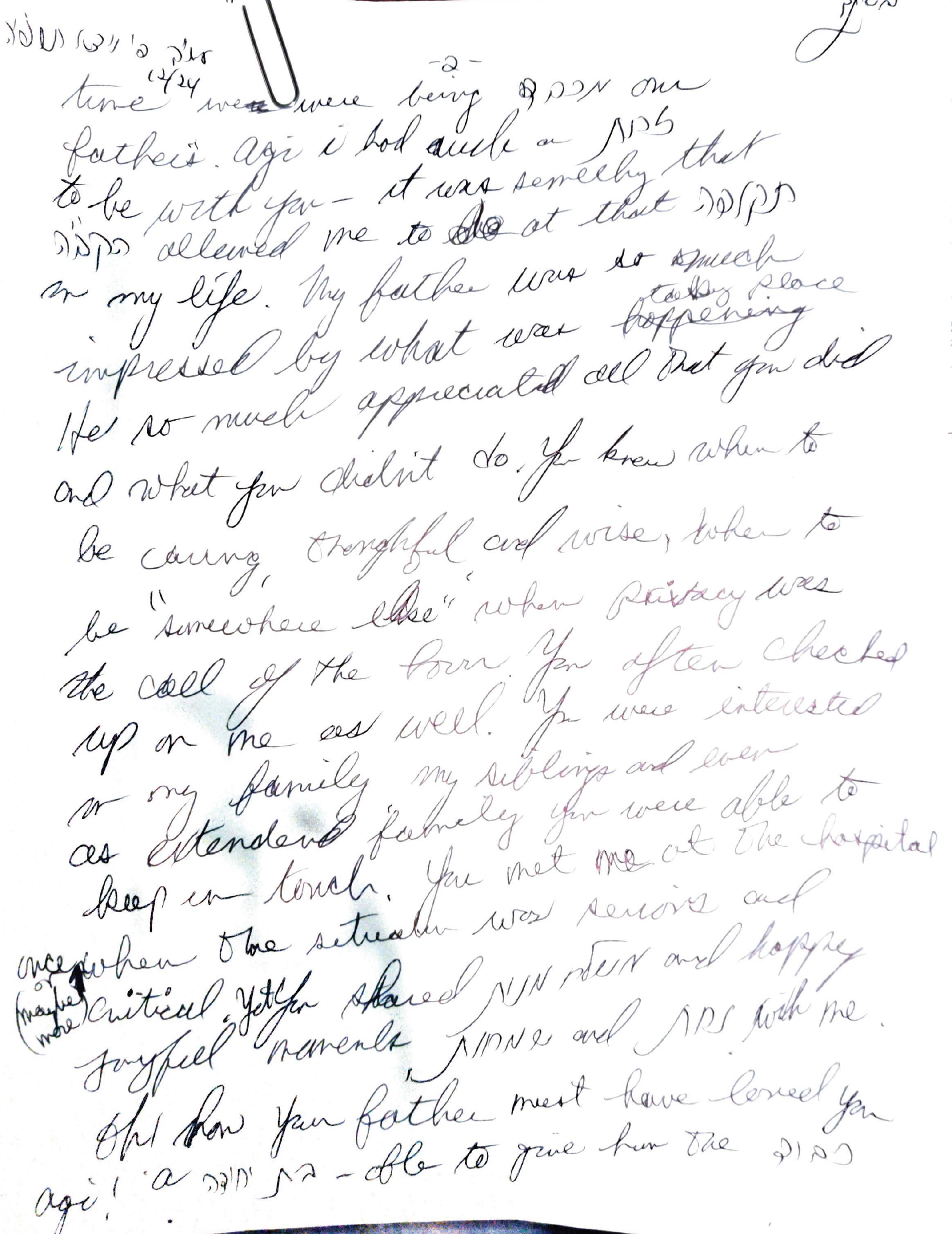
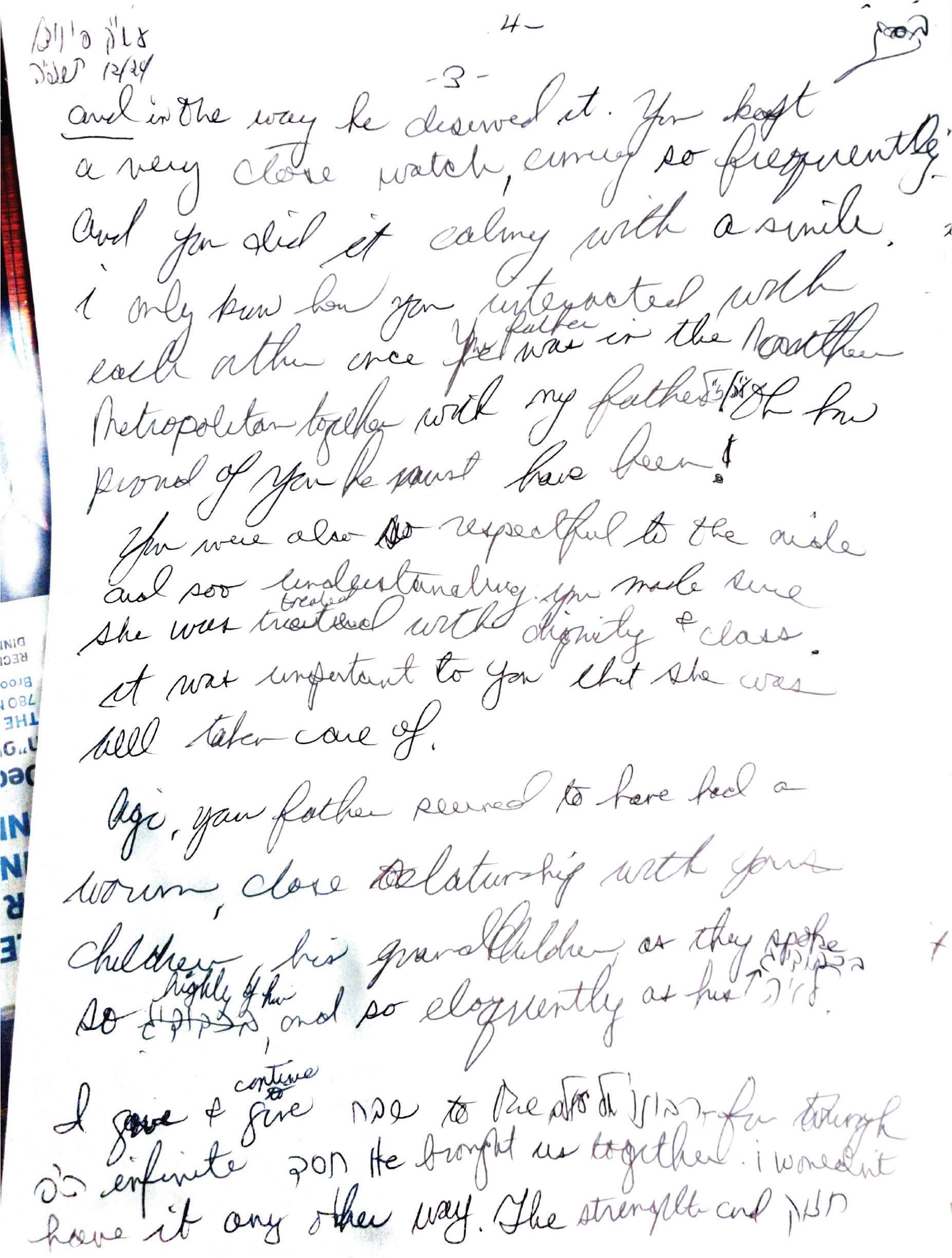
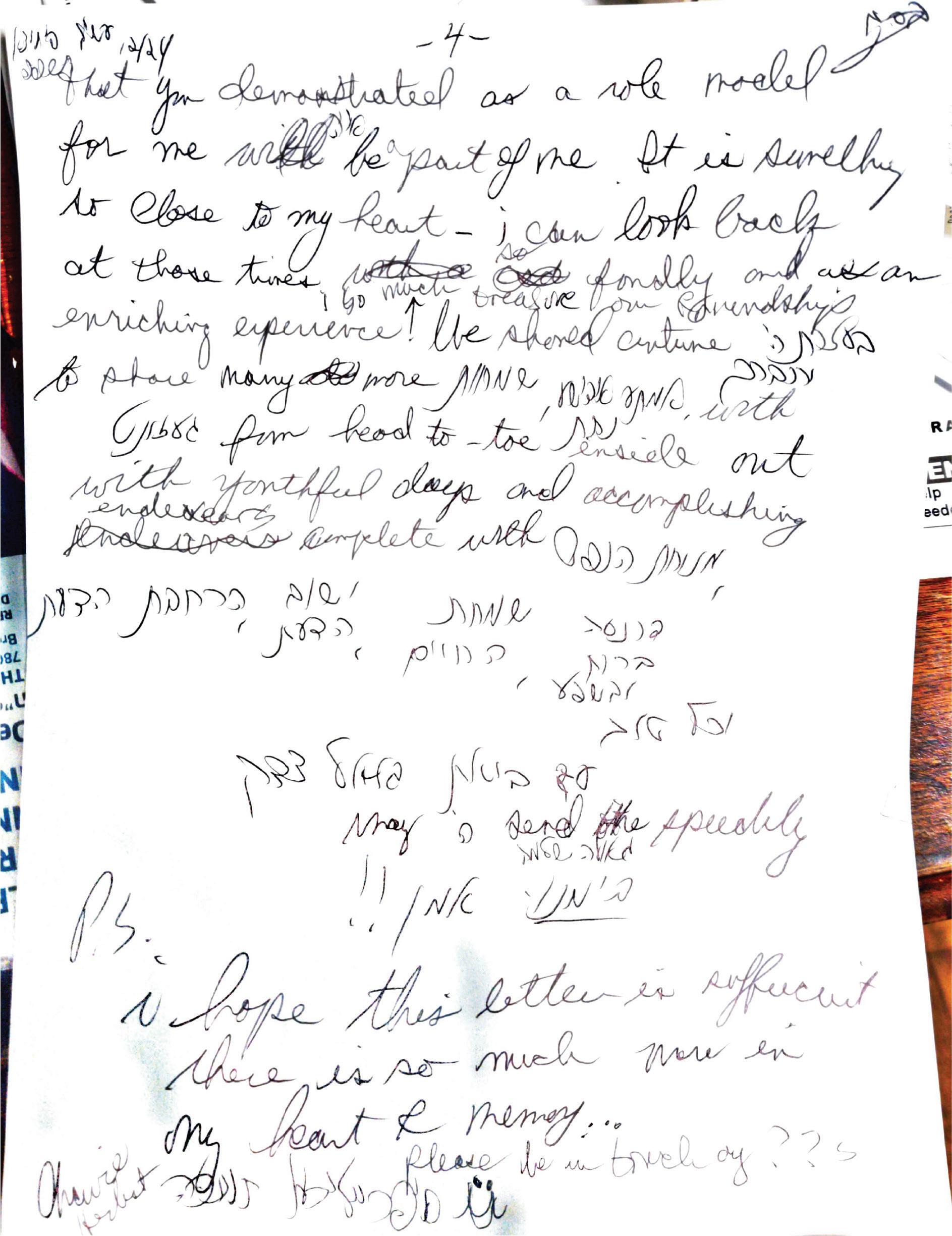
Dear Bobby,
I’m so excited to be part of your book and to share some of my favorite memories with you!
We always love coming to your apartment and bonding in the kitchen over cookies. Nothing beats sitting down to your delicious breaded macaroni and lukshen kugel. It’s always a treat! I’ll never forget how much fun we had doing Zumba together—you’re the best Zumba teacher!
Our summer walks on the Long Beach boardwalk and our Rummikub games were some of the best times. Those moments with you are so special, and I cherish them deeply.
We love you so much!
If I could describe my mother in one word it would be “selfless”. Some might think that’s due to the extraordinary commitment my mother has shown caring for my father since 2017. However, selflessness has always been part of my mother’s DNA and is something she’s demonstrated as long as I know her. She’s always put others before her, starting with my siblings and I. She was always involved in Chessed, including Bikur Cholim of Monsey and many other chassodim. She’s always been someone who people going through hardships would seek for comfort and advice because of her extreme sensitivity and caring of others. Doing for others is my Mother’s oxygen and she is therefore someone I look up to and admire.
- Eli Eisenberger
Agi is not just a sister in law, Agi is a friend, and not just friend, but a good, caring and loyal friend. She is a very sociable person and truly cares about her friends and family. She personifies chessed from visiting a choleh, lending an ear or bringing cookies or soup to brighten their day.
We both lived in Boro Park and moved to Monsey the same year. We lived near each other and davened in the same shul so we traveled in the same circles. She and Chaimeventually moved to Lawrence but since we both had a place in West Palm Beach, we now spend winters together. When we meet new people in West Palm Beach, and just tell them “Agi is my sister in law”- everyone knows and loves Agi. She makes friends easily and becomes a good friend. I look forward to the time we get to spend together. It is great quality time- she is truly a special person!
- Faygie Eisenberger
As I look back on life, there are certain flashbacks that bring out a deeper appreciation than when they actually took place.
As a little girl, I was introduced to the importance of family from a very young age. It was Chaim and Agi who would take us on our yearly drive to Levittown, PA, to visit Uncle Nusie and Aunt Fritzy. We’d spend a few hours with them and enjoy the togetherness, which they—Nusie and Fritzy—clearly enjoyed as well. My mother, of course, was always quick to bring along Elite Israeli products and some homemade baked goods.
We all remember fondly how, after Uncle Nusie passed away, Fritzy was always invited to Chaim and Agi’s with open arms and an open-door policy for Yomim Tovim and special Shabbosim. Fritzy always sat with utmost respect right next to Agi in shul. She was always made to feel so welcome by everyone—after all, she was Chaim and Agi’s aunt!
As I was entering the daunting world of peer pressure in grade school, who do you think took me on a shopping spree? Agi! She and I took the subway to downtown Brooklyn and together we went to A&S Department Store (remember those days?). I was so excited—imagine getting a brand-new, stylish jacket that my mother didn’t even send me for! I was in seventh heaven. Of course, my parents couldn’t understand why this was better than something Leidy could have created—but Agi understood. She was my big sister who just got it. She saved the day.
Throughout the years that our parents lived side-by-side with Chaim and Agi, I always envied the opportunity they had (and to be honest, I still do to this very day). It was so comforting to know that our parents were not alone and that they always had the caring and cheerful company at 10 Miriam Lane.
The nightly visits from our siblings always ended with hearty joking around and lots of laughter. There was never a dull moment. Agi graciously invited Zeidy and Bubby for Shabbos meals, and they were treated with the utmost respect. We always felt connected and were welcomed with love by the whole gang.
After Zeidy was niftar, Bubby was urged not to sleep alone downstairs and was invited to join them upstairs in one of the spare bedrooms for the night. (I could go on and on.)
Now, at my stage of life, I can truly appreciate the good fortune that Chaim had when he brought Agi into his life—and into our family. I so admire Agi and look up to her with deep admiration as a true role model. She is always there for Chaim—through thick and thin—and Chaim, who is a thriving, brilliant star wherever he may be, has been blessed. Lawrence and West Palm Beach are fortunate to have this couple in their midst.
I am a very proud sister—and all my children know this as fact.
May Hashem grant them long life, in good health, happiness, and may we greet the Geulah speedily in our days.
- Rivkie Mikel
